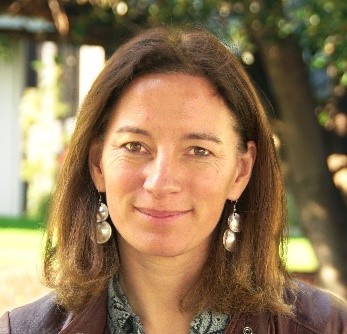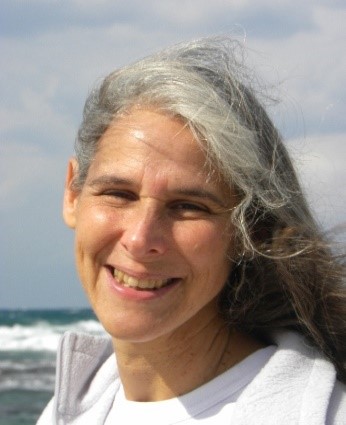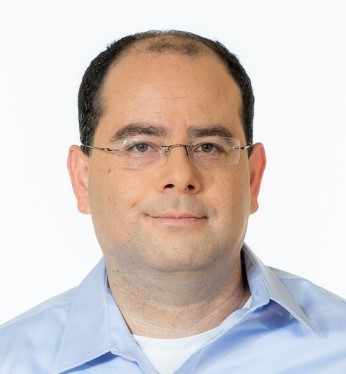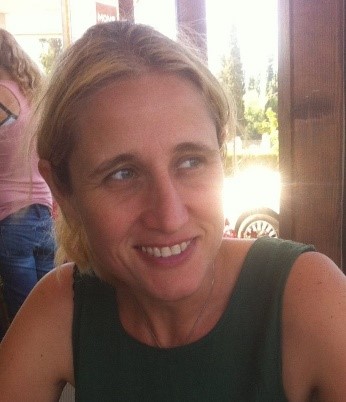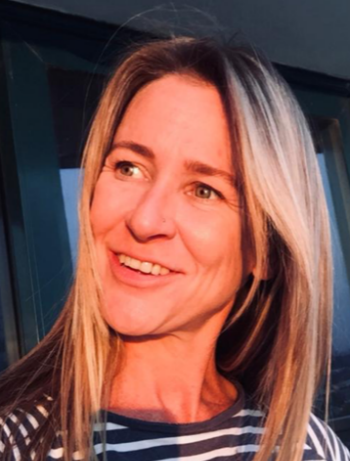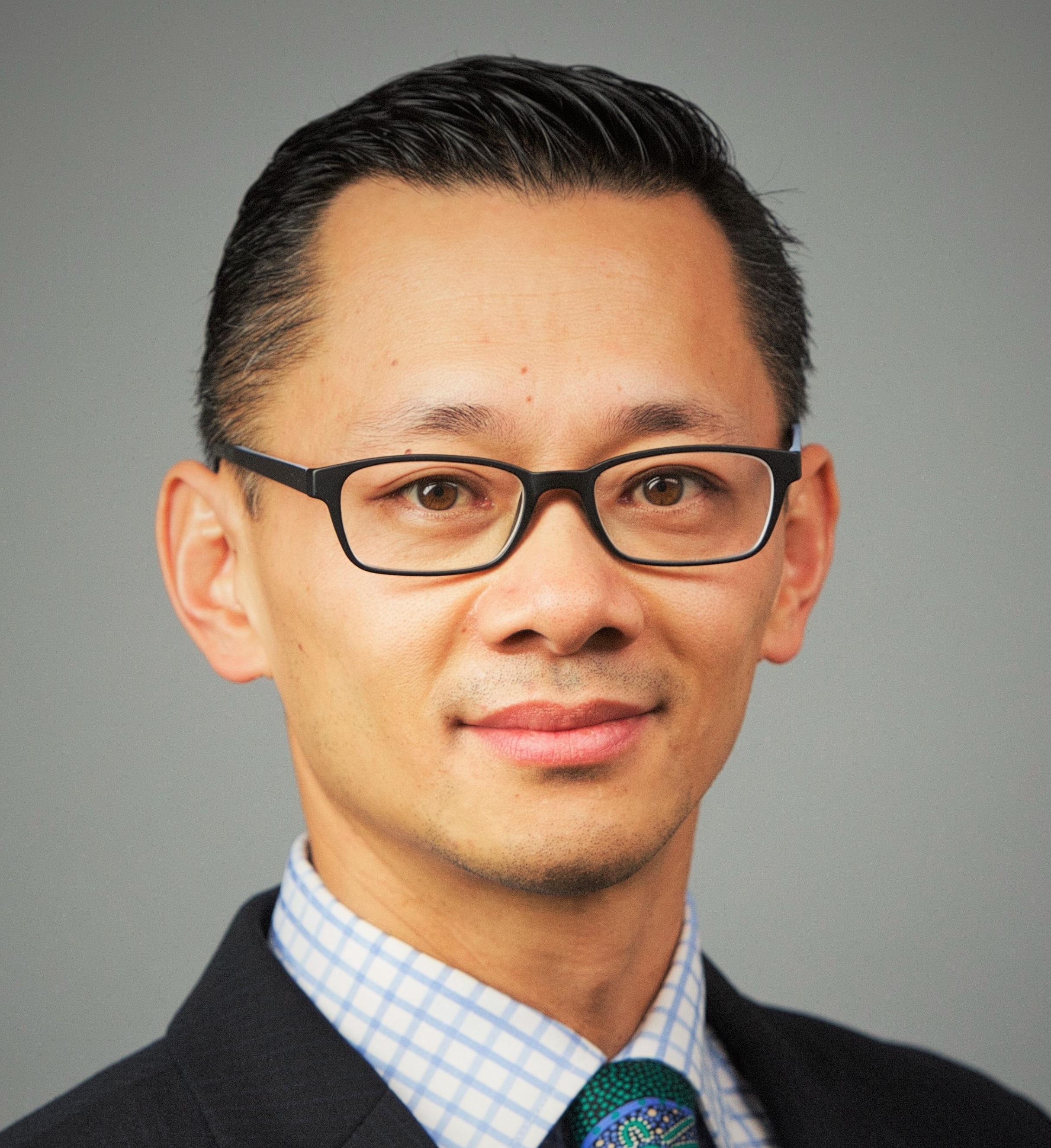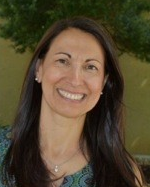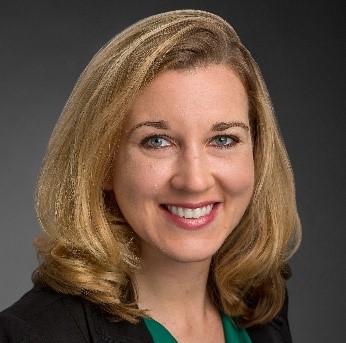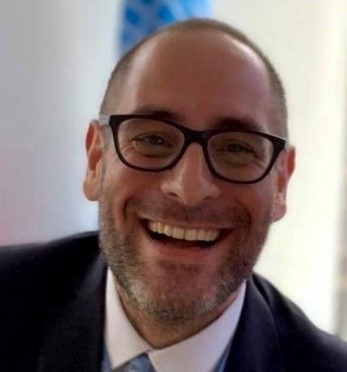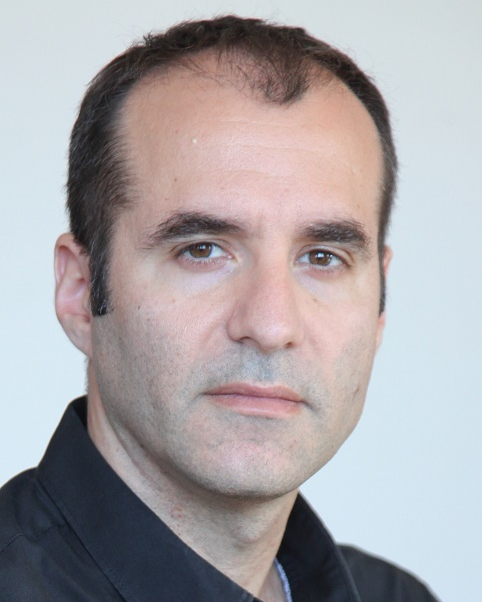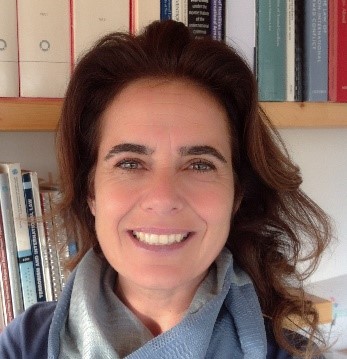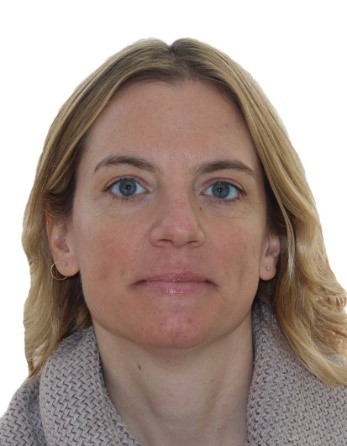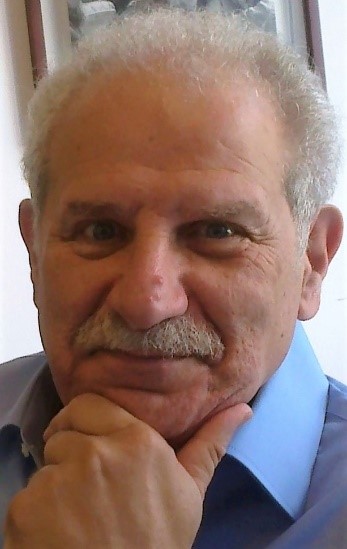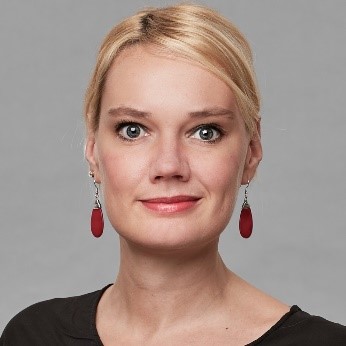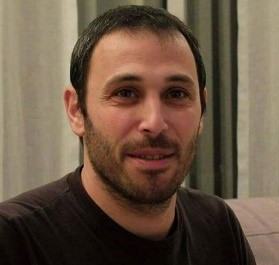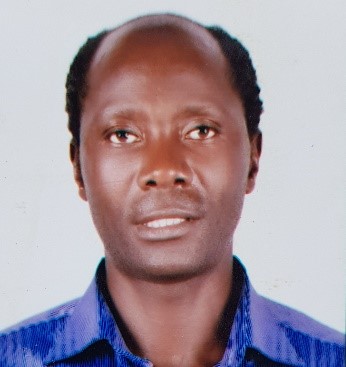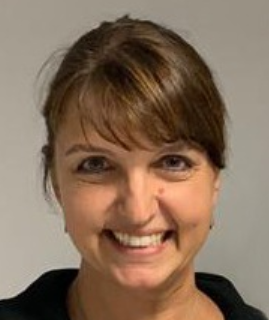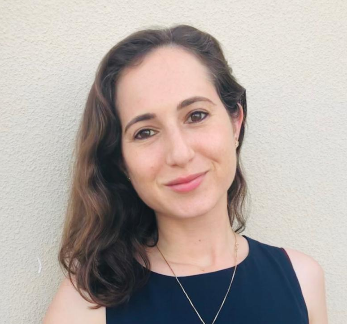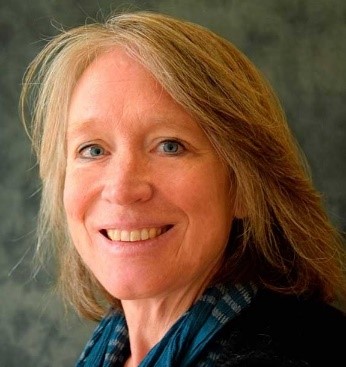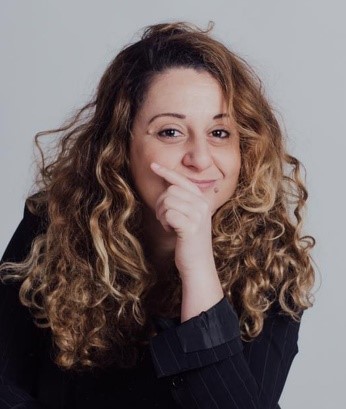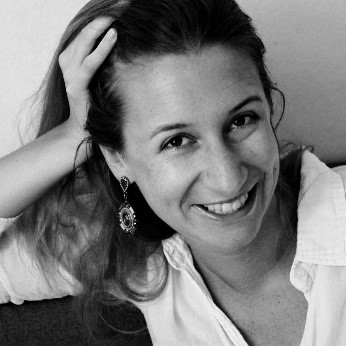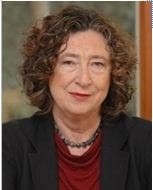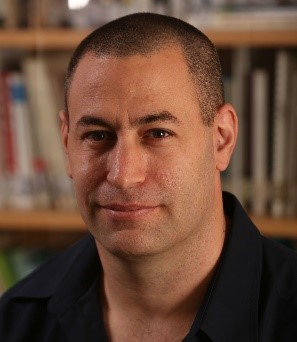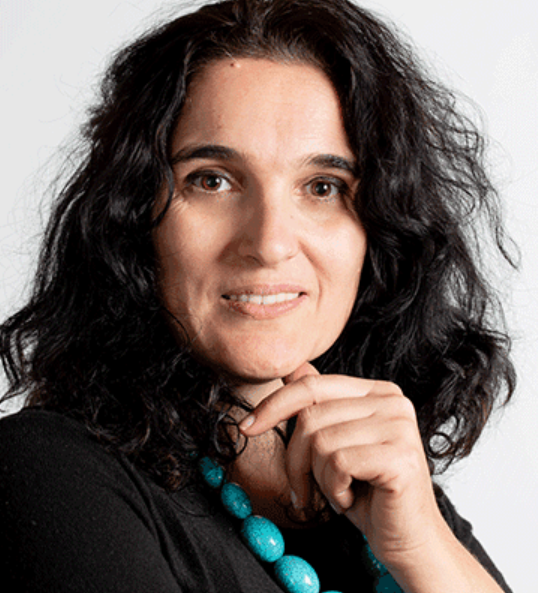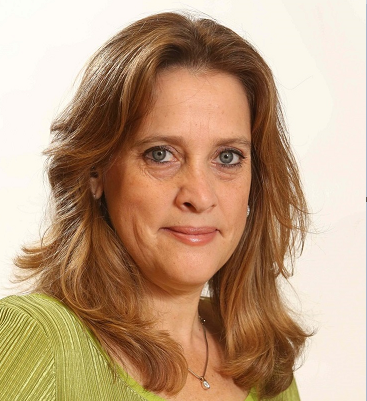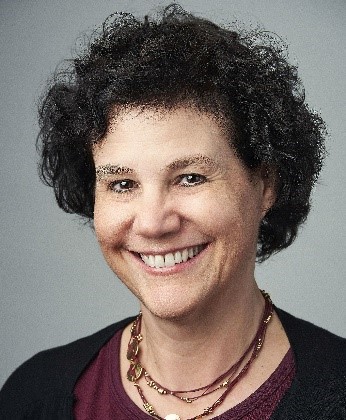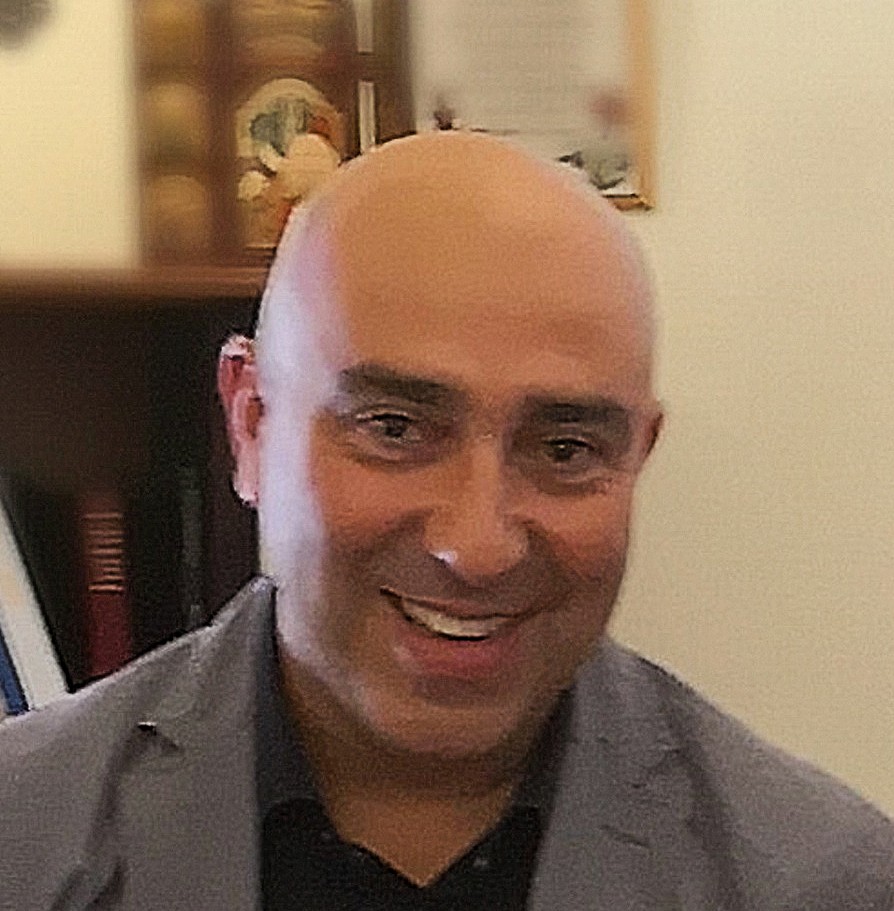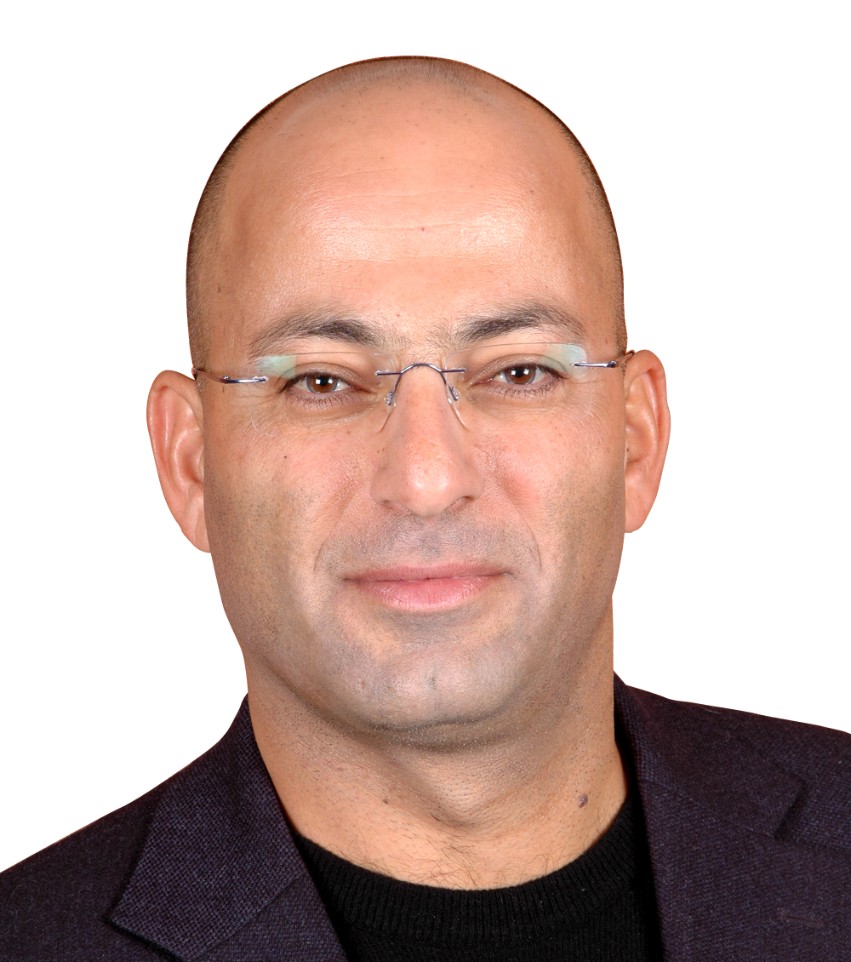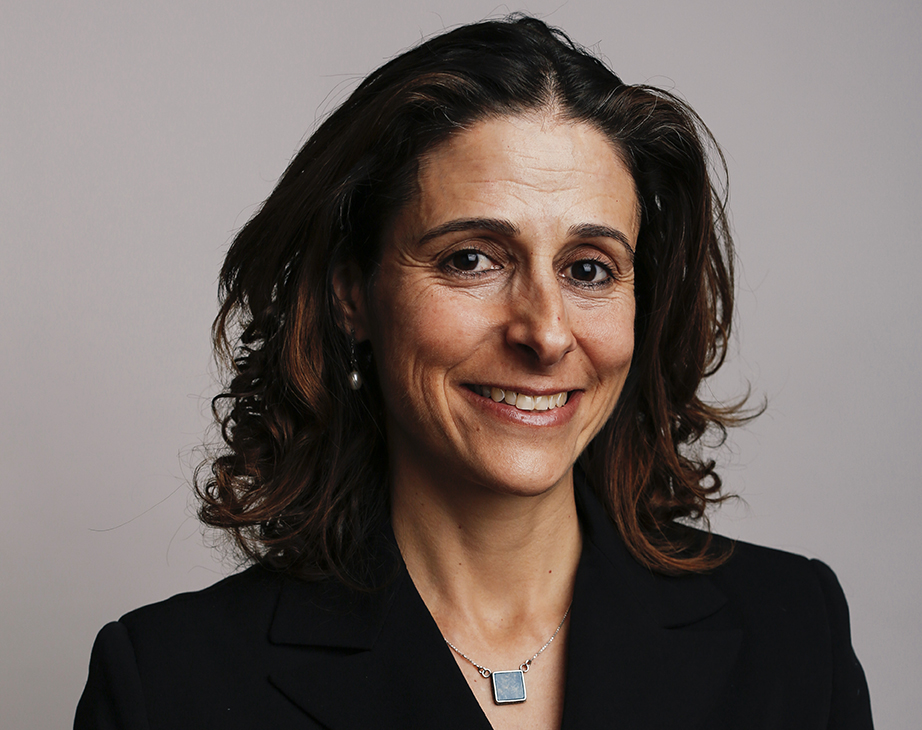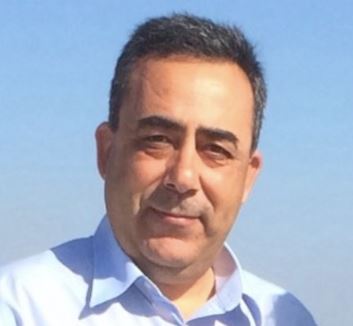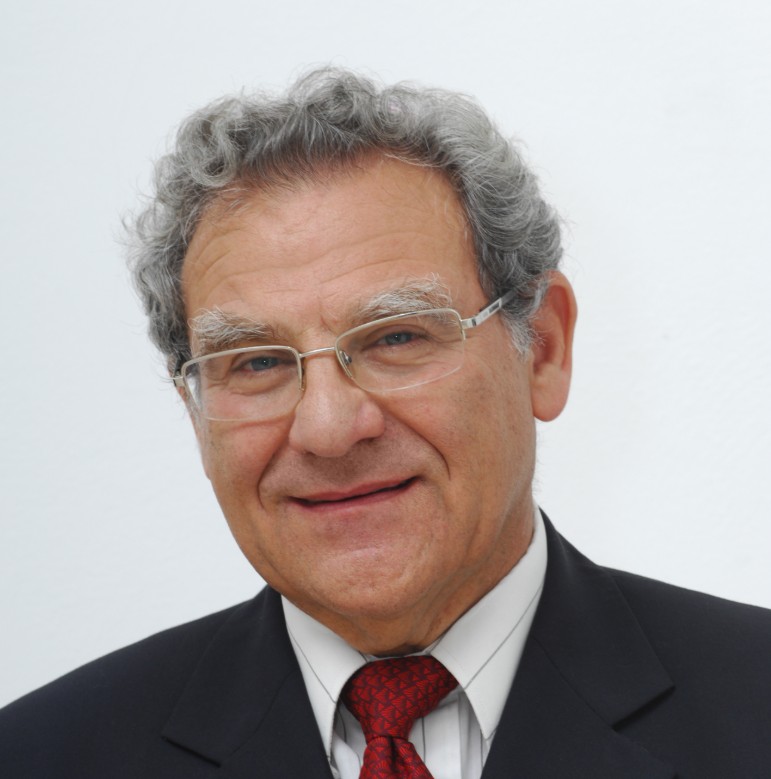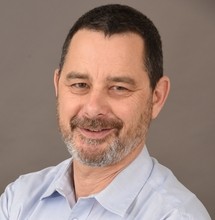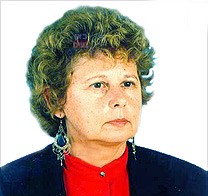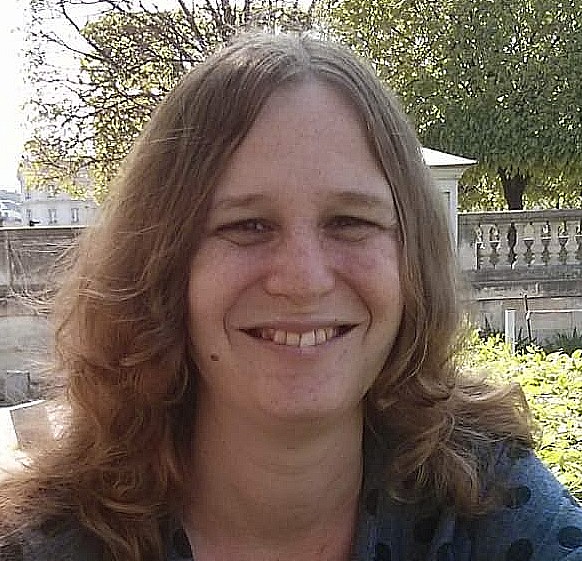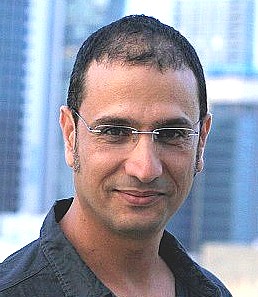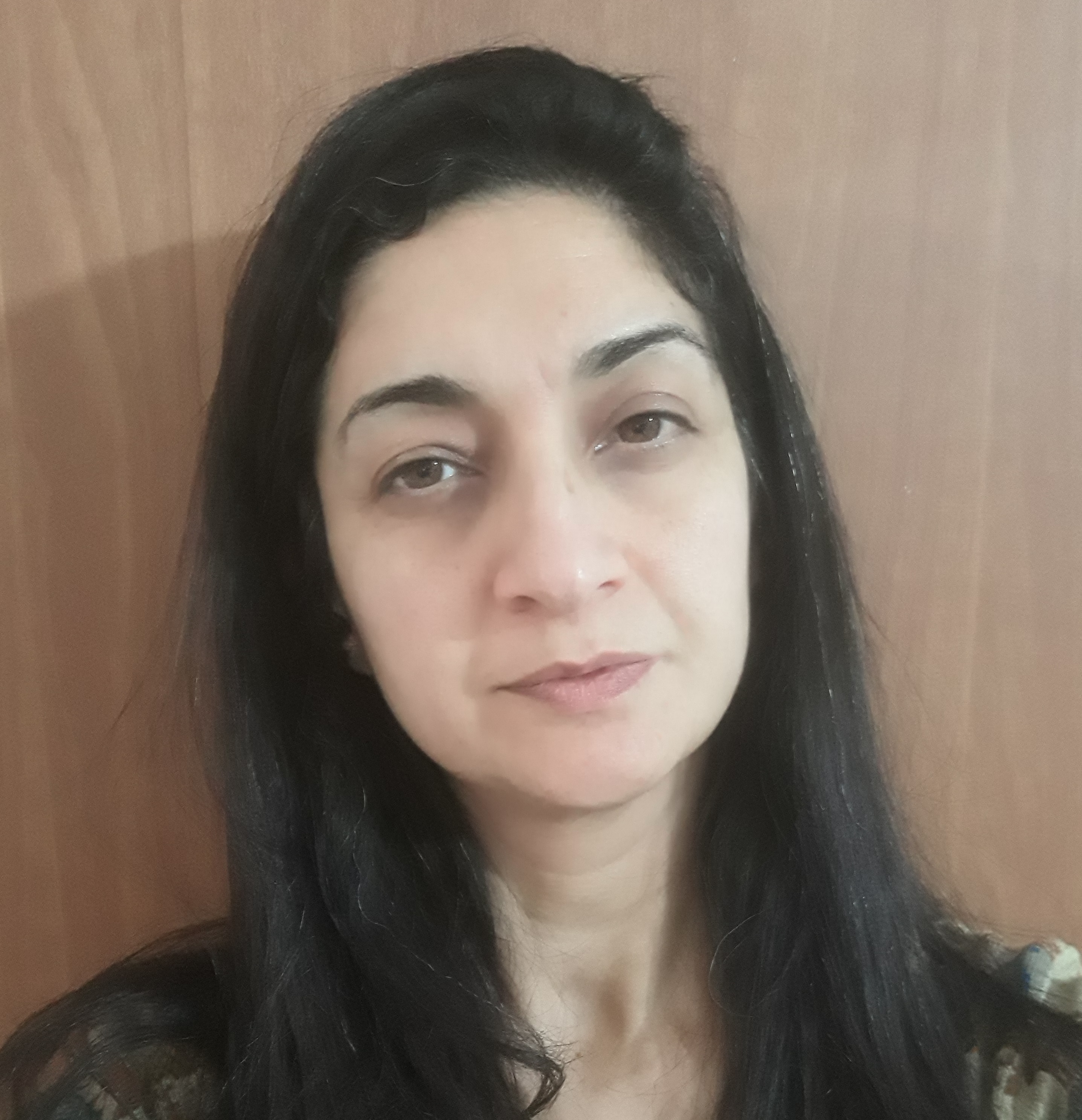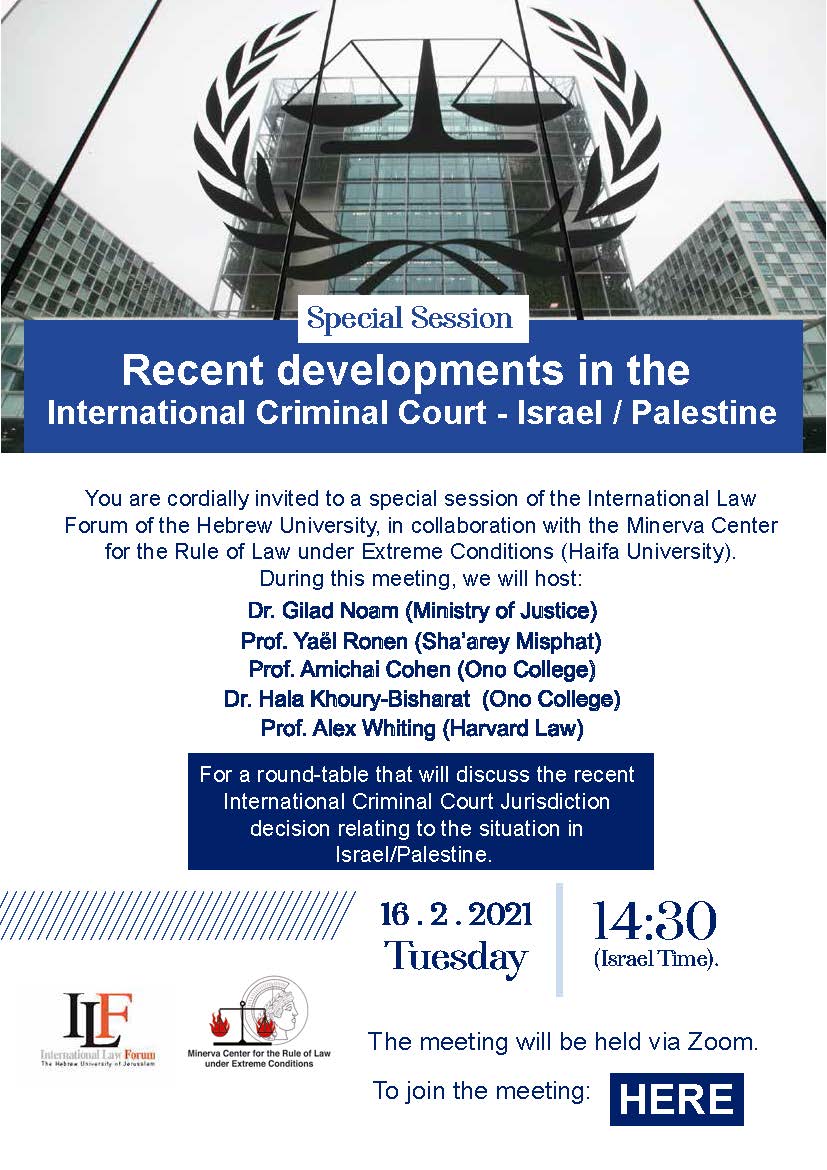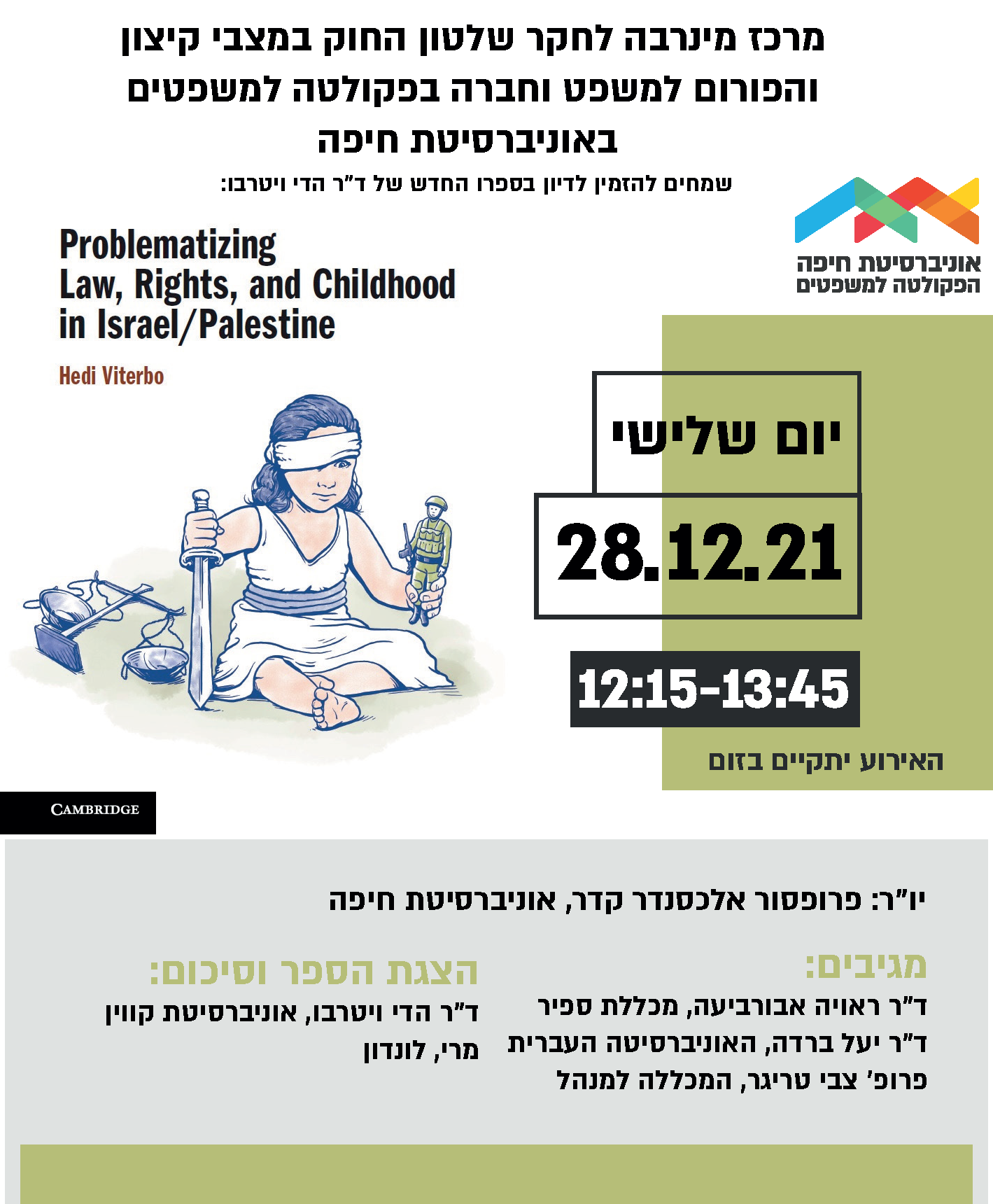סיכום כנס מרכז מינרבה לחקר שלטון החוק במצבי קיצון:
משפט ומצבי חירום – האם המשפט הישראלי ערוך למצבי חירום קשים?
הקדמה
ב-17 לפברואר 2014 קיים מרכז מינרבה לחקר שלטון החוק במצבי קיצון כנס שולחנות עגולים באוניברסיטת חיפה שנושאו: משפט ומצבי חירום – האם המשפט הישראלי ערוך למצבי חירום קשים?
בכנס השתתפו כ- 60-70 יועצים משפטיים ממשרדי הממשלה, רשויות מקומיות, ארגוני החברה האזרחית ועורכי דין פרטיים. במהלך הכנס חולקו המשתתפים ל-3 קבוצות, כאשר לכל קבוצה הוצג תרחיש ארוע קשה: אסון טבע, ארוע טרור ומשבר חברתי-כלכלי. בכל קבוצה התנהל דיון מונחה במהלכו התבקשו המשתתפים לדון בסוגיות המשפטיות העולות מהארוע שבתרחיש ובפתרונות הקיימים או חסרים בדין הישראלי, תוך התיחסות לשלושה מצבי זמן: לפני הארוע (מוכנות, מניעה, אתרעה), תוך כדי (התמודדות) ואחרי (שיקום).
שלושת התרחישים (אסון טבע, טרור וארוע כלכלי-חברתי) מצורפים לסיכום זה בנספחים 1-3 בהתאמה.
להלן סיכומי הנקודות אשר הועלו בשלוש הקבוצות.
אסון טבע
התרחיש עסק בגל צונמי אשר שטף את חופי מדינת ישראל – ראו נספח 1. סוגיות משפטיות שעלו מהתרחיש (תוך כדי הארוע):
האם יש צורך בהכרזה על מצב חירום? מה השיקולים להכרזה?
על פי הפרק השישי בפקודת המשטרה ניתן להכריז על אירוע אסון המוני גם כאשר יש סבירות לחשש לפגיעה חמורה בשלום הציבור, בביטחון הנפש או ברכוש המתייחס לציבור גדול או לשטח גדול[1]. בפועל לא נעשה שימוש בסמכות זו.
· קיימת דילמה בין הצורך בהכרזה לצורך סמכויות וכוחות שהיא מקנה לכוחות עזר וגופי הצלה, לבין החשש מהאלמנט הפסיכולוגי – יצירת פאניקה[2].
· ייתכן מתח בין האזרחים, החושבים שהם יודעים מה נכון לעשות כדי להינצל, לבין השלטון, שיש לו יותר מידע.
· יש צורך בהכרזה מכוח חוק המעניקה הסמכה חוקית לכפות ציות, כיוון שאין בטחון שהאזרחים יפעלו על פי ההנחיות. עם זאת, ניתן לקבל סמכויות גם ללא הכרזה.
· האם שיקולים כלכליים הם רלוונטיים לעניין הכרזה?
· כיצד למנוע שיקולים פוליטיים זרים?
· מה ההיקף הגיאוגרפי המתאים להכרזה? אם הבעיה רק בחוף, האם יש צורך להכריז על מצב חירום בכל המדינה?
האם פועלים בתוך המשפט או מחוצה לו?
· ניתן להניח שבמצב חירום כמו בתרחיש, כל מושגי היסוד במשפט יורחבו באופן דרמטי, סמכויות עזר, סמכות טבועה תיוולד, העיקרון של המידתיות והסבירות יורחב. נוכל לראות את עצמנו פועלים בתוך המשפט, אבל זה יהיה משפט "מורחב".
סמכויות וגורם מתכלל
· על פי התרחיש, השר הכריז על ארוע אסון המוני ושלושה גורמים פעלו בשטח באופן עצמאי – הצבא, המשטרה והרשות המקומית. נושא הפיקוד והשליטה (פו"ש) לא ברור: מי פועל תחת פיקודו של מי? מי מכריע כאשר יש מיתקל סמכויות ומחלוקת בין גורמים שונים בעלי סמכות? לדוגמה – ראש רשות מקומית מורה על היקף פינוי שונה מראש הממשלה?
· סוגיות נוספות בהקשר זה:
o למי הסמכות להפעיל את הצבא כאשר הוא נשלח לטפל באוכלוסיה אזרחית?
o מה היקף סמכותו של הצבא להפעיל כוח כלפי אזרחים?
o למי סמכות להטיל עוצר ובאילו מצבים?
o האם ניתן להטיל משטר צבאי ואם כן- באילו מצבים? פקודת המשטרה מאפשרת להעביר את הפו"ש לצבא, אך יש להבחין בין משטר צבאי שבו הצבא מקבל את ההחלטות לבין בקשה לסיוע מהצבא.
o מה קורה כאשר גורם שאינו מוסמך מפעיל כח? סוגיית כפיית הציות בידי מי שאיננו מוסמך לכך היא בעייתית.
o ייתכנו מתחים אפשריים בין ארגוני הצלה שונים
· מה היחס בין בעלי סמכויות השיגרה לבעלי סמכויות החרום? מה המימשק ביניהם? האם יש או צריכה להיות חובת יידוע ו/או התייעצות עם בעלי תפקידים שיש להם סמכויות וידע רלוונטי? לדוגמה על פי התרחיש – התיעצות עם שר התחבורה בכל הנוגע לאניות בנמל, או עם השר להגנת הסביבה בנוגע לחומרים מסוכנים, או שיש להתארגן לתכלול עם גורמים נוספים, בשל חשש להתפרצות מגיפות?
· מנקודת מבטה של הרשות המוסמכת: מימד חוסר הוודאות הוא אדיר. אם בסופו של דבר ייוצר "אלגוריתם תכלול" מורכב – הוא עלול ליצור בעיה, לסבך במקום לעזור. בהעדר מנגנון פשוט להבנה (כמו דיקטטור) שבו ברור למי מצייתים ומתי מצייתים, לא נראה שנוכל להתמודד עם מצבי הקיצון.
· למי יש סמכות לפגוע בחופש הביטוי של גופי תקשורת ולחייבם לשדר / לא לשדר מסרים מסוימים? קיימים הסדרים בחוק רשות השידור ובחוק הבזק אך מה בנוגע לאינטרנט (מנועי חיפוש, פייסבוק וטוויטר שלגביהם אין כל אסדרה)?
· מה הוא מדרג הפעלת הסמכות בכל מה שקשור לתקשורת? האם לראש הממשלה סמכויות בנושאים בהם מוקנות סמכויות ייעודיות לשרים הרלוונטיים לכל נושא? לדוגמה - חוק התקשורת מסמיך את שר התקשורת להפסיק שידורים. האם גם לרה"מ סמכות לקבל החלטות בנושא? האם יש להודיע לכנסת על העברת סמכות?
· צורך בתיאום שטחי ההתארגנות של כוחות ההצלה השונים, בפרט כאשר יש צורך בפינוי של בסיסי ההתארגנות של גורמי ההצלה עצמם (תחנות כיבוי, תחנות משטרה, בסיסי צה"ל, משרדי ממשלה).
· האם דיני התקשרויות ומכרזים משתנים במצב חירום?
· מה הן סמכויותיהם של מתנדבים? יש סמכויות שמפוזרות בחוקים שונים, האם יש הבדל בין סמכויותיהם בחרום לעומת שגרה (אפשרות יישום שונה)? כיצד ניתן לדעת אם המתנדבים כשירים?
· אילו סמכויות יש ולמי יש סמכות כלפי מתנדבים, עמותות וארגונים לא ממשלתיים / שאינם למטרות רווח? – לדוגמה, מה סמכותו של ראש ועדת מל"ח העליונה (שר הבטחון) לתת הוראות לארגוני מתנדבים?
· סמכויות ואחריות בכל הנוגע לקבלת סיוע בינלאומי ומתנדבים מחו"ל.
· מה הכיסוי של מתנדבים וכוחות בינלאומיים מבחינת אחריות נזיקית?
· מה היא (אם קיימת) אחריותו של המגזר העסקי?
· סמכויות ואחריות בשטחים שאינם בתחום מדינת ישראל – לדוגמה –רצועת עזה במקרה של צונאמי.
פינוי אנשים מבתיהם
· ככל שמדובר במקרקעי ישראל, במצב המשפטי הנוהג כיום נושא פינוי אנשים מבתיהם, בין אם פולשים ובין אם לא, הוא נושא מורכב. ההסדר העיקרי נמצא בסעיף 18 ב בחוק המקרקעין[3] ובחוק לסילוק פולשים (חוק מקרקעי ציבור (פינוי קרקע), תשמ"א-1981). בהסדר זה[4] אין סמכות ערר.
שאלות הנוגעות ללפני ולאחרי-הארוע
· מה מנגנוני הבקרה והביקורת על הגופים המתריעים בפני אסון? לדוגמה – כיצד יכולים המשפטנים לדעת מה סבירות הסיכון? (בדוגמת התרחיש– האם התראת המכון הגיאולוגי, הייתה סבירה?) כיצד ניתן לבחון מה היא תגובה סבירה להתראה? (בדוגמה – תגובתו של רה"מ להפעיל כל כח לפינוי).
· מבחינת הערכת סיכונים – אי אפשר להתכונן לכל. יש כאן שאלה של עלות-תועלת. לשם כך משתמשים בתרחישי ייחוס.
· כלים להיערכות מראש, הדרכה והסברה - לחיזוק החוסן של האוכלוסיה יחסכו את הצורך לשימוש בכח ויצילו חיים.
· התניה מראש על פיצוי – האם ניתן להתנות את גובה הפיצויים בביטוח או בהיענות להוראות בעת הארוע? האם יש הבדל בין ארועים מאד קיצוניים לארועים פחות קיצוניים בהקשר זה? נושא זה קשור גם לנושא ההסברה שלעיל. יש לשים לב לאבחנה בין ביטוח ממשלתי לבין ביטוח פרטי עם חובת ביטוח, לבין ביטוח משני של המדינה.
· שימוש במנגנון שיקומי המכיל הוראה של איחוד עילות, כדי למנוע את היכולת להגיש תביעות נזיקיות "חמדניות" בצד הגשת תביעה במסגרת המנגנון. מצד שני, קיים קושי להבחין בין נזק ישיר לעקיף, כאשר יש שיקולי מדיניות לכאן או לכאן ולכן אולי לא ראוי לעשות שימוש בכלי של איחוד עילות. האם יש צורך בהסדר ראשוני או משני? עולות שאלות של מידתיות, תכלית ראויה וכו'.
· קשיים והסדרים לשיקום בתים משותפים[5] .
דילמות מרכזיות בנוגע לשלב ההיערכות (לפני הארוע):
באיזו מידה רצוי שיהיה גורם מתכלל אחוּד בשלב ההיערכות, ומה קורה במעבר לשלב הביצוע?
ניתן לדבר על גורם שלדי לחלוטין שבו לכל משרד נוכחות רצינית בשעת חירום.
· בישראל חסרה משפטית הידיעה מי אחראי על שיפור ההיערכות של המדינה לאירוע אסון שהוא רב תחומי. בהקשר זה עולות שתי שאלות – בנוגע לאחריות ובנוגע לידע ומידע:
(1) מי אחראי על רמת ההיערכות של כל גוף וכל אזרח, מיהו הגוף שיבדוק שרמת ההיערכות השתפרה?
(2) בידי מי נמצא גוף הידע המרכזי? היכן גוף המומחיות שיודע מה משמעותו של אירוע קיצון, ויודע לפזר את הידע בין הגופים האחרים ומשרדי הממשלה? משרד אחד לא יכול לדעת לגבי תחומים של משרד אחר וכיצד ניתן לשפר אותם אבל חייב להיות גוף שיתכלל את התהליך ויבדוק שרמת הידע השתפרה.
לדוגמה - במשרד התחבורה הוקם מעין חדר מצב שמופעל 24/7 שנועד לתת מענה לקריאות מצוקה של כלי שיט בים. ברגע שקולטים שיש אירוע חירום, נציגים של משרדים רלוונטיים אחרים מיודעים לגבי זה.
דוגמה הפוכה: בעבר כל המידע המטאורולוגי היה מרוכז בגוף אחד – השרות המטאורולוגי. ב- 2011 הופרט השרות וגורמים כמו חברת החשמל נאלצו לעבוד עם גורמים פרטיים, שלא נתנו מידע מדויק לחלוטין. כל הסיוע שחברת החשמל קיבלה בארועי 2006 ואירוע הסופה האחרון (בירושלים) נעשה "תוך כדי תנועה", ללא עיגון בחוק. חברת החשמל, שהיא הגוף שאמור להגיב ראשון, איננה חלק מרשימת הכוחות של הצבא.
הגדרה של אסון המוני מאוד רחבה. לא ידוע למה נערכים, איך להיערך. מה אנחנו צריכים אם יש צונמי או אירוע רדיואקטיבי? ומשרדי הממשלה הם שמגדירים את הצרכים האלה.
· מנקודת מבטה של המשטרה - בשלב ההיערכות אין לוח זמנים מעיק ולכן בשלב זה התכלול פחות חשוב, ונכון שכל משרד ממשלתי יעבוד על החירום שלו. לא נראה שנכון להוסיף ביורוקרטיה. עבור המשטרה, המעבר בין שגרה לחירום לא כל כך דיכוטומי. התרגול הוא חלק מהיערכות והכלים המשפטיים קיימים.
· לגבי האזרחים ההיערכות חשובה יותר. הכלים הקיימים בחוק הג"א לגבי שעת התקפה או מצב מיוחד בעורף עוסקים בעיקר בציוד במקלטים וכיו"ב, אבל אין שום כללים מחייבים ביחס להיבטים האחרים של החירום. התשתית המשפטית קיימת, ולכן נשאלת השאלה מדוע לא לבצע קישור בין התשתית המשפטית לתשתיות הפיזיות, כגון לגבי אספקת מים.
האם משתמשים בסמכויות רגילות או סמכויות חירום? האם רצוי שיהיה חוק גנרי או חקיקה מבוזרת?
· על פניו, נראה שיש צורך בהסדר חקיקתי שיעסוק בחירום, סמכויות רגילות "לא יספקו את הסחורה". יש צורך בחקיקת חירום אחרת, שתכיל קשת של מצבים. חקיקה קוהרנטית לכל מצבי החירום.
· קיים צורך בקידום קודקס בתחום החירום.
מה קורה ב"העברת המקל" - בין שלב ההיערכות למעבר לשלב של פיקוד ושליטה (פו"ש)?
· ככל שיהיה גוף חזק המתכלל את כולם בשלב ההיערכות (המשרד להגנת העורף), עלולה להווצר דילמה במעבר לזמן הביצוע בינו לבין גופי משטרה וצבא הרואים את עצמם כאחראים על פו"ש.
· החקיקה צריכה להיות ברורה ופשוטה. יש לדעת מי מוביל את הפו"ש (לדוגמה, פיקוד העורף או פיקוד מרכז?), מי גופי ההצלה, מי מתכלל את האירוע.
· בפקודת המשטרה יש הוראות להפעלה משולבת בארוע אסון המוני[6]. אין הוראה מקבילה כשיש מצב מיוחד בעורף (בחוק ההתגוננות האזרחית). איך הצבא משתלב בהוראות האלה?
· יש להזיז את הדגש ממחולל האירוע למידת הנזק שנגרמה. ככל שיש אסקלציה של המצב, יש יותר צורך בארגון.
כיצד יש לבצע את הרגולציה בשלב ההיערכות? האם באמצעות מידע בלבד (regulation through information), האם בתמריצים או בכפייה? ואם בכפייה – כנגד מי? האם גם נגד המגזר העסקי, ארגוני מגזר שלישי או נגד משרדי הממשלה עצמם?
· השאלה המרכזית היא מה תפקידה של הרגולציה? האם היא צריכה לפתור את הבעיה או רק לא להפריע לאנשים לבצע את תפקידם? החשיבה לפיה יש לעשות הכל מראש באופן רגולטיבי לא ריאלית ולא נכונה. היא לא ריאלית כי לא ניתן לצפות את האירוע מראש.
· האם ניתן לתת הוראה צופה פני עתיד בלבד או שיש לתת הוראות כופות עכשיו כדי שנוכל להיות מוכנים?
· אנחנו מדברים כאן על רצף, ולא על קצוות. על גבי הרצף- הנטייה היא לכיוון של כפייה. לגבי הסמכויות, נראה שהמודל של כוח כפייה מתאים יותר. יש לזה משמעות משפטית – ליטיגציה.
· כפייה היא בעייתית בשל בעיית האכיפה. אולי נכון יותר "תמהיל" – חלק יהיה בפן הפלילי, חלק באמצעות תקנים, חלק עם תמריצים. יש לבחון מה יותר נכון באיזה היבט. ניתן ללמוד מהמשפט המשווה. לדוגמה, בקליפורניה ובניוזילנד נעשה מיפוי של רמת הסיכון לכל מבנה מגורים. בקליפורניה נתנו תמריצים לחיזוק בפני רעידות אדמה, כאשר הגישה היא שזה אינטרס של התושב. בניו-זילנד אין תמריצים, אבל נותנים 30 שנה לחזק בניין ואם לא – הורסים. זו תפיסה של טווח ארוך ותהליך – משהו שלא קיים בארץ. מצד שני צריך התאמה של הדין לאוכלוסייה. מה שמתאים לאמריקאים/אירופאים לא בהכרח מתאים לנו. אצלנו כנראה כפייה תעבוד הכי טוב. תמ"א 38 ניסתה לתת תמריצים.
· יש להבחין בין קהלים שונים – אוכלוסיית היעד. קיים הבדל בין אכיפה על ספקי שירות, על אזרחים או על משרדי ממשלה.
· ככל שמדובר באזרח הרגיל, בשלב ההיערכות הרגולציה תהיה כנראה 90% רק במידע, למעט אולי בכל הקשור בהצלת חיים (החובה לקבל ערכת מגן, מיגון), שם האיזון משתנה מעט. בכל הנוגע למשרדי ממשלה, מן הראוי שההיערכות תיעשה בכפייה. אם הממשלה לא כופה על עצמה להיערך לחירום – מי כן יערך למצב חירום? גם לגבי תשתיות בסיסיות – אין מנוס מלעבור דרך הכפייה ודרך חקיקה ראשית. במקרים כאלה גם יש הצדקה מלאה לעבור דרך חקיקה ראשית כדי שתהיה סמכות לכל משרד ומשרד.
· יש להפריד בין נזק רכוש לנזק גוף. בכל הנוגע לרכוש – רגולציה באמצעות מידע תעבוד. לגבי נזקי גוף – נדרשת אכיפה, אם כי לאו דווקא אכיפה פלילית. ניתנת לטפל בביה"ח ובעסקים אחרים דרך רישיונות עסק.
· חלק מההיערכות חייב להיות על בסיס מידע: מבחינת התכלול בהיערכות – יש להבהיר מהו המנגנון לפיו האזרח יפעל ולשדר לאזרחים מה הם גורמי השלטון בשעת חירום, למי יש לציית כאשר יקרה אירוע חירום. המנגנון חייב להיות מאוד פשוט – לא ניתן לחלק את הציות של האזרחים בין גורמים שונים.
· ניתן לעשות שימוש בכלי של מידע באמצעות חברות תקשורת. נעשה ניסיון לעשות תכנית בהסכמה להיערכות לשעת חירום. הדבר עבד עם חלק מהחברות (חברות הסלולר), אך לא עם כולן. במקרה כזה אולי נכון לפנות לכפייה. יש לשים לב כי כפייה על ספקי שירות איננה ככפייה על האזרח.
תפקידו של המשפטן
· המשפטן צריך לוודא שלא יהיה ניצול לרעה של סמכות, תפקידו של המשפטן אינו להציל את חיי הנפגעים.
[1] סעיפים 90א, 90ב בפקודת המשטרה:
[2] שיקול נוסף הוא המשמעויות הכלכליות של הכרזה - ראו דיון בשולחן שעסק בארוע כלכלי/חברתי
[3]18.(א) המחזיק במקרקעין כדין רשאי להשתמש בכוח במידה סבירה כדי למנוע הסגת גבולו או שלילת שליטתו בהם שלא כדין.
(ב) תפס אדם את המקרקעין שלא כדין רשאי המחזיק בהם כדין, תוך שלושים ימים מיום התפיסה, להשתמש בכוח במידה סבירה כדי להוציאו מהם.
[5] בהקשר זה ראו ס' 60 בחוק המקרקעין
[6]סעיף 90א בפקודת המשטרה: "הוראות להפעלה משולבת" – הוראות המסדירות את אופן הטיפול באירוע אסון המוני ובהיערכות לו, כפי שקבעו המשטרה וצבא הגנה לישראל, כל אחד בתחום אחריותו, בהתייעצות עם גופי ההצלה, הכוללות בין השאר הוראות לענין מענה מערכתי לאירוע אסון המוני, פיקוד ושליטה בעת אירוע כאמור, וכן תיאומים בין הארגונים והגופים הפועלים במהלכו.
ארוע טרור
התרחיש עסק במטוס אשר חדר לתחום האוירי של ישראל והופל מעל אזור מפרץ חיפה, כשהוא נושא את נגיף האנטרקס– ראו נספח 2. סוגיות משפטיות שעלו מהתרחיש:
1. חלישה אזרחית על דרגים צבאיים: האם קיימת מערכת נורמטיבית ברורה המסדירה את הקשר בין הדרגים האזרחיים והדרגים הצבאיים?
השאלה נדונה באמצעות התייחסות לחלק הראשון של התרחיש (יירוט מטוס לא סילוני שחדר לשטח האוירי של ישראל) ואירועים נוספים המתוארים בו. להלן ההתייחסויות העיקריות:
· חוק הטיס, התשע"א-2011 קובע תיאום עם הצבא בהתקנת תקנות בנושא יירוט או בעניין הגנה וזיהוי של כלי טיס (ס' 72)[7] וכן הוראות בדבר הקצאת מרחב הפיקוח התעופתי של ישראל לתעופה אזרחית וצבאית (בפרק ד - ס' 80 ואילך)[8]. במציאות החיים בישראל, החלטה על יירוט היא של הדרג הצבאי. ככל הניתן, יש לפנות אל הדרג האזרחי אולם הכל תלוי נסיבות ולחץ הזמן.
· חוק יסוד: הצבא מגדיר את היחסים בין הדרג המדיני לדרג הצבאי. הדרג המדיני מעורב בקביעת הנהלים אולם בזמן אמת ובלחץ זמן - לא תמיד יש זמן לקיים דיון וממשק עימו. בתרחיש הדמיוני אשר הוצג, ככל שהוא מתפתח היקפו גדל, וראוי כי הדרג המדיני יקבע רק את מסגרת הפעולה ואת התפעול בפועל תנהל מערכת הביטחון.
· בפועל, במצבי חירום (גם כאלה שלא הוגדרו ככאלה כמו מבצע עמוד ענן), צה"ל מפעיל את המערכת האזרחית, "תופס פיקוד ומנהל בפועל את העניינים". כך, לדוגמא, מכח החלטה של סגן השר לשעבר מתן וילנאי, אשר העביר את האחריות על מל"ח מהדרג האזרחי אל הדרג הצבאי, פיקוד העורף מנהל עיריות בעת חירום. חלק מהמשתתפים ציינו כי הגם שרשויות מקומיות נהנות מיכולותיו של הצבא בהתמודדות עם מצבי חירום, המצב בו המשרד להגנת העורף אחראי על היבטים מסוימים ואילו הצבא על היבטים אחרים (כגון – ניהול רשויות מקומיות) הינו בעייתי.
2. חלוקת האחריות בין המשטרה לצה"ל (תוך דיון בהמשך התרחיש):
· לענין חלוקת האחריות בין המשטרה לצה"ל, יש לבדוק מהו מחולל האירוע: כאשר מדובר ב"מצב מיוחד בעורף" (קרי - המחולל הוא מקור חיצוני - אויב), האחריות על פי חוק ההתגוננות האזרחית, תשי"א-1951 ופקודת המשטרה בידי משרד הבטחון (הצבא). כאשר מדובר ב"ארוע אסון המוני" – קרי: אסון אזרחי (כגון רעידת אדמה או אסון במפעל) – האחריות על פי פקודת המשטרה היא של המשרד לבטחון פנים (המשטרה).
· כאשר מדובר באירוע בטחוני צה"ל הוא הגורם המתפעל והמשטרה מסייעת ובמקרה של אירוע אזרחי - המצב הוא הפוך. כשהאירוע קורה – מישהו צריך להעריך במהירות את המצב על מנת שהשר הרלוונטי יקבל את האחריות.
· בתרחיש הנדון - מרגע שהמטוס זוהה כמטוס עוין שהופל, אין מקום להכריז על "אסון המוני" לפי פקודת המשטרה אלא האירוע הינו באחריות הצבא אשר יכריז על "מצב מיוחד בעורף" לפי חוק ההתגוננות האזרחית. צוין, כי הפרק השישי לפקודת המשטרה העוסק ב"אירוע אסון המוני" אינו חל כאשר הוכרז "מצב מיוחד בעורף" לפי חוק ההתגוננות האזרחית.
· לפי חוק ההתגוננות האזרחית, כאשר מוכרז "מצב מיוחד בעורף", מפקד האירוע הוא הצבא, והמשטרה היא רק גורם מסייע.
· בהיבט המוסדי והתפעולי עולה בעיה באירוע מעין זה, שכן מדובר באירוע בזמן שגרה, וההכרזה על "מצב מיוחד בעורף" נעשית כאשר פיקוד העורף אינו ערוך מבחינת כוחות וסד"כ, בעוד שהמשטרה כן מוכנה. לצורך פתרון קושי זה קיים נוהל העוסק ב"העברת הדגל" בין רשויות הצבא והמשטרה בהתאם למי שקרוב יותר לשטח המדובר ויותר מוכן באותו הרגע. אחד המשתתפים ציין בהקשר זה כי באירוע השלג בירושלים "היה מדהים לראות שהפיקוד עבר במהירות בין המפכ"ל אל שר הביטחון, עד אשר הייתה שליטה במצב".
· חשוב לציין שסמכויות המשטרה והצבא במצבים אלה הן די דומות. באופן "נקי" לשוטר סמכויות רבות יותר מאשר לחיילים (סמכויות מעצר, למשל), אולם, בזמן "מצב מיוחד בעורף" מוקנות לחייל סמכויות דומות לאלה של שוטר.
· המקרה שלפנינו עלול להתפתח לאירוע בריאותי, אסון המוני או אירוע מלחמתי. שלושת הגופים הרלוונטיים – משטרה, צבא ומשרד הבריאות - יכולים ומוסמכים לפעול, אבל תתבצע העברת מקל אל הגורם המתאים ביותר (לאחר תיאום בין הגופים).
· כמה משתתפים ציינו כי בין אם פועלים לפי חוק ההתגוננות האזרחית או לפי פקודת המשטרה, בסופו של דבר הסוגייה מגיעה לפתחו של שר הבטחון כיוון שבדרך כלל לצבא ישנם הכלים הרבים ביותר להתמודדות עם האירוע. במקרה הדמיוני אשר הוצג, לאחר יירוט המטוס ומאחר שאין איום של התקפה נוספת, האירוע הופך, לכאורה, לאירוע אזרחי ובריאותי. יחד עם זאת, מבחינה מוסדית יתכן שצה"ל ימשיך לנהל את האירוע. לדוגמא, בתרחיש הנדון, במסגרתו מתברר כי יש מתקפת אנטרקס, למשטרה אין יכולות להתמודד עם האירוע חרף העובדה שזהו אירוע אזרחי. לצבא, לעומת זאת, יש יכולות אדירות בהקשר להיקף החיסונים.
· חשוב לזכור כי תפקידה של המשטרה הוא שמירת הסדר הציבורי. בתרחיש שבאירוע ניהול הסדר הציבורי הוא מורכב ביותר – והמשטרה תבצע טוב יותר את ניהול האזרחים, הגבלות תנועה וכיו"ב. יתכן שתקבל תגבורת חיילי צבא לכוח האדם שלה.
· לסיכום: קיימים שני חוקים וחלוקת הסמכויות בגדרם בין המשטרה לבין צה"ל לא תמיד ברורה. ביום יום, בשגרה, המשטרה אחראית על כל אירוע אזרחי, עד אשר יבוא גורם צבאי וייקח פיקוד לאחר תיאום בין הגופים.
· כאשר ישנו אסון בתוך המדינה, תוך כדי לחימה בחוץ, סביר שצה"ל לא יעסוק בטיפול באזרחים אלא יעסוק בלחימה. ראוי לחשוב על מערך אזרחי ( כמו משמר לאומי בארצות הברית) אשר יתן מענה לאסונות לאומיים בקנה מידה גדול.
· בענין חלוקת הסמכויות במקרה של אירוע כימי/ביולוגי: ישנה החלטת ממשלה המסדירה את הטיפול בטרור כימי וביולוגי ולפיה ישנו צוות בראשות שר הביטחון הקובע למי מוקנית הסמכות במקרה של אירוע כימי/ביולוגי. באירוע כימי תהיה הסמכות לרוב בידי המשטרה.
· פיקוד העורף, במתכונתו הנוכחית, הוא חסר כלים משל עצמו, הוא נשען על צה"ל מבחינת משאבים ויכולות. עיקר כוחו הוא כוח מילואים ופחות כוח סדיר.
3. מקומה של הרשות המקומית והעומד/ת בראשה
בחלק זה נדונו השלכות האירוע על הרשות המקומית. בין הנושאים אשר נדונו: מקומו של ראש הרשות המקומית בקבלת ההחלטות בחירום, חוק 'עלי ספר' וחוק בפועל בנושאים כגון שמירת שגרה ושיקולים שראוי לשקול בנוגע לשמירת שגרה.
שמירת שגרה: החוק 'עלי ספר' ויישום החוק בפועל
· חינוך ופתיחת בתי ספר: הסמכות לפתיחת וסגירת בתי ספר היא של משרד החינוך, למעט בערים ירושלים, חיפה ותל אביב בהן ישנו מנהל חינוך. בפועל, ראשי הערים עושים כרצונם סוגרים ופותחים מוסדות חינוך על דעתם. למשל, כשיש מתיחות בדרום, כל ראש עיר מחליט האם לפתוח את בתי הספר או לא. בזמן השלג בירושלים ההחלטה לסגור את בתי הספר הייתה של ראש העיר + מנהל החינוך העירוני. בבאר שבע, כאשר נסגרו בתי ספר זה היה בהוראת ראש העיר, אולם הסמכות הפורמלית לעשות כן היא של פיקוד העורף ( אשר לא נתן הוראה שכזו).
· לא פעם קיים מתח בין ראשי הרשויות לבין צה"ל: לרוב ראשי הרשויות מעדיפים לסגור את בתי הספר ואילו צה"ל בעד שמירת שגרה. סגירת בתי ספר היא לפעמים "המוצא הקל" אבל חשוב לזכור את ההשלכות הכלכליות למשק של החלטה זו.
· בנוסף, ישנם מקומות (לדוגמה – הדרום) בהם מתקיים סוג של שגרת חירום. אחד המשתתפים ציין כי כאשר ראשי הערים לא לוקחים בחשבון את הנזק הכלכלי שבסגירת בתי הספר, המדינה "שוברת את הראש" על כך לאחר מכן.
· התכנסויות המוניות: הדילמות שתוארו לעיל באות לידי ביטוי גם בהקשר זה. אחד המשתתפים העלה כדוגמה אירוע ירי רקטות בדרום אשר מטבע הדברים לא ידוע האם יתפתח לאירוע גדול. אם הצבא ופיקוד העורף אוסרים על התכנסויות המוניות אירועים וחתונות מבוטלים ואנשים מפסידים כסף. יש לכך השלכות כלכליות ומשפטיות: מי יפצה? מי אחראי לכך? חשוב להתייחס למשמעויות המתרחשות מעבר לאירוע הנקודתי.
מקומו של ראש הרשות המקומית באירוע חירום
בהתייחס לתרחיש הדימיוני הוצגו השאלות: מהו מקומו של ראש הרשות המקומית באירוע חירום?האם ראוי במצבי חירום להקנות יותר סמכויות לראש הרשות המקומית כמי שאחראי על תושבי העיר ורווחתם? להלן התייחסויות המשתתפים:
· קיים קושי מובנה בהקניית סמכויות לראש הרשות המקומית להחליט בנושאים בהם יישום החלטותיו ייעשה על ידי הצבא או המשטרה. לדוגמה, בנושא סגירת צירים, מי שבפועל יסגור את הצירים תהיה המשטרה.
· לצבא ולמשטרה משאבים גדולים יותר מלראש עיר (גיוס מילואים למשל) אשר יש לו רק את עובדי העירייה ואין לו מספיק כלים להתמודד עם האירוע. הצבא יכול לגייס מילואים (ולמעשה לכפות זאת עליהם שכן אם לא יגיעו יחשבו עריקים), בעוד שראש העיר לא יכול לכפות על עובדיו להגיע לעבודה. במלחמת לבנון השנייה, חלק מפקידי הרשויות לא הגיעו לעבודה, ואלמלא הצבא היה מתערב הרשויות לא היו מתפקדות.
· בהקשר האחרון, אחד המשתתפים ציין כי המגמה היום, בשונה מבעבר, היא שבחירום כל עובדי העירייה מתייצבים ומשחררים רק את אלו שלא צריכים (לא ממתינים בבית ומחכים לקריאה).
· להבדיל מהצבא, גופים כמו עיריות, בתי חולים ושב"ס פועלים במשמרות. תפישת העבודה בגופים אלה שונה מתפישת העבודה של הצבא שהיא גלובלית וטוטאלית. יתכן שבמצבי חירום ישנה עדיפות לשיטת העבודה הטוטאלית יותר של הצבא. כמו כן, יתכן שבמצבי חירום ישנה "כמיהה לאיש החזק שיעשה סדר".
· אחת השאלות אשר נדונו היא האם ישנה הסדרה פורמלית של ריכוז וניהול המידע והעברתו לאזרחים בזמן מצב החירום: היכן יימצא המידע? מי יהיה זמין אליו? כיצד יעבור המידע בשרשרת וכיצד יגיע מידע רלוונטי לאזרחים? שאלות אלה נוגעות לממשק שבין צה"ל/משטרה לבין ראש הרשות שאולי אין לו כלים אבל הוא מחזיק במרבית המידע מהשטח.
· אחד המשתתפים ציין כי מצד אחד, השלטון המרכזי רואה ברשויות כ'אבני היסוד' להתמודדות בחירום, ומצד שני, אין להן כלים. גם התושבים רואים בראש הרשות אחראי אבל בפועל הוא נעדר כלים מול גופים כמו בנקים, קופות חולים, דואר, משרד הרווחה, דלק ובתי חולים. בפועל, הרבה דברים "נסגרים" באופן בלתי פורמלי באמצעות קשרי עבודה קיימים, בדרך כלל בין הרשות לבין מחוזות משרדי הממשלה הרלוונטיים. אם בחירום נדרשת קבלת החלטות על ידי המשרד הראשי עלול להתעורר קושי מבחינת תקשורת אפקטיבית. בהקשר זה, צוין כי בחירום כדאי שיהיה איש קשר בין הרשויות לבין המשרד הראשי של משרדי הממשלה הרלוונטיים.
· משתתף אחר ציין כי במדינות אחרות, המודל המוניציפלי שונה לחלוטין וניתן כוח גדול לרשות המקומית וראש העיר.
4. סמכויות אכיפה של המדינה
שאלה זו נדונה בהתייחס לאכיפת מתן חיסונים במענה למתקפת אנטרקס, נושא העולה בתרחיש. להלן התייחסויות המשתתפים:
· לחיסון יש שני אפקטים: הוא מגן על האדם המתחסן עצמו אך יש לו גם השפעה קולקטיבית. במדינת ישראל, אין הסדר פוזיטיבי בדבר כפיית חיסונים על אנשים (מתקיים בעת זו דיון ממשלתי בנושא עידוד חיסונים באמצעים כלכליים). עולה השאלה, האם במצבי חירום יש מקום לכפות חיסון? בניגוד לנושאים הקשורים ב"קיצור תהליכים" ("קח מתמחה ותן לו סמכויות רופא", פטור ממכרז), כאן מדובר בכפייה ממשית על אזרחים במטרה להגן על האוכלוסייה.
· בנוגע לשאלה האם ישנה הסדרה חוקית לכפיית חיסון, צוין כי קיימת הסדרה מסוימת בסעיף 15 לחוק זכויות החולה, התשנ"ו-1996 העוסק בטיפול רפואי מציל חיים ללא הסכמה. ההסדר בסעיף 15 מחייב אישור של ועדת האתיקה אשר הוקמה לפי החוק, וכאשר מדובר במסות של אנשים (בפרט בעת חירום) לא יהיה זה מעשי לפנות אליה לגבי כל אחד מהם ולבקש חיסון בכפייה. עוד צוין, כי במקרים חריגים בעת שגרה משרד הרווחה יכול לבקש מבית המשפט להורות על כפיית חיסון לילדים.
· בהקשר של אנתרקס עולה שאלה נוספת: האם אפשר להוכיח במקרה של אסון, שהחיסון הוא הליך מציל חיים? חשוב לזכור כי אנטרקס אינו מדבק.
· אפשרות התמודדות אחרת שקיימת במסגרת פקודת בריאות העם, 1940 היא החלת סגר על אזור מסוים שנפגע פגיעה ביולוגית/ כימית[9].
5. היבטים משפטיים שונים
להלן התייחסויות המשתתפים למספר היבטים אשר עלו במהלך הדיון בתרחיש – השלכות פינוי אנשים על תקשורת סלולרית והתמודדות עם מתקפת סייבר, בקצרה:
השלכות פינוי אנשים על רגולציה של מערכות התקשורת הסלולרית
· מבחינת מערכות התקשורת הסלולרית, פינוי של אנשים הוא בעיה קשה. כאשר מפנים אותם ממקום למקום יש להתאים את כל מערכות התקשורת מבחינה אזורית. יש אפשרות טכנית לבצע זאת אך יש להיערך מראש. המשמעות היא כי על המדינה להיערך מבעוד מועד ולהכין את החברות הפרטיות. קיימת לאחרונה מגמה במשרד התקשורת להכין נהלים רגולטורים להיערכות למצב זה.
· היעדר ההיערכות כיום אינו מעיד על כך שחברות התקשורת הגדולות אינן יכולות להתמודד עם המצב, אך הבעיה עלולה להתרחש בקרב חברות התקשורת הקטנות אשר לקוחותיהן עלולים שלא להצליח להפעיל מכשירים סלולריים.
· באופן כללי, הרגולציה שמשרד התקשורת מפעיל על חברות הסלולר היא מאוד מקיפה ולכן רוב הסיכויים שהוראות רגולטוריות יקוימו באופן יעיל.
· בזמן חירום לתקשורת סלולרית של כוחות הביטחון ניתנת עדיפות. ישנם גם הסדרים רגולטוריים בדבר התאמת מערכות אזרחיות לצרכי בטחון בזמן חירום (אם צה"ל, לדוגמא, צריך להשתמש במערכות אזרחיות).
סוגיית הסייבר
· האתגר בסייבר הוא שכל הזמן מתרחשים אירועים שקשה לזהות בזמן אמיתי האם מדובר במתקפת סייבר או שמא בתקלה "רגילה" במערכת מחשוב. בשני המקרים הפגיעה במרקם החיים היא אותה פגיעה.
· חלק גדול מהטיפול במרחב הסייבר הוא אזרחי. כל האינטרנט היא מיסוד אזרחי, שלמדינה יש אינטרס להגן עליו כמו על הגבולות.
· ישנו מתח בין הרצון לביטחון אישי לבין הגנה על זכויות אדם ויש להיזהר שהרצון לביטחון אישי לא יגרום לחברה האזרחית להתפרק מזכויות ומהגנות אזרחיות.
6. מצבי חירום לעומת מצבי שגרה: היבטים נוספים
· אחת השאלות שהועלתה היא האם מצבי חירום משקפים את יחסי הכוחות (פוליטיים, לדוגמא) הקיימים בשגרה? כמה משתתפים ענו כי נראה שמצבי החירום פשוט מקצינים את יחסי הכוחות שקיימים בשגרה בין הגופים והאישים השונים. המערכות שפועלות בחירום הן בדרך כלל אותן מערכות אשר צריכות לפעול בשיגרה.
· אחד המשתתפים ציין כי "אם כל משרד, כל גורם, כל אדם, פשוט יידע מה הוא צריך לעשות, יפעל ללא אגו ובשיתוף פעולה עם שאר הגורמים הכל יפעל כראוי".
· במענה לשאלה - אם היתה בישראל חקיקה גנרית למצבי קיצון (היינו חוק אחד אשר עוסק בכל מצבי הקיצון), האם זה היה מקל? נאמר כי ישנו כיום ניסיון של המל"ל ליצור חוק אחד מסודר לאחריות למצבי החירום השונים. חשוב לשים לב, שהמל"ל הוא גוף בטחוני ופחות אזרחי.
7. מהו התפקיד של היועצים המשפטיים בזמן מצבי חירום?
להלן ההתייחסויות שניתנו לשאלת תפקידם ומשקלם של היועצים המשפטיים בעת חירום:
מקומו של היועץ המשפטי בחירום
· רבים מהמשתתפים הסכימו כי נוכח אי הבהירות הקיימת כיום בסוגיית החקיקה וסמכויות החירום, ישנה חשיבות רבה ליועצים המשפטיים בחירום על מנת שיבהירו את חלוקת הסמכויות ולמי ישנה האחריות בכל סיטואציה. באופן עקרוני, במצב חירום הייעוץ המשפטי גדל כיוון שישנו צמא למידע ולייעוץ משפטי.
· כמה משתתפים ציינו כי במצב קיצון, היועץ המשפטי צריך להיות נוכח, אולם מקומו קטן יותר מאשר בשגרה. תפקידו הוא לתת כיסוי משפטי לפעולות חריגות (כגון - ויתור על מכרזים). לשיטתם, היועץ המשפטי פחות יוזם ויותר מגיב.
· במצב חירום בו נוצרת חקיקה חדשה, תפקידם של היועצים המשפטיים הוא מהותי מאוד.
· בעבר בצה"ל, הפרקליטות הצבאית רק הכשירה בשגרה וסייעה בדיעבד. היום, הייעוץ המשפטי הוא צמוד לדרגים רבים של הפעולה. המחשבה שהכל מיידי בחירום אינה תמיד נכונה. במקרים רבים יש זמן לקבל החלטות ולהתייעץ. הייעוץ המשפטי בשעות חירום מסייע לקבל תמונה מלאה יותר, בנושאים אשר בעבר לא היו עולים על דעת מקבלי ההחלטות. הצבא הרגיש זאת ביתר חוזקה בשנות ה- 2000, עם כניסת בג"ץ לתחומים רבים. למשל במבצע חומת מגן, היו מצבים משפטיים קשים, בהם תוך כדי לחימה מפקד בשטח צריך לחתום על תצהירים.
· בחלק מהעיריות מערך היועצים המשפטיים הוא חלק ממטה החירום של ראש העיר ומסייע לאורך כל מצב החירום, ב - LIVE.
· נציג המחלקה המשפטית נמצא בחמ"ל בזמן חירום, על מנת לסייע בסוגיות משפטיות שעולות (כגון - ויתור על מכרז).
· אחת המשתתפות ציינה שבמשרד הממשלתי אליו היא שייכת עד היום, לא היו מצבי חירום בהם פעלו באופן מסודר לפי הנהלים של חירום, אלא פעלו בהתאם לנהלי השגרה, כך שהיועץ המשפטי היה רגיל ושוטף ולא חריג.
· בענין עבודה מול ספקים חוץ ממשלתיים: בהליך ההפרטה אותו מדינת ישראל עברה, לא הושלמה החקיקה בנוגע להתנהלות מול ספקי שירותים חוץ ממשלתיים. לדוגמה, כאשר רשות צריכה בחירום להתנהל מול עמותה פרטית היא עלולה להיתקל בקשיים שהחקיקה וההסדרים החוקיים לא מסייעים בה. למשל, אילו סמכויות יש לעיריה בחירום כלפי עמותה המנהלת בית ספר? האם ניתן לכפות עליה לפתוח את בית הספר?
8. מהו תפקידו של היועץ המשפטי בהיערכות לחירום?
להלן התייחסויות המשתתפים בנוגע לשאלה זו:
· אחד המשתתפים ציין כי יש לעשות סדר במצב החוקי הקיים, שכן, לדוגמא, ישנן החלטות ממשלה אשר אינן תואמות אחת לשנייה.
· משתתף אחר ציין כי אין זה בהכרח רע שסמכויות מפוזרות אצל גופים שונים. בפועל ניתן לראות שמכח אתוס, יכולת, טיב האירוע וזמינות, האחריות לתפעול המקרה מגיעה בסופו של דבר אל הגורם המתאים ביותר. ראוי להשאיר מרחב לתמרון ולפרשנות באירועי חירום וגמישות עשויה להועיל. נאמר עוד כי יתכן שאופיים הגמיש והמשתנה של אירועי חירום אינו מתאים לחוקים מוגדרים אלא יש להחיל שוליים משפטיים.
· במענה לשאלה, האם בסופו של דבר בין כה וכה הסמכות מתגלגלת אל הצבא – התשובה שניתנה היתה שלא בהכרח.
· מספר משתתפים ציינו כי יש לפעול לפי העקרון שמה שעובד בשגרה יעבוד גם בחירום. נכון שלא להעביר בעת חירום סמכויות לגורם שאינו עוסק בתחומים המדוברים בשגרת היום יום שלו.
· בפועל, המנהלים בשטח עובדים נהדר ברגעים הראשונים, אך חשוב להיערך גם להמשך ("היום שאחרי"/"שגרת חירום"). ראוי לבחון מראש כיצד יתנהלו החיים בזמן ממושך של חירום ובאילו כלים משפטיים יש צורך.בהקשר זה, קיים קושי לבצע "סימולציה" של הציבור ולרשויות המקומיות תפקיד מכריע כיוון שהן מכירות את הציבור.
· נראה שב"שגרת חירום" תהיה כמיהה שהמשפטנים כגורמי סמכות "יסדרו את החיים" ויכתיבו הוראות ברורות, לצד מגמה של בריחה ממצד מקבלי ההחלטות. לא בטוח שזהו דבר נכון שכן הממשלה היא הגוף שנבחר כמושל.
· ראוי לתת את הדעת לעובדה שרבים מהשירותים הממשלתיים מסופקים כיום על ידי גורמים חוץ ממשלתיים. בהקשר זה, אחת המשתתפות ציינה כי במשרדה הוכנו פקודות מגירה המקנות לשר בעת חירום סמכויות כלפי עובדי גופים חוץ ממשלתיים המספקים שירותים למשרד.
[7] ס' 72 (ד) בחוק הטיס תשנ"א-2011 קובע כי תקנות (לפי סעיף 72) לעניין יירוט או לעניין הגנה וזיהוי של כלי טיס וכן תקנות לפי סעיף זה העשויות להשפיע על השימוש במרחב הפיקוח התעופתי של ישראל שהוקצה לתעופה הצבאית (...) יותקנו בהסכמת שר הביטחון; תקנות לפי סעיף זה בכל עניין אחר, יותקנו בהתייעצות עם שר הביטחון.
[8] חוק הטיס (עבירות ושיפוט) תשל"א- 1971 ס' 14א(ב) קובע כי קברניט של כלי טיס הטס מעל שטחה של מדינת ישראל יציית להוראה מהרשות המוסמכת בישראל, להנחית את כלי הטיס בשדה תעופה בשטחה של מדינת ישראל. בתת סעיף (ה) בהמשך מציין החוק כי "הרשות המוסמכת בישראל" היא מי שהממשלה מינתה כרשות מוסמכת לענין סעיף זה. יש להזכיר גם את הפרק החמישי בתקנות הטיס (הפעלת כלי טיס וכללי טיסה), תשמ"ב-1981 העוסק ביירוט כלי טיס.
[9] ראו ס' 20. 4 (ב) בפקודת בריאות העם: אם פרצה מגפה באזור מוגבל, רשאי הממונה על המחוז לצוות כי שום אדם לא יצא מן האזור שהוגבל ורשאי לנקוט באמצעים, כגון הקפת האזור בשרשרת סניטרית או באמצעים אחרים, ככל אשר ימצא לנחוץ כדי להגשים למעשה את הצו, ולתכלית זו רשאי לדרוש את עזרת המשטרה.
משבר חברתי-כלכלי
תרחיש המשבר החברתי-כלכלי הוצג כמשבר המתפתח בהדרגה[10]. בשונה ממצב חרום על רקע בטחוני או אסון טבע, המתרחשים בפרק זמן קצר והאיום בהם על חיי אדם ורכוש ברור ומיידי, משבר כלכלי-חברתי קשה יותר לזיהוי כ"מצב חירום".
השלב הראשון של התרחיש הוא קריסה של שני בנקים מקומיים קטנים, בשל משבר פיננסי עולמי. סוגיות שעלו בדיון:
מה סמכות הממשלה להתערב בנושא כשל בנק?
האם הממשלה יכולה / ראוי לה להשתמש בתקנות שעת חירום?
אין תקנות שעת חירום לסגירת בנק יחיד, אך במידה והממשלה בוחרת להתערב כדי לפתור את המשבר, ייתכן וניתן לפעול מערכתית, כפי שבוצע בעת ויסות מניות הבנקים.
· הכלי המשפטי להתמודד עם סיטואציה זו מוסדר בפקודת הבנקאות המעניקה סמכויות שונות למפקח על הבנקים ולנגיד בנק ישראל לשם עצירת ההתדרדרות, כגון: מתן הוראות לתאגיד הבנקאי, מינוי מפקח מיוחד לתאגיד הבנקאי אשר יפקח על הנהלתו, מינוי מנהל מורשה אשר ינהל את התאגיד הבנקאי וכו'.
· עם זאת:
o ההסדר הקבוע בפקודת הבנקאות לגבי הצלה וטיפול בבנק הנמצא בקשיים הוא הסדר ישן, ומוגבל יחסית לאפשרויות הקיימות כיום בעולם להתמודדות עם בעיות של בנקים בקשיים. אומנם, בימים אלה פועל בנק ישראל לתיקון ההסדר, אך מטבע הדברים מדובר בתהליך אשר ייקח עוד זמן מה לסיימו.
o עולות שאלות שונות אגב מתן ערבויות.
o קיים חשש שתוך זמן קצר הבעיה תחרוג מקנה המידה של בנק קטן.
בשלב שני של התרחיש המצב מחמיר. אנשים יוצאים לרחובות. קריאה למרד מיסים נענית באופן רחב היקף. מתפתחות מחאות רחוב והפגנות. כוחות הביטחון עוצרים 300 אנשים שקראו לחרם מיסים ומונעים מהם להיפגש עם עו"ד. שר הביטחון שוקל להוציא צווי מעצר מנהליים. כוחות הביטחון מקבלים התראות על טרור סייבר על אתרי הממשלה.
מה סמכות המשטרה ומה מגבלותיה בטיפול במצב?
מצב חירום כלכלי-חברתי אינו מוכר כמצב חירום בחקיקה הקיימת.
במצבי אסון יש להתייחס לשני צירים: ציר הפו"ש (פיקוד ושליטה), שבמקרה זה יהיה בידי המשטרה, והציר האזרחי המצוי בדיון אצל ראש הממשלה.
· סוגיית הפיקוד והשליטה מאורגנת ומסודרת. בישראל ישנם שני גופים שאחראיים על פו"ש: צה"ל ומשטרת ישראל, ויש קו ברור מי אחראי על מה. גם אם יש פערים, הנושא מוגדר ומסודר, אך רק בהיבטי בטיחות – בכל הנוגע להצלת חיים.
· למשטרה יש סמכויות מקיפות ומספקות לטיפול בהפרות סדר, ובידיה כל הכלים (מכח סעיף 4א לפקודת המשטרה) לטפל בהן מול הגופים השונים. המשטרה ערוכה לכך מבחינת הגדרת תפקידה בשגרה.
· בתיקון פקודת המשטרה מ-2006 הוסדרו הוראות להפעלה משולבת[11] בארוע אסון המוני [סעיפים 90א, 90ד לפקודת המשטרה] וקיימת תורת הפעלה. גופי ההצלה מחויבים לכך עפ"י חוק [פקודת המשטרה]. כל גוף מתרגם את ההוראות המקצועיות לבניין הכוח שלו. כל גופי החירום וההצלה מתאמנים ומתרגלים אירוע אסון המוני.
עם זאת:
· ארוע כגון זה שבתרחיש משפיע על הפן החברתי, כאשר למשטרה חסר ההיבט של המאמץ האזרחי, היבטים המחייבים נגישות לרשויות המקומיות ולמשרדי הממשלה. יש לבחון את סמכויות הגופים האזרחיים האחרים אל מול סמכויות המשטרה. דרכי קבלת החלטות הוא היבט חלש: מי צריך לקבל את ההחלטות ובאיזו שרשרת פיקוד? (לדוגמה, הענקת סמכויות לשר שאין לו היכרות מעמיקה איתן).
· המשטרה קטנה מאד, ובתרחישי חירום גם שולחת כוחות לטובת משימות הצבא.
סמכויות בנושא מרד מיסים
אי תשלום מיסים הוא עניין לאכיפת החוק. אך כאן מדובר בסדר גודל רחב מאד, המעורר שאלות בנוגע ליכולת האכיפה. היכולת לאתר את מארגני המרד קשה יותר מאשר לעצור את מי שלא משלם מיסים. נראה שתרחיש כזה איננו מוכר ואין הערכות לקראתו.
הפתרונות יכולים להמצא בשיתוף פעולה בין המשטרה לרשות המיסים.
· אמצעים כלכליים, כגון דחייה של פירעון החובות והמיסים במס' חודשים אשר תקעקע את המרד.
· ביצוע מעצרים המוניים ומתוקשרים של מי שלא משלם מיסים – להרתעה. קיים נוהל בשגרה למקרים קטנים, אין נוהל להיקפים גדולים.
תרחיש חרום על רקע שביתות גדולות
· יש מקום לחשוב על תרחיש של משבר כלכלי רציני סביב הפרטת הנמלים ורפורמות גדולות שיובילו לשביתות, שנתפסות כלגיטימיות ע"י הציבור. שביתה ארוכה בנמלים לדוגמה, עלולה לשתק את המדינה, וחסרים כלים להתמודדות עם שביתה מעין זו. בית הדין לעבודה אמנם מנסה לתווך, אולם שני הצדדים לא מרוצים.
· יש הטוענים לצורך בחקיקת כלים משפטיים חדשים בנושאי שביתות. תקנות שעת חירום יכולות להיות מיותרות אם תהיה חקיקה מונעת, אשר יכולה להפחית את הצורך בהתערבות כוחנית.
· מעניין לציין שקיים בחוק סעיף לנושא זה, שאינו מיושם: סעיף 160 לחוק העונשין העוסק בהפרעות ביחסי עבודה וקובע: "ראתה הממשלה שיש ביחסי העבודה הפרעות חמורות המסכנות את הכלכלה בארץ או את המסחר עם מדינות חוץ או פוגעות בהם, רשאית היא להכריז על מצב חירום לענין סעיף זה, וכל עוד לא בוטלה האכרזה יהא דינם של המשתתף בהשבתה או בשביתה בעבודה הנוגעת להובלת משא או להסעת נוסעים דרך עסק או מסחר בישראל או בינה לבין מדינות חוץ או למתן שירות ציבורי בישראל, ושל המסית, מסייע או מעודד להשבתה או לשביתה כאמור או להמשכתן - מאסר שנה אחת".
מהדיון עולה כי בעוד שלהיבטים של סדר ציבורי (מהומות וכו') יש למשטרה כלים להתמודדות, הרי שלהיבטים הכלכליים כגון מרד מיסים או שביתות ענק, חסרים כלים.
· ייתכן שכאשר מדובר בהפרה המונית של חוק, הפתרון איננו בזירה המשפטית. לדוגמא, הפתרון של הממשלה למחאה החברתית היה שולחנות עגולים להרגעת הרוחות.
· יש צורך בכלים מתחומי הפסיכולוגיה, הסוציולוגיה, הכלכלה, ההסברה, מדעי ההתנהגות וכלים שאינם כלי אכיפת חוק. בחדר מצב לניהול המשבר צריך שיהיו גורמים מתחומים אלה.
סוגיית הפיצויים
האם ניתן / ראוי לייצר כללים ברורים מראש בסוגיית הפיצויים לנפגעים באסונות?
קיים מנגנון פיצוי לנפגעים מפעולות איבה, מלחמה או בצורת (מכח חוק מס רכוש וקרן פיצויים, תשכ"א-1961)
בפועל הכללים נקבעים בהסכמים, בדיעבד - לאחר האסון ולאחר מו"מ.
יש הסכמה, שהכלי המשפטי מוגבל.
· קיים קושי לקבוע מראש כללי משחק, כיוון שהן ההסתדרות (פיצויים לעובדים) והן האוצר אינם מוכנים לכך.
· האוצר לא יכול להתמודד עם היקף כה גדול של פיצוי. כאשר למדינה אין יכולת כלכלית לפצות, יש קושי לקבוע כללים משפטיים לפיצוי.
· כל כלל שייקבע מראש, ישפיע על התנהגות האזרחים במניעת או צמצום הנזק – ועל היקף הנזק. מצד שני, האנשים רוצים לדעת איך לנהוג: מה אשלם? מה אפסיד? וגם הרשות רוצה להכווין להתנהגות ראויה.
הקשר בין הכרזה על מצב חירום להתחיבות המדינה לפצות את הנפגעים
· כיום יש קשר בין הכרזה על מצב חירום המאפשר התמודדות עם המשבר (מצב מיוחד בעורף או אסון טבע), לבין חובת המדינה לפצות את הנפגעים. היו מקרים בהם לא הוכרז "מצב מיוחד בעורף" מהחשש שהמדינה תצטרך לשלם פיצויים; בארועי לחימה דוחים את ההכרזה ככל הניתן. מדובר בקשר בעייתי, שכן הנושא הכספי הופך לשיקול בהכרזה. האם זהו שיקול ראוי? או שמא יש לנתק את סוגית השיפוי והשלכות השיפוי משאלת ניהול המשבר?
הממשק בין המימשל המקומי למימשל הלאומי
· חלק מהקושי הקיים היום בהכרזת "מצב מיוחד בעורף" הוא שלא ברור מה קורה כאשר ניתנות החלטות סותרות. לדוגמה, כשרשות מקומית מכריזה בניגוד לקביעת פיקוד העורף.
· במדינות אחרות בעולם, כגון גרמניה או יפן, מוכרז מצב חירום בהיבט גיאוגרפי מסוים, המעניק סמכויות מסוימות באזור המוגדר; במדינות פדראליות יש סקאלות שונות של מצב חירום ולא נרתעים מהכרזה על מצב חירום גם עשרות פעמים בשנה. ההכרזה נותנת סמכויות ומעגנת את אופן קבלת ההחלטות, אשר מתקבלות באופן שונה מהשגרה.
בשלב השלישי של התרחיש נוספת מתקפת סייבר, שיוזמת חבורת האקרים כנגד אתרי המשרדים הממשלתיים והבנקים. בהמשך מתארגנות מהומות המוניות באמצעות הרשתות החברתיות; ראש הממשלה רוצה להפיל את האינטרנט ורשתות הסלולר ל-24 שעות;לקראת הפגנה מתוכננת ביפו רוצה מפכ"ל המשטרה לבצע מעצרים מנהליים, ושר הביטחון מבקש להכריז על "מצב מיוחד בעורף" ביפו.
בכל הנוגע למהומות, התרחיש יוצא מהתחום הכלכלי ואנו חוזרים לסמכויות המשטרה בשגרה. למעשה, מתחילת האירוע המתגלגל לא הוכרז מצב חירום וכולם מסתמכים על התשתית המשפטית הקיימת בשגרה.
יש לציין ש"מצב מיוחד בעורף" הוא מצב מלחמתי ולכן אינו מתאים למהומות אזרחיות.
התיחסות לנושא הסייבר והסמכויות להפיל את הרשת
· מערכות רגישות אינן מחוברות לרשת ולכן לא ייפגעו ממתקפה.
· ככל שמדובר באתרים חיצוניים של הבנקים האינטרס כאן הוא משותף גם לבנק, הרואה את טובת לקוחותיו. כמו כן, כיום נעשית עבודה בפיקוח על הבנקים להסדרת ניהול הסיכונים הקיברנטיים של התאגידים הבנקאיים במסגרת הוראות ניהול בנקאי תקין.
עם זאת, עולות כמה שאלות:
· למרות שהנזקים מתרחיש סייבר אזרחי הם אותם נזקים שיכולים להיגרם ע"י טרור, החוק מתייחס לתרחישים אלה באופן שונה. יש מוסדות שמבוקרים ע"י מערכת הביטחון ושם יש הסדרה והגנה בנושא סייבר. אך ישנם גופים שאינם נכללים בין הגופים המבוקרים על ידי מערכת הבטחון, למרות שפגיעה בהם עשויה לגרום לנזקים כלכליים משמעותיים.
· בראיה רחבה- הפלת האינטרנט והסלולר יכולה לגרום לקריסת מערכות של המשטרה ושל צה"ל, חברת חשמל ועוד, ללא הבטחה של חברות התקשורת שניתן להרים מחדש את התקשורת.
· לממשלה יש סמכות להפיל את רשת האינטרנט והרשת הסלולרית באופן יזום - בחוק התקשורת (בזק ושירותים). אך לא ברור מי אמור להיות הגוף שמקבל החלטה בעניין ואיך היא צריכה להתקבל? (על איזה שר יש להטיל את האחריות, האם יש להטיל חובת היוועצות וכו').
· האם יש לחייב מפעלים גדולים לנקוט אמצעי הגנה בתחום הסייבר או להסתפק בהמלצות?
· קיים צורך בכלים למניעה, ויש צורך בהסדרה מחייבת מראש. אך הדבר עולה כסף לגופים שיצטרכו לממש את ההוראות.
· ישנם פתרונות במישור החברתי והכלכלי, ולא רק במישור החוקי.
האם יש צורך בחוק גנרי לחירום?
בניגוד לחלק ממדינות העולם, הסמכויות בישראל פזורות בחוקים שונים, בהחלטות ממשלה ונוהלים, שלא כולם מוכרים לציבור. האם צריך חוק גנרי לחירום שיעגן את כל מצבי החירום השונים ואת הסמכויות השונות בדבר חקיקה אחד?
· מחד, יש יתרון גדול לעמימות בנוגע לשאלה מי אחראי. בסופו של דבר מי שיקח אחריות בזמן אמת יהיה מי שיש לו יכולת מנהיגות ואת זה לא ניתן לקבוע בחוק. אך במקביל יש צורך בגורם אחראי ברור על אימון והכשרת בניין הכוח. מנקודת מבט זו נראה שיש לנתק בין השאלה "מי יכשיר" לשאלה "מי ינהיג"; להבהיר ולקבוע בחוק מי אחראי על המוכנות ועל ה"לאחר מכן", ולהשאיר עמום את השאלה מי מנהל את המשבר.
· מאידך, ישנה חשיבות גדולה לכך שמי שאחראי בעת המשבר יכיר את תחום האחריות שלו והכוחות באופן המעמיק ביותר. היכרות כזו יכולה להתקיים רק בעזרת תרגולים ואימונים לפני הארוע.
מימשקים עם המערכת השופטת
ניתן למצוא תמהילים שונים של מעורבות בתי המשפט.
תוך כדי הארוע ואחריו
תרחיש חירום כלכלי הוא קל יותר ממצבי חירום אחרים, מהבחינה הזו שמערכת המשפט ממשיכה לקיים ביקורת שיפוטית למרות הארועים, ולכן יש יותר הגנה כנגד שימוש לרעה בסמכויות.
המענה מצד המערכת השיפוטית בישראל מהיר וזמין יחסית למדינות אחרות בעולם, וניתן להוציא צווי מניעה גם במצבי חירום (בשונה למשל מארה"ב, שם לוקח זמן רב לבקשה להגיע לביהמ"ש העליון).
עם זאת, ישנה גישה לפיה בתי המשפט אינם צריכים להתערב במשבר. על אף שלכאורה בית המשפט רואה את כולם, נטייתו היא לשמור על זכויות הפרט, לעיתים גם במחיר של פגיעה בציבור.
המזור לפרט לפי גישה זו יימצא בדרך של פיצוי ex-post, בין אם על ידי בית המשפט ובין אם במנגנון אחר. בנושא הגנה על בנקים בחירום לדוגמה, הגישה של קרן המטבע העולמית היא לתת לגופי מנהלים לפעול בצורה משקית מבלי לעצור את התהליכים בבתי משפט. זו גישה כלכלית, לפיה כסף הוא המזור. הדבר קיים בשוויץ, אנגליה ועוד.
לפני הארוע
האם ניתן לקבוע כללים משפטיים מראש על מנת להקל על שלב הפיצוי?
בישראל, נסיון המדינה לעגן כללים שיביאו לחיסכון במשאבים ע"י קביעת הפיצוי מראש בחוק נתקל בקשיים. חוק יישום תכנית ההתנתקות, תשס"ה-2005 נפסל בשל קביעת בית המשפט העליון[12] בשל פגיעתו בזכות החוקתית לגישה לערכאות. בג"צ קבע שיש לאפשר לאזרח להחליט לבחור האם לתבוע פיצויים מכוח החוק או מכוח עוולה נזיקית.
דוגמא נוספת הוא חוק התגמולים לנפגעי פעולות איבה, תש"ל-1970, המעניק פיצוי נדיב לנפגעים בפעולות איבה, כאשר החוק מאפשר לאדם לקבל את הפיצוי מכוח החוק או מכוח תביעה אחרת שיגיש.
המצב הקיים בישראל מקשה על המדינה, ומהווה ביזבוז של משאבים וכסף. ניתן (כפי שנעשה בחוק הפלת"ד), ליצור חקיקה למצבי חירום הקובעת מסלולי פיצוי (תוך כדי או אחרי מצב החירום) בחלוקה לנזקים, כגון נזק רכוש, נזק גוף, ועוד.
השלכות החקיקה על התנהגות
· הגופים המטפלים בעת חרום פועלים לעיתים קרובות בתצורת התגוננות מפני תביעות נזיקין. התנהגות זו עלולה להיות לא מיטבית.
· האזרחים אינם יודעים להבחין בין מצב של שגרה למצב חירום כי ישראל במצב חירום תמידי. הן לרשויות והן לאזרחים יש אינטרס לבטל את מצב החירום ולהותיר את היכולת להכריז על מצב חירום באירועים נקודתיים. השינוי הזה ייצור וודאות, הן בקרב האזרחים והן בקרב הרשויות.
תפקיד היועצים המשפטיים
· על פי הנחיות היועץ המשפטי לממשלה, הגדרת תפקיד היועץ המשפטי היא: ייצוג מדיניות המשרד, במגבלות שלטון החוק.
· בניגוד לזמן המשבר, שבו ליועמ"ש סמכויות מינוריות, בטרם המשבר ולאחריו - ליועמ"ש תפקיד משמעותי.
· בזמן משבר, עיקר התפקיד של היועמ"ש הוא לזהות מתי יש לגוף/רשות אחריות וסמכות. בתרגילים שנעשים לקראת מצבי חירום ניכרת עמימות בחלוקת העבודה והסמכויות בין המשרדים השונים.
· בזמן משבר, כאשר חוסר הזמן הוא נתון קריטי, הנטיה הטבעית היא להפוך את הכלל: הכל מותר אלא אם הוגדר אחרת. היועמ"ש חושש להגיד "לא" והוא מתמקד בלחץ על הגורמים המעורבים לנמק ולבסס את העובדות.
· בהכנה לקראת מצב חירום, תפקיד היועמ"ש הוא לחדד את הנוהל ואת הכללים כמו גם את מסגרת המגבלות, כולל כללי משחק בנוגע לאימון ורכישת ידע. לכללים אלה יש משמעויות חשובות גם בנוגע להליך הפיצוי.
· יש הסבורים כי גם בשגרה תפקיד היועמ"ש הוא לאשר ולאפשר.
לסיכום הדיון: במה מרכז מינרבה יכול וצריך לעסוק?
· שימור וניהול הידע לחירום. היועצים המשפטיים מתחלפים וידע רב הנמצא אצלם אובד. במקרים רבים אין מי שזוכר "מה היה בפעם הקודמת" ויש להמציא את התורה מחדש.
· יש חשיבות גדולה למשפט השוואתי – לדעת מה נעשה במקומות אחרים בעולם.
· בהקשר זה חשוב גם המשפט המעשי - מה נעשה בפועל (law in action) ולא רק מה כתוב.
· נושא חשוב נוסף הוא מיפוי סמכויות, וחשיבה בנושא תהליך התיכלול הנכון ביותר.
[10] התרחיש מצורף בנספח 3
[11]"הוראות להפעלה משולבת" – הוראות המסדירות את אופן הטיפול באירוע אסון המוני ובהיערכות לו, כפי שקבעו המשטרה וצבא הגנה לישראל, כל אחד בתחום אחריותו, בהתייעצות עם גופי ההצלה, הכוללות בין השאר הוראות לענין מענה מערכתי לאירוע אסון המוני, פיקוד ושליטה בעת אירוע כאמור, וכן תיאומים בין הארגונים והגופים הפועלים במהלכו.
[12]בג"ץ 1661/05 המועצה האזורית חוף עזה נ' כנסת ישראל פ"ד נט(2) 481
[13]רשות פס"ח (פינוי, סעד, חללים) הנה רשות ייעודית הפועלת באירועי חירום במסגרת "משק לשעת חירום" (מל"ח) ומנוהלת על ידי משרד הפנים. ברשות מיוצגים משרדי הממשלה, צה"ל/פיקוד העורף, משטרת ישראל, המרכז לשלטון מקומי והמועצה הלאומית להתנדבות.
[14]אנתרקס במערכת הנשימה גורם לקשיי נשימה, חולשה, כאבי שרירים, הלם ומוות, המתרחש כ-24-36 שעות מתחילת המצוקה הנשימתית. החיסון יעיל גם לאחר ההידבקות במחלה, וזאת אם ניתן תוך כ- 24 שעות. החיסון כרוך בתופעות לוואי לא נעימות.
נספח 1: תרחיש אסון טבע
בשעה 8 בבוקר התרחשה רעידת אדמה חזקה ליד חופי כרתים בים התיכון. המכון הגיאולוגי הישראלי שלח הודעה מיידית למשרד ראש הממשלה, למשרד להגנת העורף, המשרד לבטחון פנים ופיקוד העורף, לפיה קיימת סבירות גבוהה שתוך שעה יגיע לחופי הארץ גל צונאמי שעלול לסכן את חופי ישראל.
ראש הממשלה הורה לפנות מיד את כל הדיירים והעסקים שלאורך קו החוף בכל היישובים עד מרחק של חמישים מטרים מהחוף, תוך שימוש במשטרה ובחיילי צה"ל ובכל כוח זמין של הרשויות המקומיות. במקביל, הורה ראש הממשלה להפסיק מיד את כל שידורי הרדיו והטלויזיה, כדי לשדר הודעות חוזרות על הפינוי הנדרש, וכן ביקש לבדוק כיצד ניתן לשגר הודעות דומות באינטרנט באתרי החדשות בעברית, במנועי החיפוש וברשתות החברתיות.
השר לבטחון פנים הכריז מיד על ארוע אסון המוני בכל רחבי המדינה, לפי פקודת המשטרה.
ראש העיר תל-אביב, (יו"ר ועדת מל"ח המקומית), אשר סבר שהשטפון יפגע במרחק גדול יותר מהחוף הורה לכל פקחי העירייה לצאת לרחובות ולפנות באוטובוסים של דן וכל כלי רכב זמין אחר, את כל הדיירים והעסקים עד מרחק של מאה מטרים מהחוף בתל-אביב יפו.
בשעה 9 בבוקר, שטף נחשול מים את כל מישור החוף.
כל האזורים הנמוכים טופוגרפית מ- 10 מ' מעל פני הים נשטפו והוצפו. הנחשול סחף אחריו כלי רכב ושברי בנינים כשהוא זורע הרס וחורבן. דווח על הרוגים, פצועים רבים ועשרות אלפי אנשים ללא קורת גג.
בשעה 12:00 הורה השר לבטחון פנים לתושבים להשאר בבתיהם ולעבור לקומות גבוהות, ולכוחות המשטרה למנוע מכל התושבים באזורים המוצפים מלצאת מבתיהם עקב הסכנה הנשקפת.
חיל הים גייס ממחסניו את כל סירות הגומי שהיו ברשותו ושלח חיילים לסייע בחילוץ התושבים מהקומות התחתונות בכל ערי החוף שהוצפו. לחיילים שנשלחו לחלץ ניתנה הוראה לחלץ רק את דיירי הקומות הנמוכות והפצועים, ולדאוג שדיירי הקומות העליונות יישארו בבתיהם, גם אם הדבר יחייב שימוש בכח.
אנשים רבים המתגוררים בקומות גבוהות יותר דרשו מהחיילים לפנותם, אך הוראות הדרג הפיקודי מולאו בקפדנות, ובכלל זה תוך שימוש בכוח סביר.
טורקיה שלחה משלוח של סירות גומי עם חיילי הצבא הטורקי, אשר החלו לסייע בפינוי באישור ראש הממשלה, כאשר גם הם משתמשים בכח כנגד דיירי הקומות הגבוהות המבקשים להתפנות.
משהחל להגיע מידע על מימדי האסון, התברר שמפרץ חיפה הוצף, כולל הנמל ומתחם בתי הזיקוק. בית החולים רמב"ם הוצף וכל דרכי הגישה אליו וממנו נחסמו.
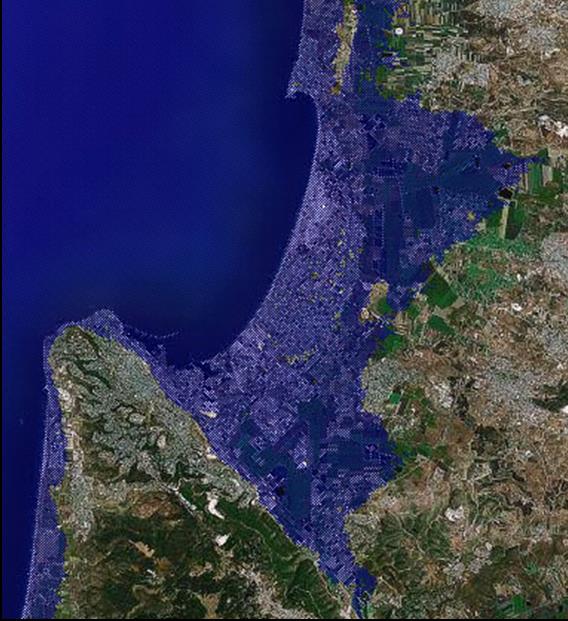
עוד התברר, שאניה נושאת דגל זר עמוסה בשני טון אמוניה אשר עגנה במסוף המטענים בנמל, נסחפה עם הנחשול עד ליד קניון לב המפרץ. דבר קיומה של האניה הובא מייד לידיעת שרותי הכבאות. הממונה על אירוע חומרים מסוכנים הורה שלא להתקרב לאניה ולא לעשות דבר עד אשר ניתן יהיה להגיע לאניה ולשאוב ממנה את החומר המסוכן. סירה ועליה שוטרים וכבאים נעצרה לפיכך בדרכה לאוניה. סירה של חיל הים החליטה בכל זאת להתקרב לאוניה, צוות חיילים עלה על הספינה על מנת לבדוק האם, כל עוד האזור מוצף, ניתן לגרור את הספינה בחזרה לאזור המעגן. במהלך הנסיונות נגרם נזק נוסף ועלתה הסבירות להתבקעות. חיילי חיל הים מיהרו לפנות את הספינה.
בת"א הוצפו הבתים בקומות הנמוכות ברחובות הסמוכים לים כולל בתי המלון, הרחובות נחסמו לתנועה. הנחשול פרץ במעלה נחל הירקון והאיילון כשהוא סוחף איתו שברים והציף את מתחם הבורסה. ראש העיר רמת-גן מבקש להטיל עוצר על חלקים נרחבים מעירו ולהקים כוח שיטור חירום המורכב ממתנדבים כדי שיאכפו את העוצר. במקביל, מבקש ראש פס"ח[13] להפעיל באופן היררכי ומתואם את כל העמותות המספקות מזון לנזקקים במתן מנות חמות לתושבים שנותרו סגורים בבתיהם, ולהוציא צו הקובע את מפרט החלוקה (תכולה, אחריות גורם מחלק ויעד לחלוקה).
לאחר שלוש שעות נסוגו המים כשהם מותירים חורבות וגופות של בני אדם ובעלי חיים.
כעת נדרשות פעולות שיקום מאסיביות. כחלק מפעולות אלו, נשקלת הטלת משטר צבאי. במקביל, משרד האוצר מחליט לקדם הסדר במסגרת חוק ההסדרים, אשר יקבע את זכאות הנפגעים לפיצויים. לפי ההסדר, תושבים מבוטחים תושבים אשר לא ביטחו את רכושם יפוצו ב-50% מערך נזקיהם (בניכוי השתתפות עצמית רעיונית) בעוד שתושבים מבוטחים יזכו ב-100% מנזקיהן מחברות הביטוח. המדינה תעמיד לרשות מבוטחים סיוע משפטי ככל שחברות הביטוח תערמנה קשיים. תושבים לא מבוטחים אשר לא נשמעו להוראות במהלך הארוע יפוצו ב- 25% מסך נזקיהם, בלבד, ותושבים מבוטחים אשר לא נשמעו להוראות במהלך הפינוי ימוסו בסך של 40% מגובה ההחזר. במסגרת החוק יוקם בית משפט מיוחד שידון בתביעות לפיצויים. לצורך כך יוקצו תקני שיפוט מיוחדים. נציגי הקואליציה בועדה לבחירת שופטים יונחו לאתר עורכי דין בכירים שלהם נסיון בבוררות וגילם סב סביב 65.
נספח 2: תרחיש ארוע טרור
מטוס אזרחי לא סילוני שהמריא מקפריסין לכיוון לבנון, סטה ממסלולו וחדר לתחומי ישראל מול חופי נהריה. חיל האויר עקב אחרי המטוס כ-20 דקות במהלכן ניסה ליצור קשר עם הטייס. משנכשלו המאמצים, יירטו מטוסי חיל האויר את המטוס והוא נפל מעל אזור מפרץ חיפה. רסיסי המטוס התפזרו באזור מיושב, בשטח של כקמ"ר. שר הבטחון מבקש להכריז מיד על "מצב מיוחד בעורף" ע"פ חוק ההתגוננות האזרחית.
שקית גדולה שהיתה על המטוס נפלה ברחוב הומה אדם וממנה התפזרו כמויות גדולות של אבקה לבנה. כוחות משטרה וכיבוי אש שהגיעו ראשונים למקום חשדו שמדובר באנתרקס[14]. השמועה על האפשרות שמדובר בנשק ביולוגי יצרה פאניקה והחלה בריחה המונית מהאזור. הידיעה על החשש שמדובר בחומר מסוכן הועברה מיד לשר לבטחון פנים שמבקש להכריז על ארוע אסון המוני ע"פ פקודת המשטרה.
ראשי עיריית קרית מוצקין וקרית ים דרשו מהמשטרה לפנות באופן מיידי את כל תושבי האזור, אך ראש העיר חיפה מתנגד לפינוי.
השוטרים בסיוע הכבאים במקום הורו לאנשים במקום שלא לעזוב את האזור מחשש שהם נושאים בבגדיהם את החיידק. אוטובוסים של אגד הובאו למקום והאנשים הועברו לקומת הכניסה של הקניון, שם נעצרו לצורך בדיקה וטיפול של אנשי מגן דוד אדום.
מאות אנשים החלו לזרום לבית החולים רמב"ם בדרישה לקבל חיסון מיידי. שרת הבריאות הכריזה שסכנה חמורה מרחפת על בריאות העם בכל הארץ, וזאת כדי להשתמש בסמכויות מנהל שירותי הרפואה על פי פקודת בריאות העם; במקביל הכריז אלוף הפיקוד על אזור נפילת המטוס ועל בית החולים רמב"ם "שטח צבאי סגור".
לאחר מספר שעות התברר שאכן מדובר באנתרקס, ועלה חשש שהרוח החזקה שנשבה אותו יום פיזרה את נבגי החיידק לשטח גדול בהרבה ממה שחשבו בתחילה. שר הבטחון הודיע כי מדובר בארוע טרור בלתי קונבנציונלי וכינס צוות לניהול המשבר, תוך שהוא מעביר את הטיפול בארוע לסמכות הצוות.
שר הכלכלה החליט שיש לרתק למקום העבודה את עובדיהם של שני מפעלי תרופות, אחד בירושלים והשני ברחובות, כדי לייצר את החיסון בכמות שתספיק לכל מי שנחשפו למחלה.
בינתיים החל משרד הבריאות במבצע לחיסון מהיר של כל אוכלוסיית הצפון תוך העזרות בחובשים צבאיים ובמתנדבי מד"א, החל בתושבי חיפה והקריות.
קבוצות חרדים המתגוררים בצפת הודיעו שיתנגדו לקבל את החיסון, ובמשרד הבריאות מבקשים לכפות עליהם להתחסן.
נספח 3: תרחיש כלכלי-חברתי
שלב 1
משבר פיננסי וכלכלי חריף שהחל באירופה לפני כשנה התפשט למדינות רבות בעולם ועירער את יציבותם של עסקים רבים גם בישראל, ביניהם הבנקים, אשר נאלצו להתמודד עם משבר חובות רחב היקף. עלייה חדה בריבית ומיתון במשק אשר פגעו בשכר הביאו לעלייה ניכרת בשיעור חדלות הפירעון של בעלי המשכנתאות ושניים מהבנקים הקטנים קרסו. התברר כי כרבע מתושבי ראשון לציון הם לקוחות אחד מהבנקים שקרסו. הממשלה דנה בנושא והחליטה להביא לסגירת שני הבנקים זמנית למשך חודש, אשר במהלכו יוקפאו כל החובות כלפיהם. כן הוחלט, למנות לבנקים מפרק מיוחד מטעם משרד האוצר.
שלב 2.
זמן קצר לאחר מכן החל גל פיטורים במשק. האבטלה הגיעה לשיעור של 20% בכלל המשק, ול-50% במגזר הערבי. המצב הביא את הציבור לצאת לרחובות בהפגנות מחאה שהפכו אלימות. החלה לצבור תאוצה גם יוזמה למרד מיסים. עסקים נקראו לא לשלם מע"מ ומעסיקים נקראו שלא לשלם מס הכנסה עבור עובדיהם. ההענות ליוזמה היתה רחבת היקף. במהלך ההפגנות עצרו שירותי הביטחון שלוש מאות אנשים שהיו מעורבים בהפגנות ובקריאה למרד מיסים. העצורים הוחזקו במעצר במשך שלושה ימים בלי שניתנה להם הזדמנות להפגש עם עורך-דין, ושר הביטחון מבקש להוציא נגדם צווי מעצר מנהליים. לשרותי הבטחון נודע כי במסגרת ההתארגנות יש גם כוונה לערוך מתקפת סייבר על אתרי הממשלה וזרועות אחרות של הממשל.
הממשלה התכנסה ומבקשת להכריז מצב חירום בכל המדינה
שלב 3
חבורת האקרים שהתארגנה על רקע זה ערכה מתקפת סייבר רחבת היקף המשבשת את רישומי הטאבו. בפרסומים ששלחו ההאקרים ברשת האינטרנט, הודיעו שזוהי רק דוגמה קטנה ליכולתם, ואיימו במתקפת סייבר על המאגר הממוחשב של כמה משרדים ממשלתיים וגופים פרטיים כמו הבנקים. שירותי הביטחון קיבלו מידע על שניים מההאקרים ועצרו אותם. בעקבות המעצר, החלו להתארגן מהומות בבאר שבע, יפו, חיפה ונצרת, כאשר מארגני המהומות נעזרים ברשתות החברתיות – פייסבוק ו-וואטס-אפ. מהומות פורצות באופן מאורגן בכל יום שישי, כל פעם באזור אחר בארץ כאשר המיקום מועבר לידיעת המשתתפים ברשתות החברתיות באינטרנט.
כדי לעצור את ארגון המהומות, מבקש ראש הממשלה בהמלצת ראש השב"כ, להפיל ל-24 שעות את רשת האינטרנט ואת הרשתות הסלולאריות.
ביום שישי הקרוב מתוכננת הפגנה ביפו. מפכ"ל המשטרה דורש לבצע מעצרים מנהליים נגד תושבי כמה מהשכונות בעיר אשר לפי מידע מודיעיני מתכננים פעולות אלימות. לאור החשש הגובר מאלימות בהיקף ובעוצמה שטרם נראו בישראל מבקש שר הביטחון להכריז על "מצב מיוחד בעורף" ביפו ולאסור על תושביה לצאת מבתיהם.



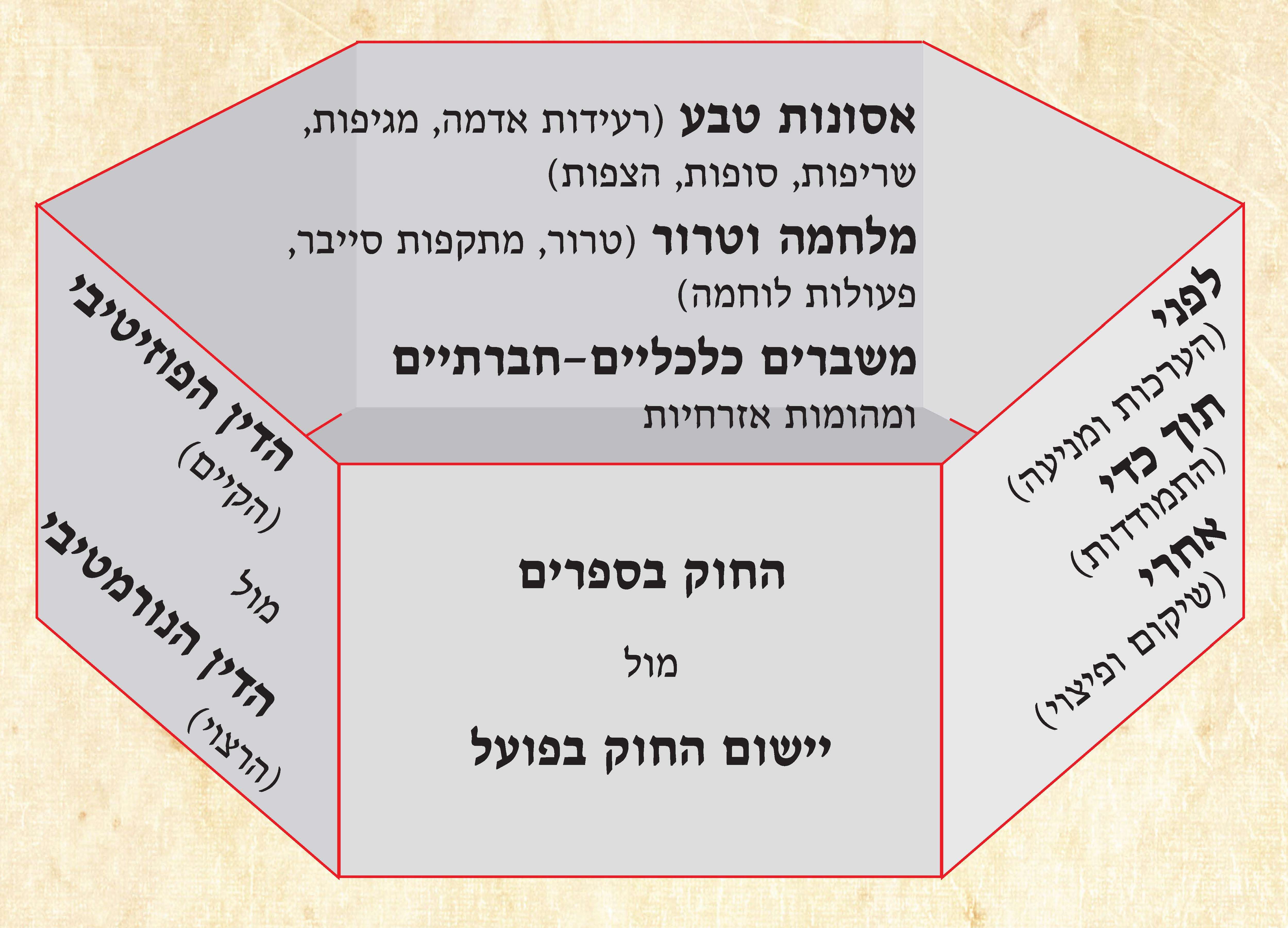
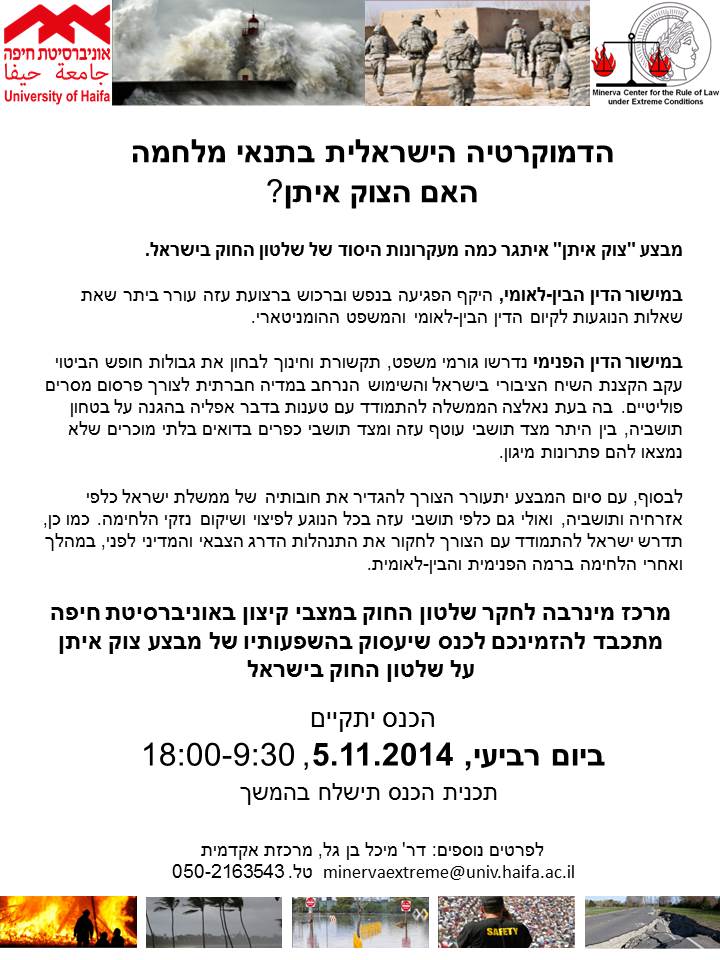



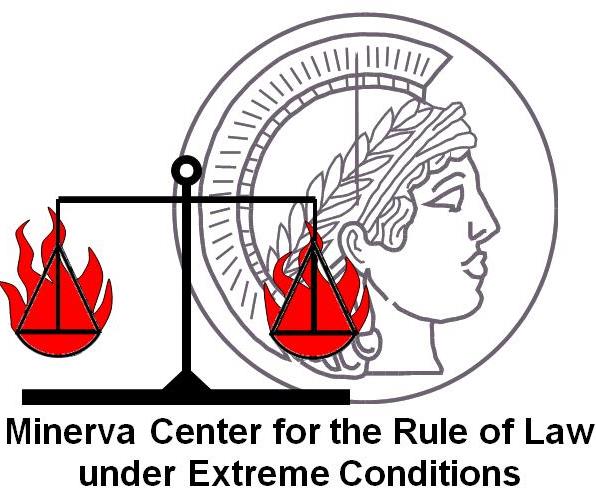
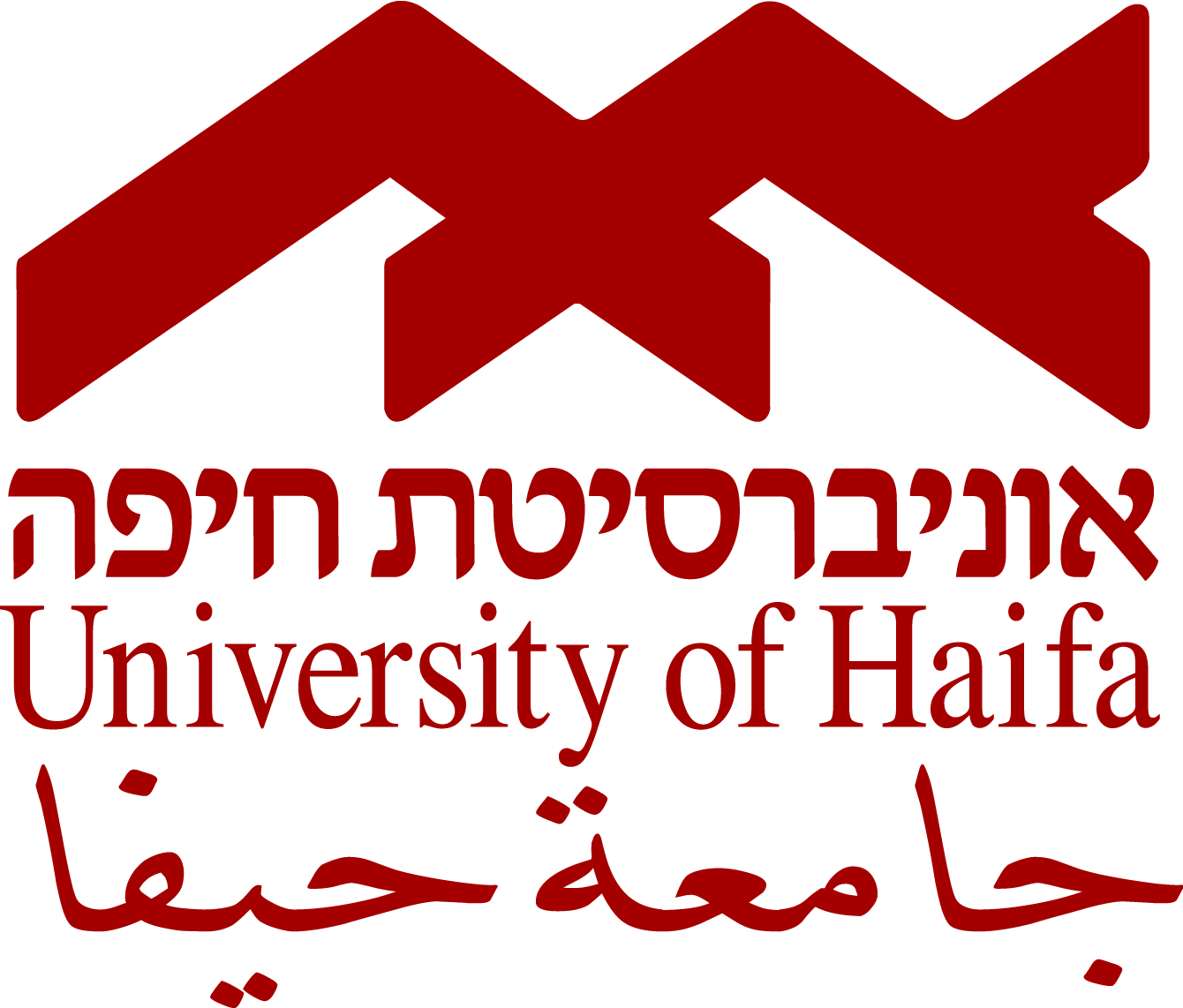

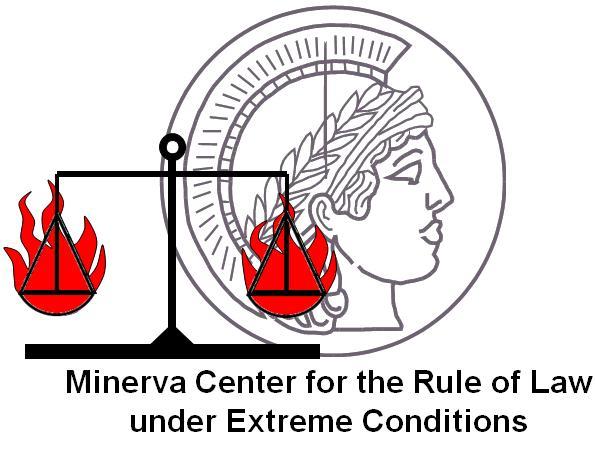
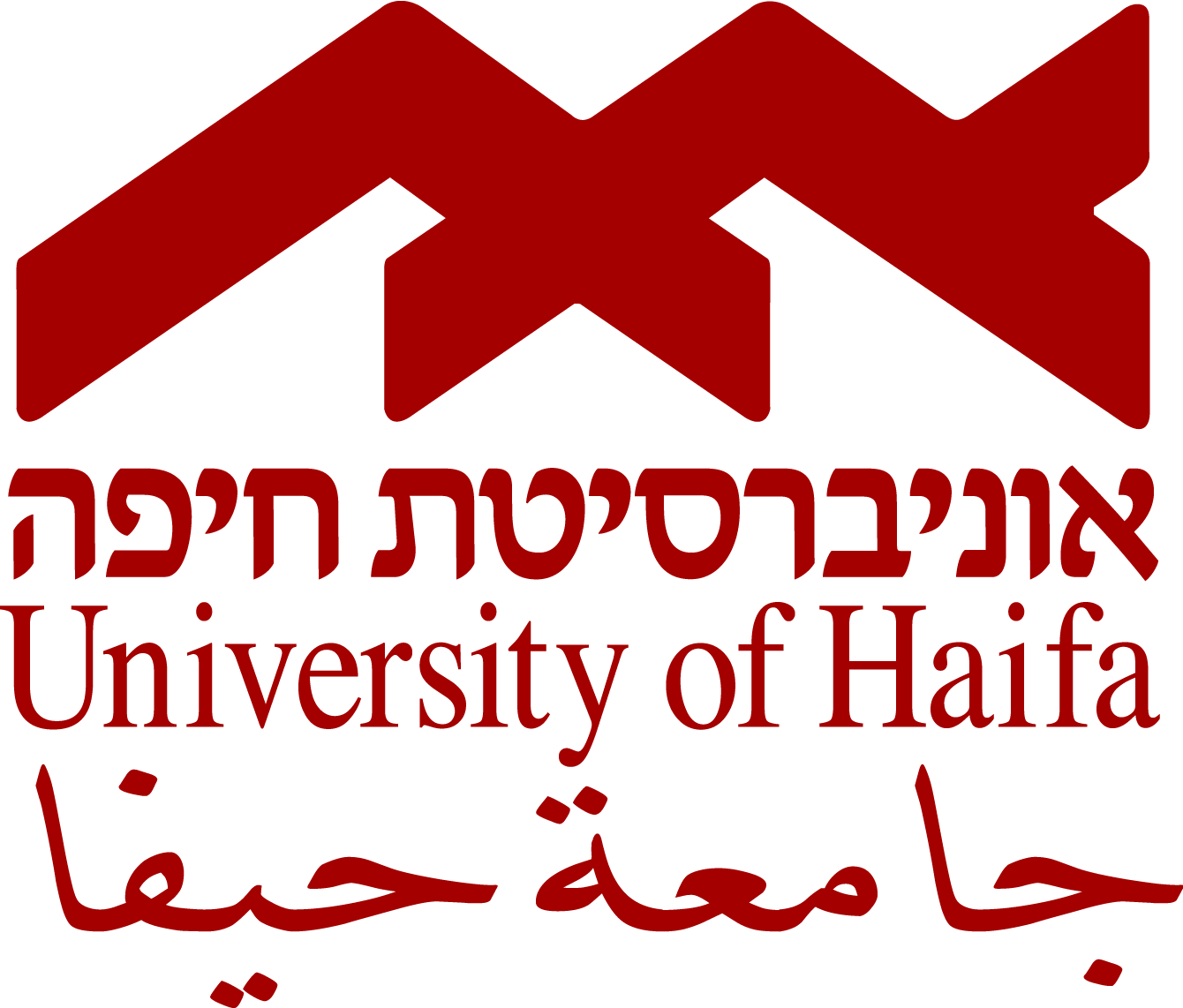

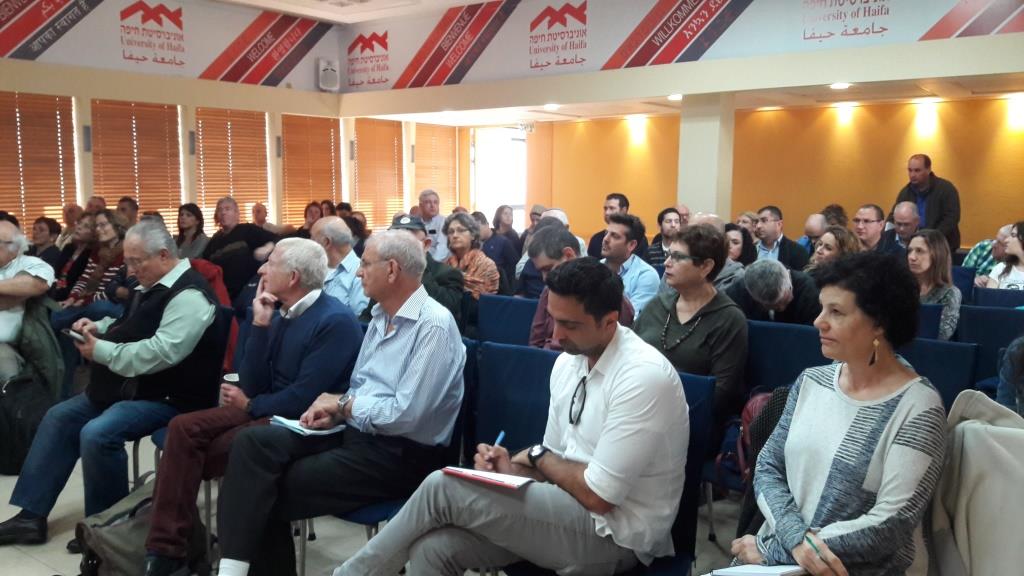
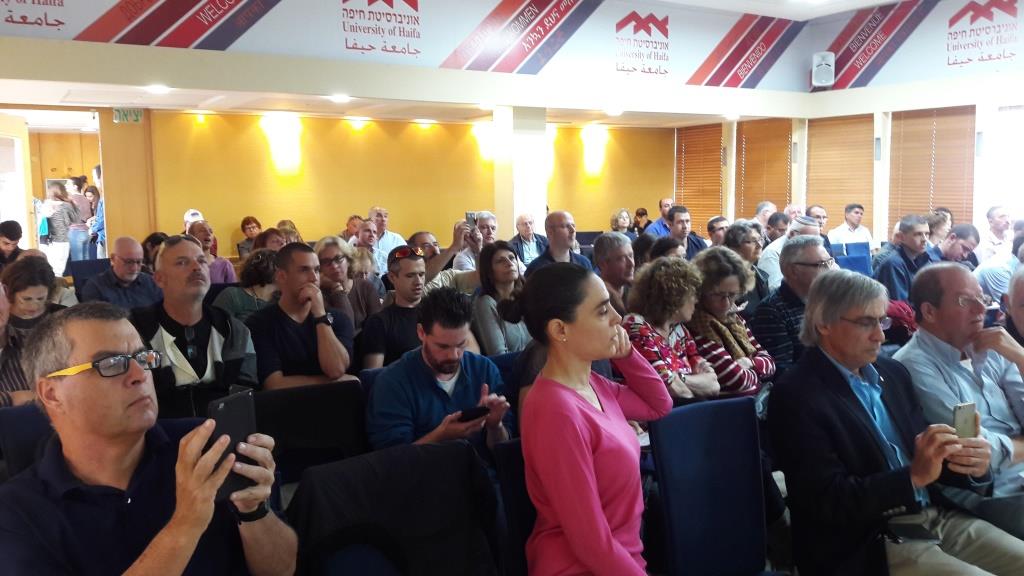
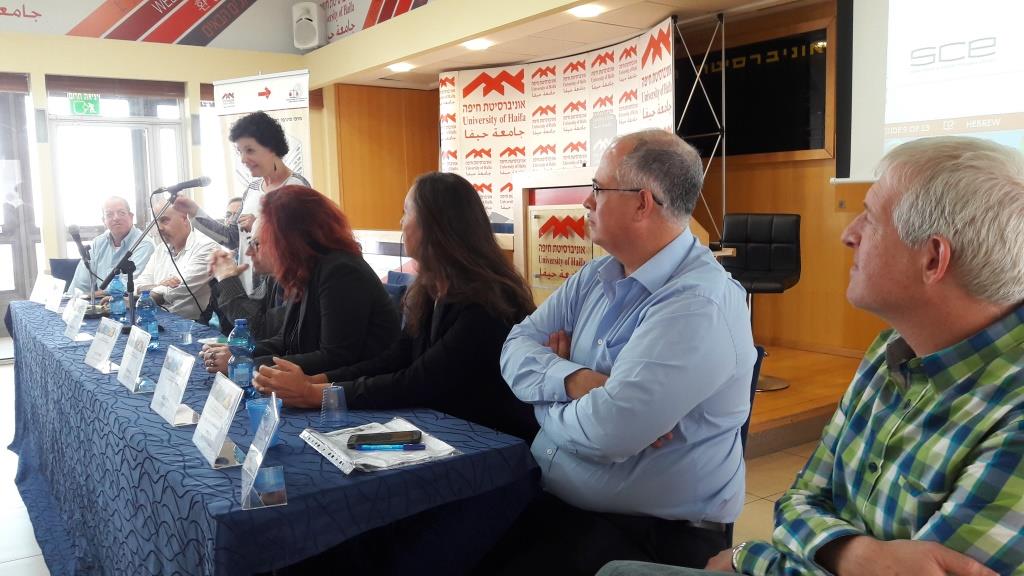
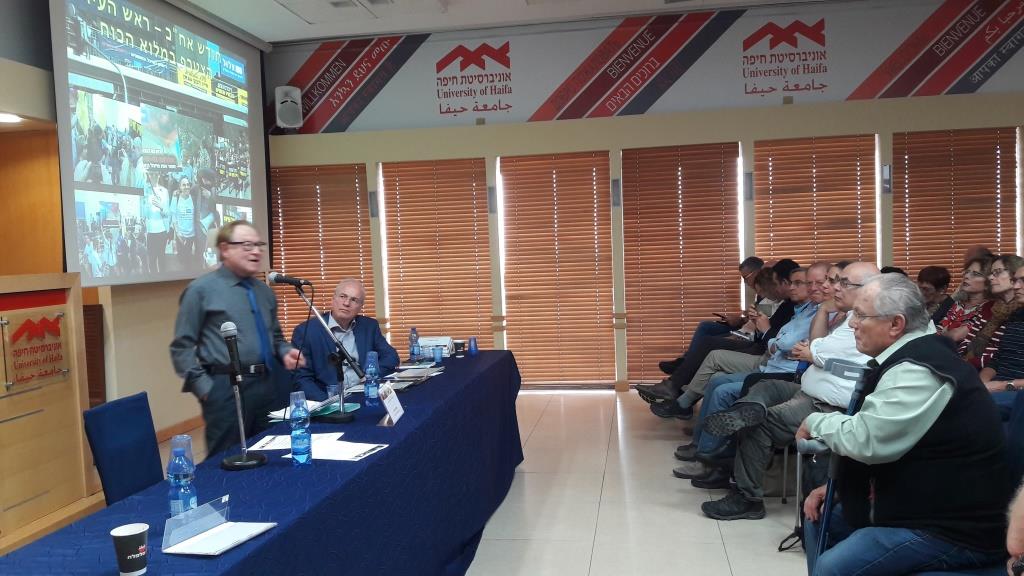
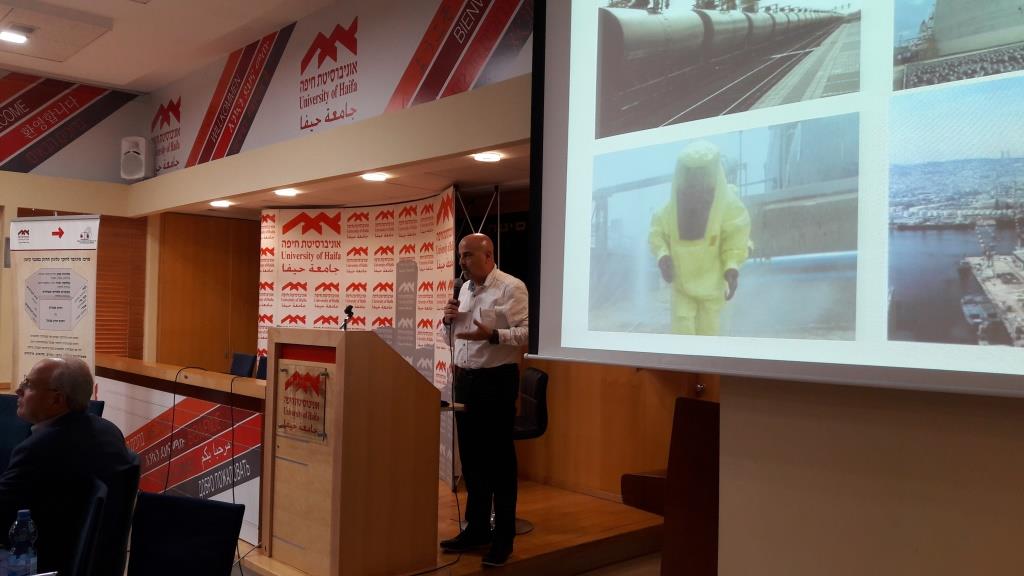
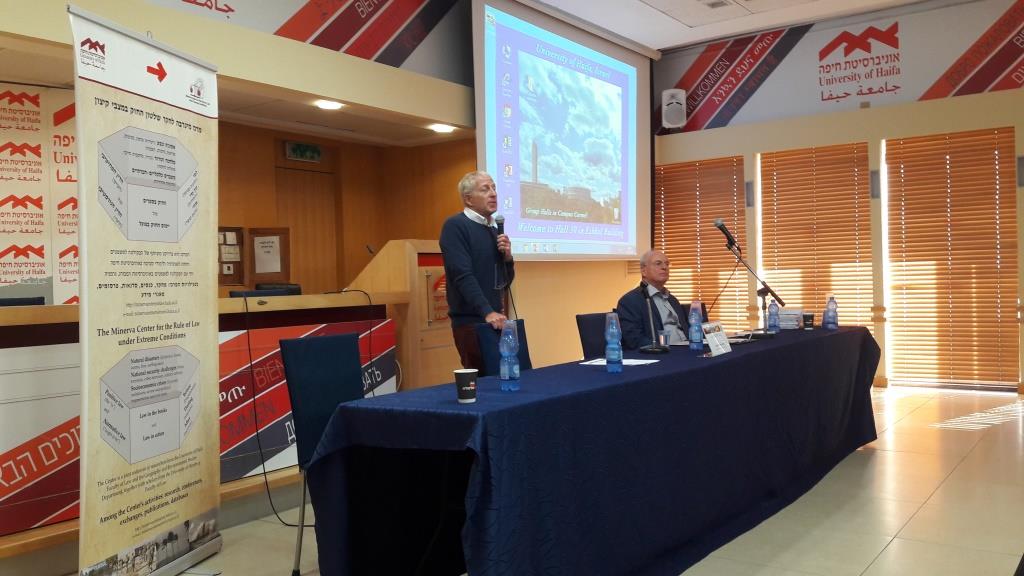
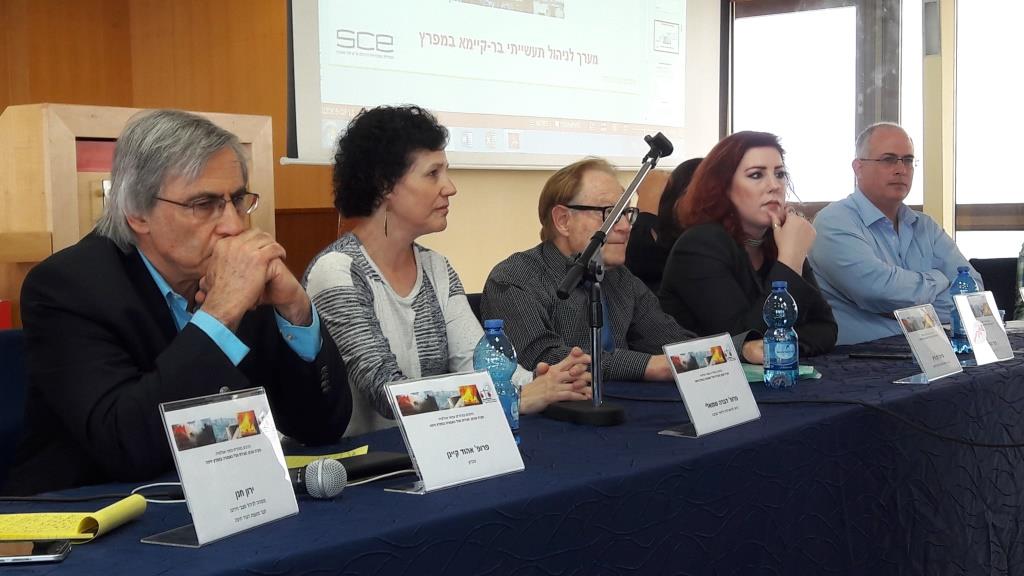
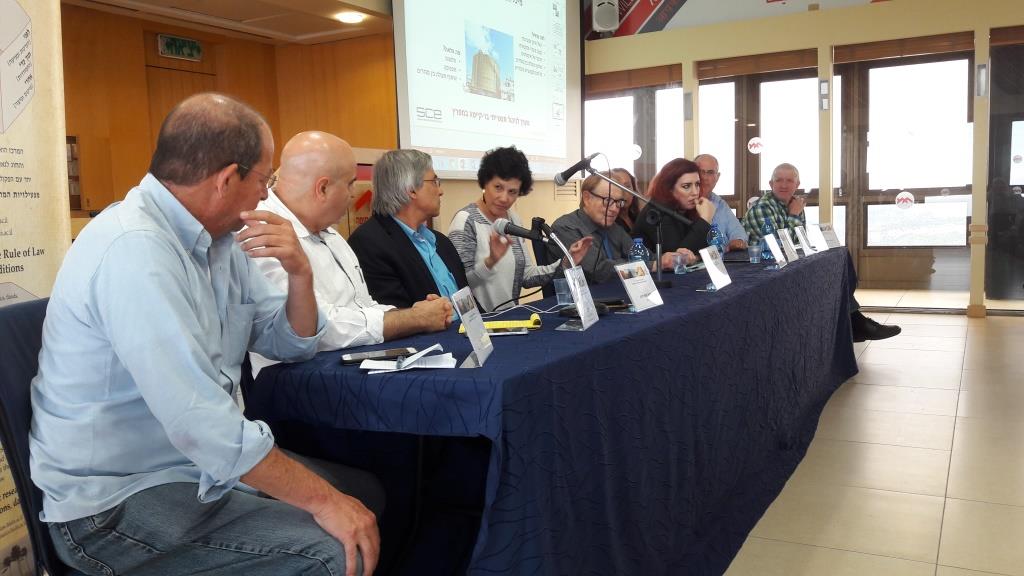
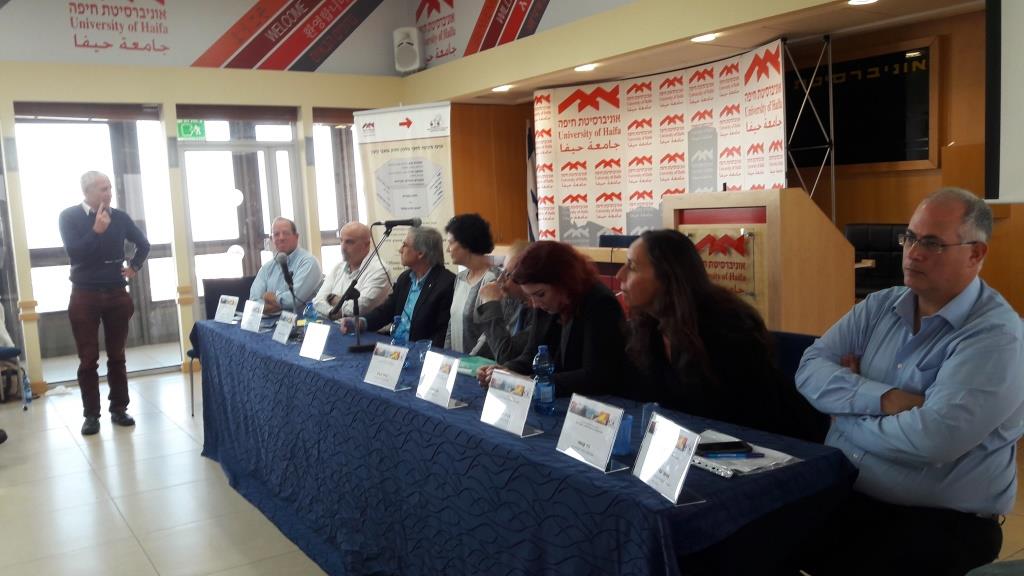


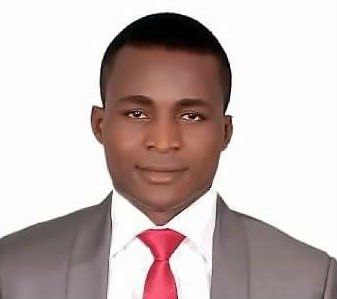 Mr. Peter Inalegwu Awodi is a Nigerian of the Idoma ethnic descent of Benue State in North-Central Nigeria. I am a Political Scientist and a researcher in International Relations with interests in International Terrorism and Counterterrorism, Human Rights, International Political Economy, Resource-based Conflicts and Indigenous Conflict Resolutions, Comparative Development Studies, Gender and Social Justice. He is currently a Ph.D. candidate in the Department of Political Science (specializing in International Relations), which is consequent on holding an M.Sc. degree in Political Science (International Relations) and a B.Sc. degree in Political Science. I currently hold a membership of the Council for the Development of Social Science Research in Africa (CODESRIA); member African Studies Association of Africa (ASAA) and fellow of the Social Science Research Council (SSRC). Languages spoken include: English (Basic), Idoma (Native), Yoruba and Hausa (Intermediate).
Mr. Peter Inalegwu Awodi is a Nigerian of the Idoma ethnic descent of Benue State in North-Central Nigeria. I am a Political Scientist and a researcher in International Relations with interests in International Terrorism and Counterterrorism, Human Rights, International Political Economy, Resource-based Conflicts and Indigenous Conflict Resolutions, Comparative Development Studies, Gender and Social Justice. He is currently a Ph.D. candidate in the Department of Political Science (specializing in International Relations), which is consequent on holding an M.Sc. degree in Political Science (International Relations) and a B.Sc. degree in Political Science. I currently hold a membership of the Council for the Development of Social Science Research in Africa (CODESRIA); member African Studies Association of Africa (ASAA) and fellow of the Social Science Research Council (SSRC). Languages spoken include: English (Basic), Idoma (Native), Yoruba and Hausa (Intermediate).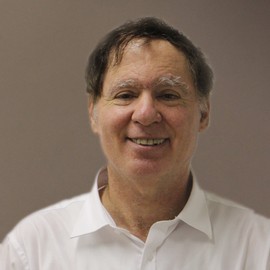 Prof. Gad Barzilai is a Full Professor of law, political science and international studies, Professor Emeritus at University of Washington, Dean Emeritus of University of Haifa Law Faculty and Vice Provost and Head of the International School, University of Haifa. His academic degrees and training are from Tel Aviv University, Hebrew University Jerusalem, Yale, and University of Michigan Ann Harbor. He has published extensively 17 books and about 165 articles and essays in academic top journals and publishing houses on issues of law, society and politics. Several of his books are award winning books. Thus, for example, in his Communities and Law: Politics and Cultures of Legal Identities [University of Michigan Press, 2003, 2005] he paved the way for a new understating of the role of communities in shaping practices in law and towards it. This book was awarded the Best Book Prize by the AIS and was selected to a special conference panel in the Law and Society conference in Chicago (2004). In his Law and Religion [Ashgate, International Series on Law and Society, 2007] he has edited some of the classics on law and religion and made a meaningful contribution to our understanding of this topic. In his Wars, Internal Conflicts and Political Order [SUNY 1996], he has suggested a new way for understanding the construction of political-legal order and disorder in times of national security emergencies. The Hebrew manuscript of this book was awarded the Best Book Award in National Security by the Ben Gurion Foundation. Among others he has published on politics of rights, comparative law, law and political power, law and violence, communities and law, group rights, liberal jurisprudence, national security, democracies and law, and issues concerning Middle East and Israeli politics and law. In his research he is often combining knowledge in law, the social sciences, mainly political science and political sociology, with political theory, theories of jurisprudence, comparative politics and comparative law. He has been trained to use both qualitative and quantitative methodologies. Barzilai was the President of the Association for Israel Studies (2011-2013) and the Founding First Director of the Dan David Prize (1999-2002). He is a Board member of editorial boards in several world leading professional journals.
Prof. Gad Barzilai is a Full Professor of law, political science and international studies, Professor Emeritus at University of Washington, Dean Emeritus of University of Haifa Law Faculty and Vice Provost and Head of the International School, University of Haifa. His academic degrees and training are from Tel Aviv University, Hebrew University Jerusalem, Yale, and University of Michigan Ann Harbor. He has published extensively 17 books and about 165 articles and essays in academic top journals and publishing houses on issues of law, society and politics. Several of his books are award winning books. Thus, for example, in his Communities and Law: Politics and Cultures of Legal Identities [University of Michigan Press, 2003, 2005] he paved the way for a new understating of the role of communities in shaping practices in law and towards it. This book was awarded the Best Book Prize by the AIS and was selected to a special conference panel in the Law and Society conference in Chicago (2004). In his Law and Religion [Ashgate, International Series on Law and Society, 2007] he has edited some of the classics on law and religion and made a meaningful contribution to our understanding of this topic. In his Wars, Internal Conflicts and Political Order [SUNY 1996], he has suggested a new way for understanding the construction of political-legal order and disorder in times of national security emergencies. The Hebrew manuscript of this book was awarded the Best Book Award in National Security by the Ben Gurion Foundation. Among others he has published on politics of rights, comparative law, law and political power, law and violence, communities and law, group rights, liberal jurisprudence, national security, democracies and law, and issues concerning Middle East and Israeli politics and law. In his research he is often combining knowledge in law, the social sciences, mainly political science and political sociology, with political theory, theories of jurisprudence, comparative politics and comparative law. He has been trained to use both qualitative and quantitative methodologies. Barzilai was the President of the Association for Israel Studies (2011-2013) and the Founding First Director of the Dan David Prize (1999-2002). He is a Board member of editorial boards in several world leading professional journals.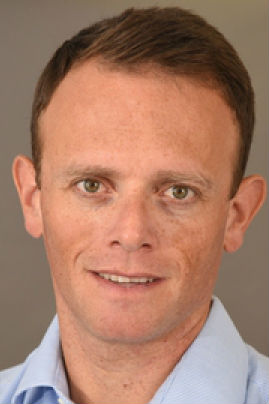 Dr. Daniel Benoliel is a law professor at the University of Haifa Faculty of Law and a member of the Haifa Center of Law and Technology (HCLT). His main fields of expertise include international intellectual property, patent law and innovation, public international law and entrepreneurship law. Benoliel is the author of Patent Intensity and Economic Growth (Cambridge University Press, Intellectual Property and Information Law series, 2017) and Improbable Leaders: The Battle of Developing Countries for Access to Patented Medicines (with Bruno M. Salama) (FGV University Press, 2017) (In Portuguese). He holds a Doctorate in law (J.S.D.) from UC Berkeley School of law (Boalt Hall) and has been a John M. Olin Research Fellow with the John M. Olin Center for Law and Economics at UC Berkeley, as well as an alumnus of the Yale Law School Information Society Project (ISP). Benoliel has received numerous prizes, awards and research grants in these fields.
Dr. Daniel Benoliel is a law professor at the University of Haifa Faculty of Law and a member of the Haifa Center of Law and Technology (HCLT). His main fields of expertise include international intellectual property, patent law and innovation, public international law and entrepreneurship law. Benoliel is the author of Patent Intensity and Economic Growth (Cambridge University Press, Intellectual Property and Information Law series, 2017) and Improbable Leaders: The Battle of Developing Countries for Access to Patented Medicines (with Bruno M. Salama) (FGV University Press, 2017) (In Portuguese). He holds a Doctorate in law (J.S.D.) from UC Berkeley School of law (Boalt Hall) and has been a John M. Olin Research Fellow with the John M. Olin Center for Law and Economics at UC Berkeley, as well as an alumnus of the Yale Law School Information Society Project (ISP). Benoliel has received numerous prizes, awards and research grants in these fields.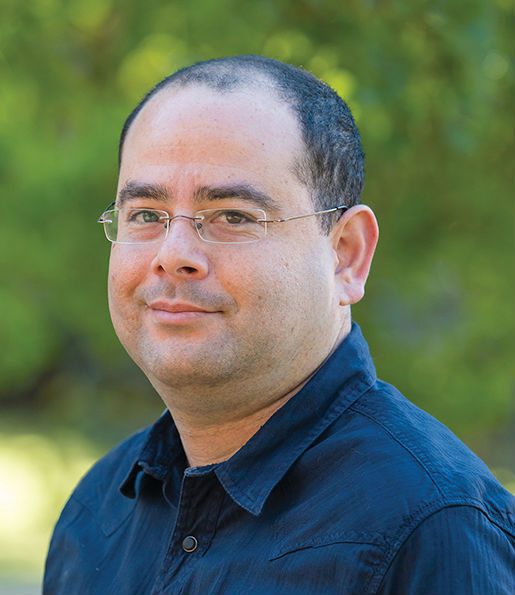 Dr. Ziv Bohrer is an assistant professor at Bar-Ilan University, Faculty of Law. His main areas of interest are International Criminal Law and International Humanitarian Law. He is, currently, researching the long (forgotten) pre-WWII history of International Criminal Law
Dr. Ziv Bohrer is an assistant professor at Bar-Ilan University, Faculty of Law. His main areas of interest are International Criminal Law and International Humanitarian Law. He is, currently, researching the long (forgotten) pre-WWII history of International Criminal Law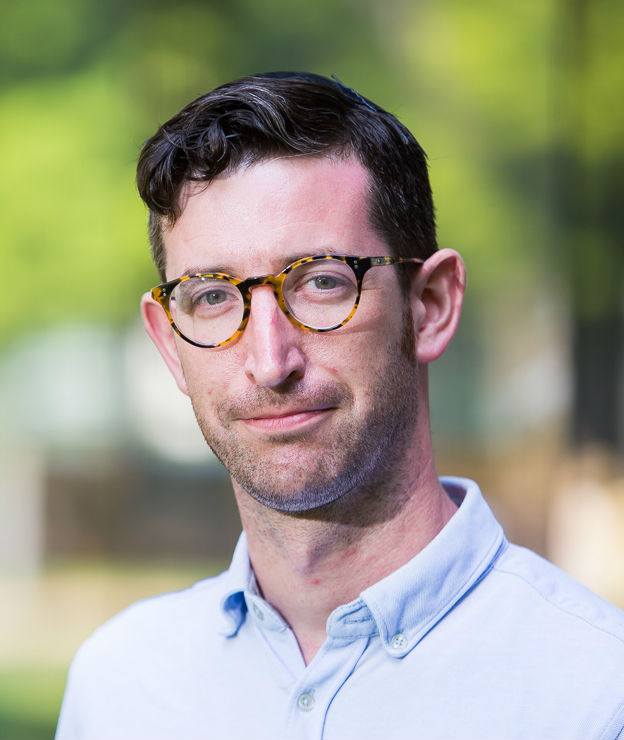 Dr. Fergal Davis is a Reader in Public Law at The Dickson Poon School of Law, King's College London and a Senior Visiting Fellow at the School of Law, UNSW Australia. From 2011 to 2014 Fergal was a member of the Australian Research Council Laureate Fellowship: Anti-Terror Laws and the Democratic Challenge Project in the Gilbert + Tobin Centre of Public Law at UNSW. Fergal's research is particularly concerned with the maintenance and protection of civil liberties in times of emergency.
Dr. Fergal Davis is a Reader in Public Law at The Dickson Poon School of Law, King's College London and a Senior Visiting Fellow at the School of Law, UNSW Australia. From 2011 to 2014 Fergal was a member of the Australian Research Council Laureate Fellowship: Anti-Terror Laws and the Democratic Challenge Project in the Gilbert + Tobin Centre of Public Law at UNSW. Fergal's research is particularly concerned with the maintenance and protection of civil liberties in times of emergency. 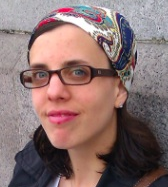 Dr. Myriam Feinberg was a postdoctoral fellow with the Minerva Center for the Rule of Law under Extreme Conditions between 2015-2017. Her research areas include counterterrorism, international organisations, national security, conflicts of sovereignty, and extraordinary renditions. She was previously a postdoctoral fellow with the ERC-funded Global Trust Project at Tel Aviv University and Visiting Lecturer at King’s College London, and has been teaching French for the past ten years. Myriam holds a Licence de droit from Université Panthéon-Assas in Paris, an LL.M. in international law from Trinity College Dublin and a PhD from the Institute of Advanced Legal Studies in London. Her publications include ‘International Counterterrorism – National Security and Human Rights: Conflicts of Norms or Checks and Balances?’ International Journal of Human Rights, Special Issue, Volume 19, Number 4, 2015 and International Organizations and Counterterrorism: Conflicts of Sovereignty, (Brill Publishers, monograph forthcoming 2016).
Dr. Myriam Feinberg was a postdoctoral fellow with the Minerva Center for the Rule of Law under Extreme Conditions between 2015-2017. Her research areas include counterterrorism, international organisations, national security, conflicts of sovereignty, and extraordinary renditions. She was previously a postdoctoral fellow with the ERC-funded Global Trust Project at Tel Aviv University and Visiting Lecturer at King’s College London, and has been teaching French for the past ten years. Myriam holds a Licence de droit from Université Panthéon-Assas in Paris, an LL.M. in international law from Trinity College Dublin and a PhD from the Institute of Advanced Legal Studies in London. Her publications include ‘International Counterterrorism – National Security and Human Rights: Conflicts of Norms or Checks and Balances?’ International Journal of Human Rights, Special Issue, Volume 19, Number 4, 2015 and International Organizations and Counterterrorism: Conflicts of Sovereignty, (Brill Publishers, monograph forthcoming 2016).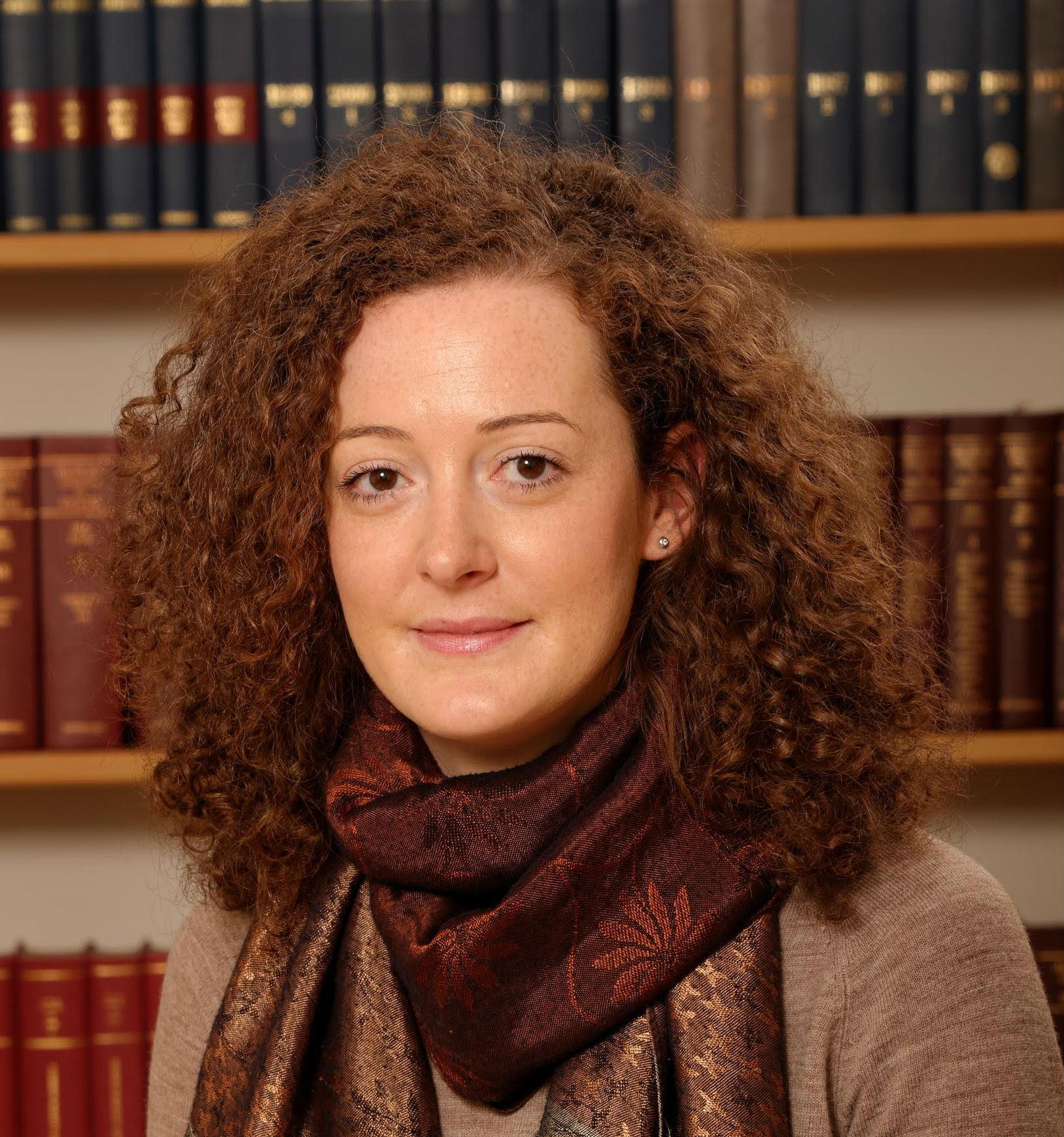 Dr. Sofia Galani (LLB, LLM, PhD) is a Lecturer in Law at the University of Bristol. She previously held the position of Teaching Associate in Law at the University of Bristol Law School. Sofia holds an LLB in Law from the National University of Athens (2010) and an LLM in Public Law from the University of Bristol Law School (2011). She was awarded a PhD in Public International Law from the University of Bristol Law School in 2016. Her doctoral thesis, entitled ‘Hostages and Human Rights: Towards a Victim-Centred Approach?’, examined the gaps in the protection of the human rights of hostages by reviewing the existing legal framework and counter-terrorism/piracy policies from a human rights perspective and analysed how these gaps can be filled in light of recent developments of international human rights law. Sofia leads the International Law and Human Rights and Maritime Security modules on the LLM programme and EU Law on the LLB programme. Her research interests are on modern piracy, maritime security, terrorism, and human rights, and she has published on these areas. Sofia is a contributor to the UNODC Manual on Maritime Critme. She is the Editor of the Case and Commentary section of the European Human Rights Law Review and sits on Human Rights at Sea Non-Executive Board of Advisors.
Dr. Sofia Galani (LLB, LLM, PhD) is a Lecturer in Law at the University of Bristol. She previously held the position of Teaching Associate in Law at the University of Bristol Law School. Sofia holds an LLB in Law from the National University of Athens (2010) and an LLM in Public Law from the University of Bristol Law School (2011). She was awarded a PhD in Public International Law from the University of Bristol Law School in 2016. Her doctoral thesis, entitled ‘Hostages and Human Rights: Towards a Victim-Centred Approach?’, examined the gaps in the protection of the human rights of hostages by reviewing the existing legal framework and counter-terrorism/piracy policies from a human rights perspective and analysed how these gaps can be filled in light of recent developments of international human rights law. Sofia leads the International Law and Human Rights and Maritime Security modules on the LLM programme and EU Law on the LLB programme. Her research interests are on modern piracy, maritime security, terrorism, and human rights, and she has published on these areas. Sofia is a contributor to the UNODC Manual on Maritime Critme. She is the Editor of the Case and Commentary section of the European Human Rights Law Review and sits on Human Rights at Sea Non-Executive Board of Advisors.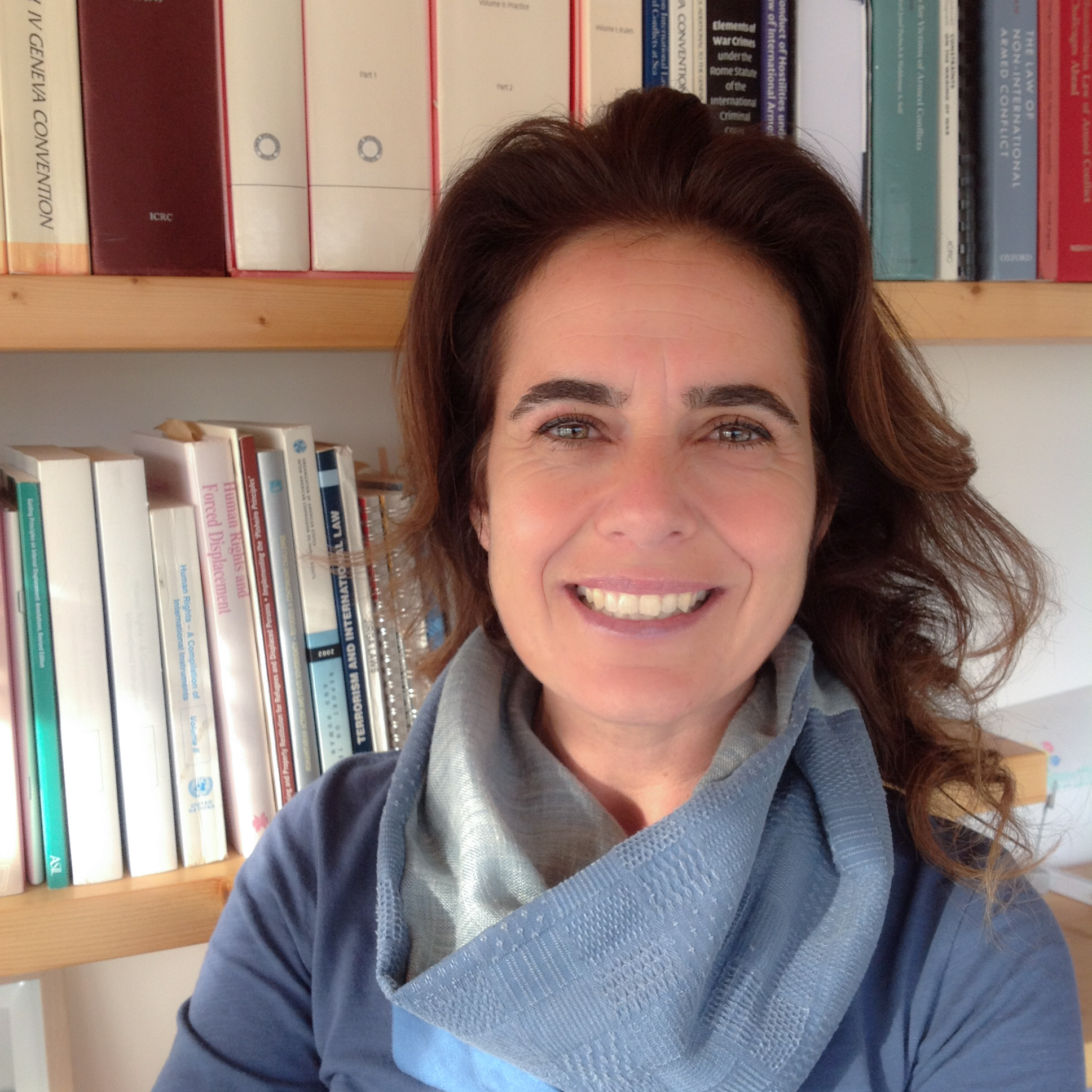 Ms. Emanuela-Chiara Gillard is a Senior Research Fellow at the Oxford Institute for Ethics, Law and Armed Conflict, and an Associate Fellow in Chatham House’s International Law Programme.
Ms. Emanuela-Chiara Gillard is a Senior Research Fellow at the Oxford Institute for Ethics, Law and Armed Conflict, and an Associate Fellow in Chatham House’s International Law Programme.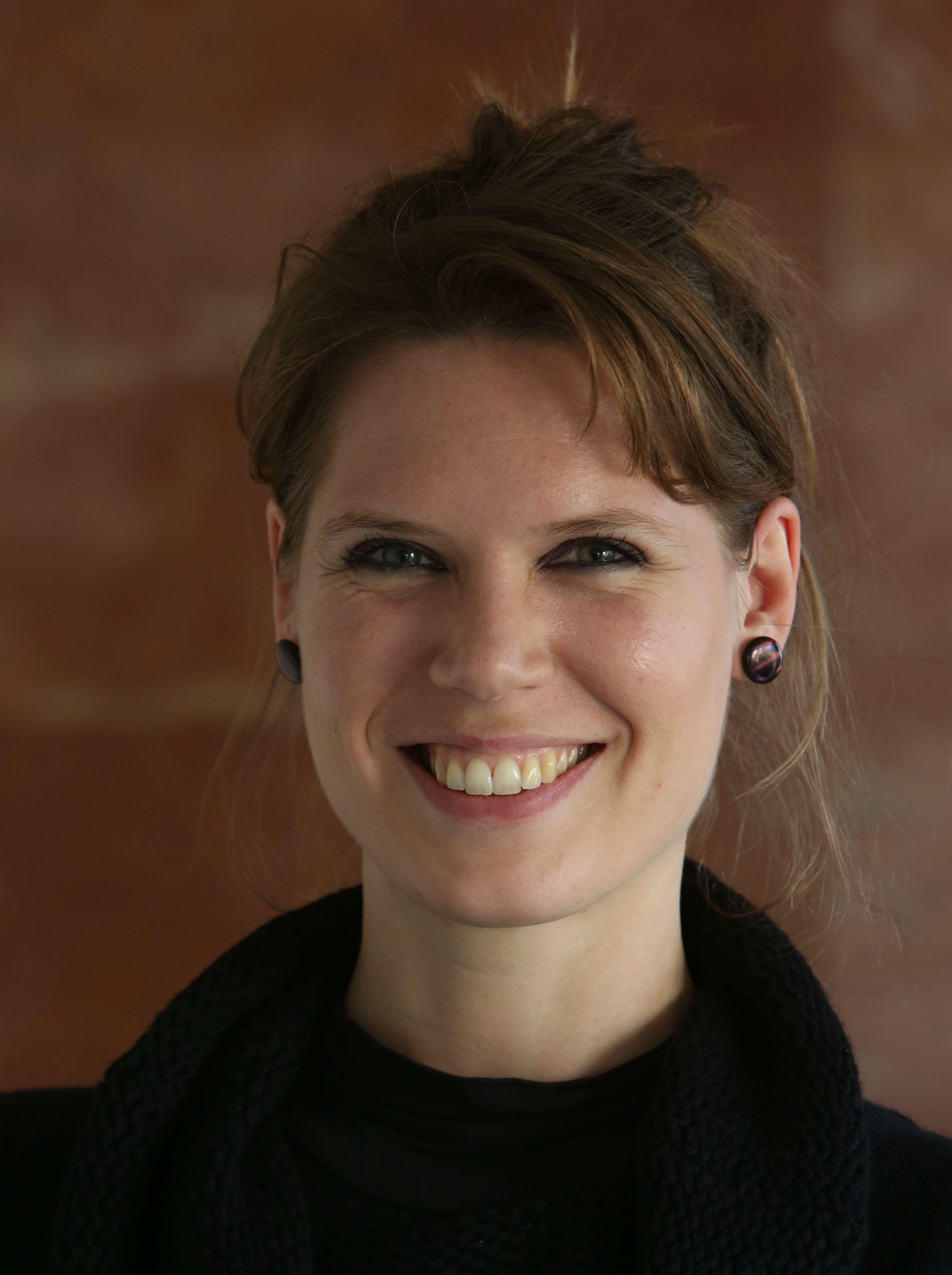 Dr. Alexandra Herfroy-Mischler studied Media Studies, Université de la Sorbonne Nouvelle, (Paris3, France). She lectures at the Hebrew University and researches media framing of various types of discourses circulated by old and new media regarding counter-terrorism (intelligence) and jihadist propaganda. She is an Associate Researcher at the Harry S. Truman Research Institute for the Advancement of Peace and the french CNRS/CRFJ. Her research has identified the role of narrative in building post-transitional collective memory (2013; Journalism: Theory, Practice & Criticism, 2016), impose silences in intelligence events (Media, War & Conflict Journal, 2015), foster conflicts in jihadism (Studies in Conflict and Terrorism, 2017, Visual Communication, 2019), and is currently focusing on the role of blame in elite versus populist news regarding peace negotiations failures in the Middle East (in peer review, 2018).
Dr. Alexandra Herfroy-Mischler studied Media Studies, Université de la Sorbonne Nouvelle, (Paris3, France). She lectures at the Hebrew University and researches media framing of various types of discourses circulated by old and new media regarding counter-terrorism (intelligence) and jihadist propaganda. She is an Associate Researcher at the Harry S. Truman Research Institute for the Advancement of Peace and the french CNRS/CRFJ. Her research has identified the role of narrative in building post-transitional collective memory (2013; Journalism: Theory, Practice & Criticism, 2016), impose silences in intelligence events (Media, War & Conflict Journal, 2015), foster conflicts in jihadism (Studies in Conflict and Terrorism, 2017, Visual Communication, 2019), and is currently focusing on the role of blame in elite versus populist news regarding peace negotiations failures in the Middle East (in peer review, 2018). Prof. Florian Jessberger is Full Professor of Law at the University of Hamburg where he holds the Chair in Criminal Law, Criminal Procedure, International Criminal Law and Modern Legal History. He serves as a Vice Dean of the Faculty of Law.
Prof. Florian Jessberger is Full Professor of Law at the University of Hamburg where he holds the Chair in Criminal Law, Criminal Procedure, International Criminal Law and Modern Legal History. He serves as a Vice Dean of the Faculty of Law.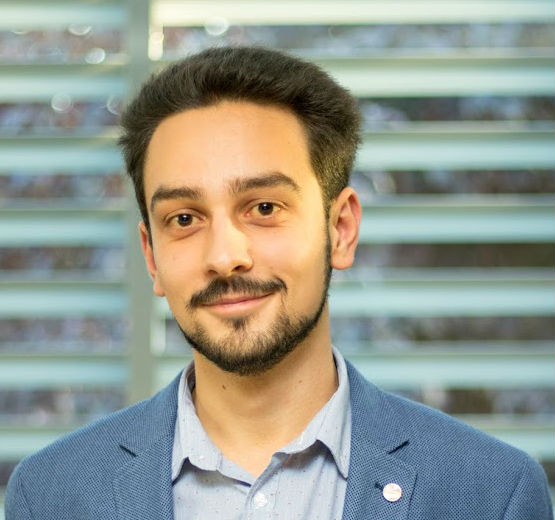 Dr. Bence Kis Kelemen was born in 1993, Pécs (Hungary) and graduated from the University of Pécs, Faculty of Law as a lawyer in the summer of 2017. In the same year he started doctoral training at University of Pécs, Doctoral School of Law at the Department of International and European Law. He also works as a research assistant in the Centre for European Research and Education in Pécs. His areas of expertise include international law of use of force, international humanitarian law and human rights law. He is the author of nearly fifteen articles and frequent participant of international conferences.
Dr. Bence Kis Kelemen was born in 1993, Pécs (Hungary) and graduated from the University of Pécs, Faculty of Law as a lawyer in the summer of 2017. In the same year he started doctoral training at University of Pécs, Doctoral School of Law at the Department of International and European Law. He also works as a research assistant in the Centre for European Research and Education in Pécs. His areas of expertise include international law of use of force, international humanitarian law and human rights law. He is the author of nearly fifteen articles and frequent participant of international conferences.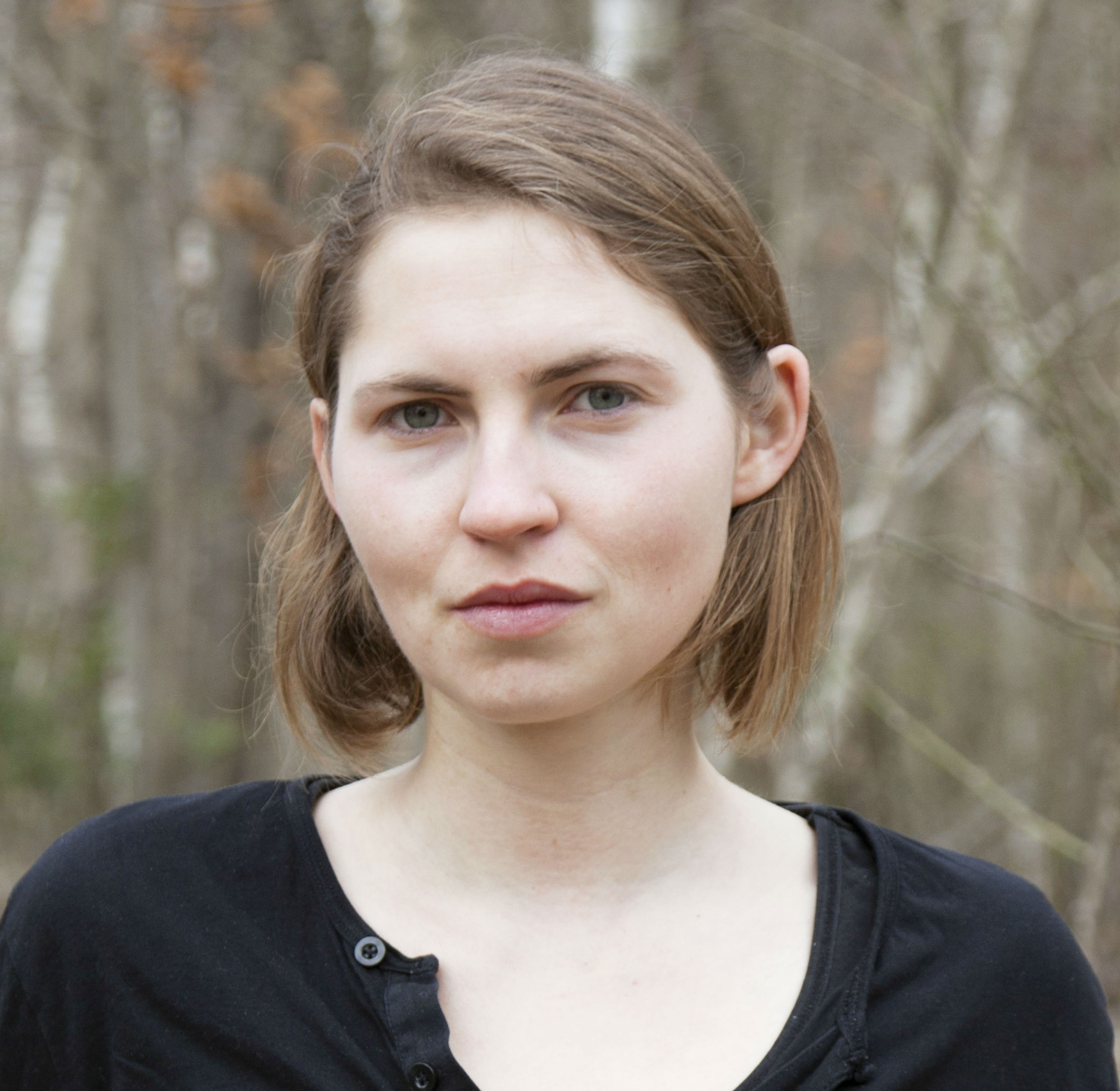 Ms. Hannah Sophie Kiel is a PhD candidate at the Free University of Berlin, where she is performing research about changes in international law regarding arms delivery to non-state actors. In 2016, she completed her law studies at Humboldt University Berlin with a main focus on legal policy and legal development processes. She then went on work at the Collaborative Reasearch Center SFB 700 ‘Governance in Areas of Limited Statehood’. As of October 2017, she is a scholarship-recipient at the Hans-Böckler-Foundation. Her research interests include development processes within international law, law and ethics, interdisciplinary research and women’s rights.
Ms. Hannah Sophie Kiel is a PhD candidate at the Free University of Berlin, where she is performing research about changes in international law regarding arms delivery to non-state actors. In 2016, she completed her law studies at Humboldt University Berlin with a main focus on legal policy and legal development processes. She then went on work at the Collaborative Reasearch Center SFB 700 ‘Governance in Areas of Limited Statehood’. As of October 2017, she is a scholarship-recipient at the Hans-Böckler-Foundation. Her research interests include development processes within international law, law and ethics, interdisciplinary research and women’s rights.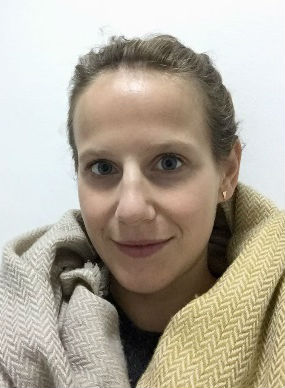 Ms. Barbara Korte studied political science, psychology and sinology at LMU Munich and Fu Dan Catholic University inTaipei. Since her graduation in 2014 she has been pursuing her PhD on counter-terrorism strategies in authoritarian countries, based at Goethe University in Frankfurt. Previously, she has worked at the German Bundestag, the German embassy to in Phnom Penh and at NATO School Oberammergau. Barbara speaks English, German, Spanish and Mandarin. She has lectured and published on Jihadist terrorism in China, Germany’s and the European Union‘s counter-terrorism strategies, and on the strategic implications of the Iranian nuclear program. Currently, Barbara is a visiting scholar at the Minerva Center for the Rule of Law under Extreme Conditions here in Haifa, working on a project which compares criminal definitions of terrorism and related offenses across different jurisdictions.
Ms. Barbara Korte studied political science, psychology and sinology at LMU Munich and Fu Dan Catholic University inTaipei. Since her graduation in 2014 she has been pursuing her PhD on counter-terrorism strategies in authoritarian countries, based at Goethe University in Frankfurt. Previously, she has worked at the German Bundestag, the German embassy to in Phnom Penh and at NATO School Oberammergau. Barbara speaks English, German, Spanish and Mandarin. She has lectured and published on Jihadist terrorism in China, Germany’s and the European Union‘s counter-terrorism strategies, and on the strategic implications of the Iranian nuclear program. Currently, Barbara is a visiting scholar at the Minerva Center for the Rule of Law under Extreme Conditions here in Haifa, working on a project which compares criminal definitions of terrorism and related offenses across different jurisdictions.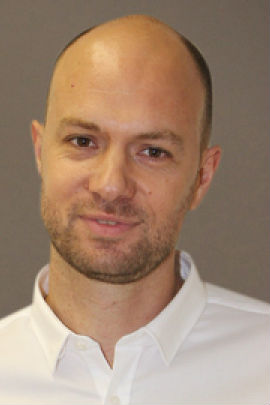 Dr. Itamar Mann is a law professor at the University of Haifa Faculty of Law. His research is in international law and political theory. He teaches international law and a number of related courses, including an elective on law and terrorism, environmental law, and a clinical seminar on law and politics in the Mediterranean region.
Dr. Itamar Mann is a law professor at the University of Haifa Faculty of Law. His research is in international law and political theory. He teaches international law and a number of related courses, including an elective on law and terrorism, environmental law, and a clinical seminar on law and politics in the Mediterranean region.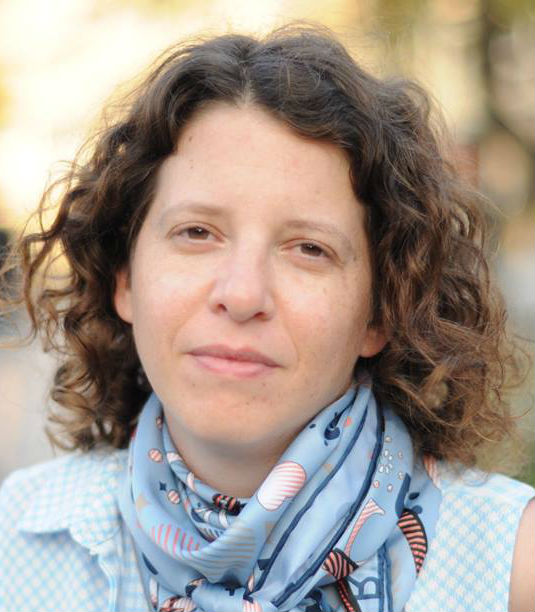
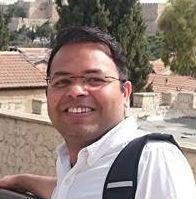 Mr. Abhishek Mishra has five years of academic experience in India as Assistant Professor, he was associated with WBNUJS, Kolkata. WB, India for four years and School of Law, KIIT University for one year. Two years of international and national law firms experience are also to his credit. He has published articles in various journals such as ISIL Year Book of International Humanitarian Law and Refugee Law. He is currently a PhD fellow at Albrecht Mendelssohn Bartholdy Graduate School of Law, University of Hamburg, Germany. He is recipient of grant from Minerva Centre for the Rule of Law in Extreme Conditions, University of Haifa, Israel. Abhishek has taught courses on International Law and Armed Conflict at University of Hamburg, Germany. In the past Abhishek had been an intern with International Criminal Tribunal for the Former Yugoslavia, United Nations, the Hague, Netherland. He has also authored a book on the capital market of India.
Mr. Abhishek Mishra has five years of academic experience in India as Assistant Professor, he was associated with WBNUJS, Kolkata. WB, India for four years and School of Law, KIIT University for one year. Two years of international and national law firms experience are also to his credit. He has published articles in various journals such as ISIL Year Book of International Humanitarian Law and Refugee Law. He is currently a PhD fellow at Albrecht Mendelssohn Bartholdy Graduate School of Law, University of Hamburg, Germany. He is recipient of grant from Minerva Centre for the Rule of Law in Extreme Conditions, University of Haifa, Israel. Abhishek has taught courses on International Law and Armed Conflict at University of Hamburg, Germany. In the past Abhishek had been an intern with International Criminal Tribunal for the Former Yugoslavia, United Nations, the Hague, Netherland. He has also authored a book on the capital market of India.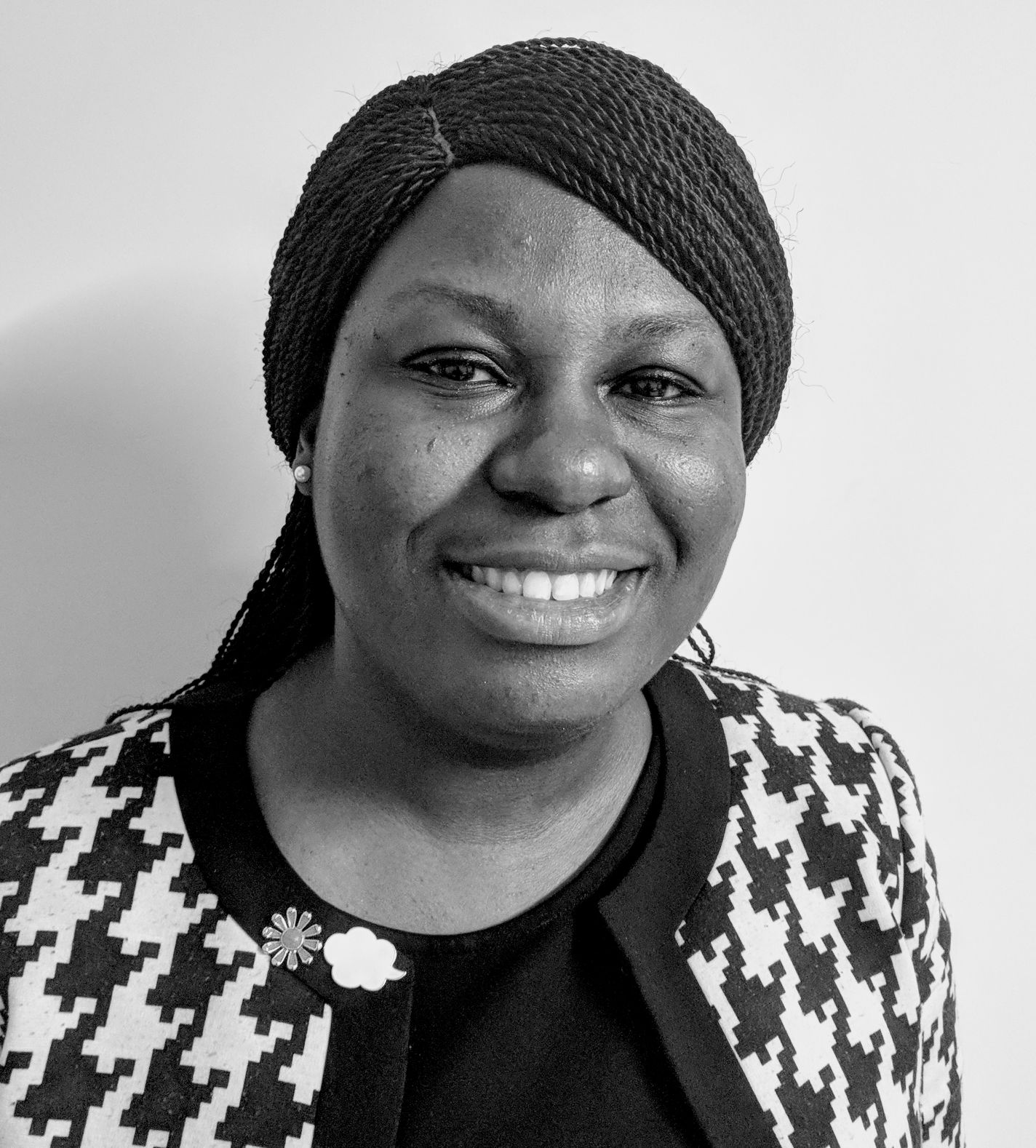 Ms. Kehinde Folake Olaoye is a PhD candidate in international economic law at the Chinese University of Hong Kong under the supervision of Prof Julien Chaisse and Prof Bryan Mercurio. Her research centres on dynamics and reform of international investment law in Africa. Kehinde holds an LL.M in Transnational Law from King’s College London. She obtained her LLB from the University of Ibadan, Nigeria. In 2012 after attending the Nigerian Law School, Kano campus, she qualified as a solicitor and advocate.
Ms. Kehinde Folake Olaoye is a PhD candidate in international economic law at the Chinese University of Hong Kong under the supervision of Prof Julien Chaisse and Prof Bryan Mercurio. Her research centres on dynamics and reform of international investment law in Africa. Kehinde holds an LL.M in Transnational Law from King’s College London. She obtained her LLB from the University of Ibadan, Nigeria. In 2012 after attending the Nigerian Law School, Kano campus, she qualified as a solicitor and advocate. Prof. Arie Reich is the former Dean of the Faculty of Law of Bar Ilan University, Israel and he is a Jean Monnet Professor of EU Law & Institutions. He specializes in International Economic Law and EU Law. He has authored over 40 academic books and articles on topics ranging from International Trade Law, Public Procurement Law, European Union Law, Competition Law and Torts. Among them are his books: International Public Procurement Law: The Evolution of International Regimes on Public Purchasing (Kluwer, 1999); and The World Trade Organization and Israel: Law, Economics and Politics (Bar Ilan University Press, 2006). He is a Member of the ICSID Panel of Conciliators and Arbitrators, has served as the President of the Israeli Association for the Study of European Integration, and he is a member of the Executive of the International Academy of Commercial and Consumer Law and a National Correspondent for Israel to the UN Commission on International Trade Law (UNCITRAL). He has served as the Chairman of Israel's Anti-Dumping and Countervailing Duty Tribunal, and as a Member of a four different World Trade Organization dispute settlement panels in trade disputes between the US, EU and China. He has served as Visiting Professor in UCLA, Georgetown University, University of Toronto, University of Pennsylvania, Columbia University, University of Luxembourg and Monash University.
Prof. Arie Reich is the former Dean of the Faculty of Law of Bar Ilan University, Israel and he is a Jean Monnet Professor of EU Law & Institutions. He specializes in International Economic Law and EU Law. He has authored over 40 academic books and articles on topics ranging from International Trade Law, Public Procurement Law, European Union Law, Competition Law and Torts. Among them are his books: International Public Procurement Law: The Evolution of International Regimes on Public Purchasing (Kluwer, 1999); and The World Trade Organization and Israel: Law, Economics and Politics (Bar Ilan University Press, 2006). He is a Member of the ICSID Panel of Conciliators and Arbitrators, has served as the President of the Israeli Association for the Study of European Integration, and he is a member of the Executive of the International Academy of Commercial and Consumer Law and a National Correspondent for Israel to the UN Commission on International Trade Law (UNCITRAL). He has served as the Chairman of Israel's Anti-Dumping and Countervailing Duty Tribunal, and as a Member of a four different World Trade Organization dispute settlement panels in trade disputes between the US, EU and China. He has served as Visiting Professor in UCLA, Georgetown University, University of Toronto, University of Pennsylvania, Columbia University, University of Luxembourg and Monash University. Mr. Ido Rosenzweig is the Director of Cyber, Belligerencies and Terrorism Research, Minerva Center for the Study of Law under Extreme Conditions. He is an international lawyer with expertise in international humanitarian law (laws of armed conflict) and international human rights law. Prior to his work at the Minerva Center, Ido worked as a researcher at the Israel Democracy Institute (in the Terrorism and Democracy Research Division) (2009-2014).
Mr. Ido Rosenzweig is the Director of Cyber, Belligerencies and Terrorism Research, Minerva Center for the Study of Law under Extreme Conditions. He is an international lawyer with expertise in international humanitarian law (laws of armed conflict) and international human rights law. Prior to his work at the Minerva Center, Ido worked as a researcher at the Israel Democracy Institute (in the Terrorism and Democracy Research Division) (2009-2014). Ms. Ira Ryk-Lakhman Aharonovich is an associate with Tadmor - Levy & Co and a PhD candidate at University College London, where she researches the protection of foreign investments in armed conflicts. She holds a master degree in international commercial law with distinction from UCL (Leonard Sainer scholar) and a law degree from the Hebrew University (summa cum laude).
Ms. Ira Ryk-Lakhman Aharonovich is an associate with Tadmor - Levy & Co and a PhD candidate at University College London, where she researches the protection of foreign investments in armed conflicts. She holds a master degree in international commercial law with distinction from UCL (Leonard Sainer scholar) and a law degree from the Hebrew University (summa cum laude). Prof. Eli M. Salzberger was the Dean of the Faculty of Law at the University of Haifa and the President of the European Association for Law and Economics. He is a graduate of the Hebrew University Faculty of Law (1st in class). He clerked for Chief Justices Aharon Barak and Dorit Beinish. He wrote his doctorate at Oxford University on the economic analysis of the doctrine of separation of powers. His research and teaching areas are legal theory and philosophy, economic analysis of law, legal ethics, cyberspace and the Israeli Supreme Court. He has published more than 40 scientific articles. His latest book (co-authored with Niva Elkin-Koren) is The Law and Economics of Intellectual Property in the Digital Age: The Limits of Analysis (Routledge 2012), preceded by Law, Economic and Cyberspace (Edward Elgar 2004). He was a member of the board of directors of the Association for Civil Rights in Israel, of the public council of the Israeli Democracy Institute and of a State commission for reform in performers’ rights in Israel. He was awarded various grants and fellowships, among them Rothschild, Minerva, GIF, ISF, Fulbright, ORS and British Council. Salzberger was a visiting professor at various universities including Princeton, University of Hamburg, Humboldt University, University of Torino, Miami Law School, University of St. Galen and UCLA. Currently he is the director of the Haifa Center for German and European Studies, the director of the Minerva Center for the Study of the Rule of Law under Extreme Conditions and he is the co-director of the International Academy for Judges at the University of Haifa Faculty of Law.
Prof. Eli M. Salzberger was the Dean of the Faculty of Law at the University of Haifa and the President of the European Association for Law and Economics. He is a graduate of the Hebrew University Faculty of Law (1st in class). He clerked for Chief Justices Aharon Barak and Dorit Beinish. He wrote his doctorate at Oxford University on the economic analysis of the doctrine of separation of powers. His research and teaching areas are legal theory and philosophy, economic analysis of law, legal ethics, cyberspace and the Israeli Supreme Court. He has published more than 40 scientific articles. His latest book (co-authored with Niva Elkin-Koren) is The Law and Economics of Intellectual Property in the Digital Age: The Limits of Analysis (Routledge 2012), preceded by Law, Economic and Cyberspace (Edward Elgar 2004). He was a member of the board of directors of the Association for Civil Rights in Israel, of the public council of the Israeli Democracy Institute and of a State commission for reform in performers’ rights in Israel. He was awarded various grants and fellowships, among them Rothschild, Minerva, GIF, ISF, Fulbright, ORS and British Council. Salzberger was a visiting professor at various universities including Princeton, University of Hamburg, Humboldt University, University of Torino, Miami Law School, University of St. Galen and UCLA. Currently he is the director of the Haifa Center for German and European Studies, the director of the Minerva Center for the Study of the Rule of Law under Extreme Conditions and he is the co-director of the International Academy for Judges at the University of Haifa Faculty of Law. Dr. Rachel Suissa is a teaching associate and a senior research fellow at the National Security Program in the School of Political Sciences and at the Haifa Center for German and European Studies. Her research interests encompass Security Interdisciplinary and Multidisciplinary Studies. She has been engaged in several activities in the EU as a Policy Evaluation Expert- EU Parliament, Expert Evaluator- EU Horizon 2020 Research Program; DJ-JUSTICE Proposals.
Dr. Rachel Suissa is a teaching associate and a senior research fellow at the National Security Program in the School of Political Sciences and at the Haifa Center for German and European Studies. Her research interests encompass Security Interdisciplinary and Multidisciplinary Studies. She has been engaged in several activities in the EU as a Policy Evaluation Expert- EU Parliament, Expert Evaluator- EU Horizon 2020 Research Program; DJ-JUSTICE Proposals.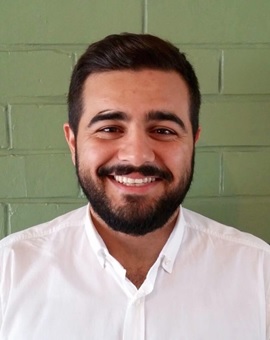 Mr. Emre Turkut (LL.M.) is a doctoral researcher at Ghent University, Belgium and a member of Ghent Rolin-Jaequemyns International Law Institute (GRILI). His research concerns the compatibility of the Turkish derogation measures adopted in the aftermath of the 15 July 2016 attempted military coup with international human rights law, and with international law more generally, and uses the Turkish case as a springboard to critically address the fallacies of the contemporary derogation regime.
Mr. Emre Turkut (LL.M.) is a doctoral researcher at Ghent University, Belgium and a member of Ghent Rolin-Jaequemyns International Law Institute (GRILI). His research concerns the compatibility of the Turkish derogation measures adopted in the aftermath of the 15 July 2016 attempted military coup with international human rights law, and with international law more generally, and uses the Turkish case as a springboard to critically address the fallacies of the contemporary derogation regime. Dr. Maria Varaki is a post doctoral research fellow with the Erik Castren Institute of International Law and Human Rights in Helsinki, working on an Aristotelian theory of ethics for global governance. Immediate before she was an Assistant Professor in International Law at Kadir Has University, Faculty of Law in Istanbul. Before joining Kadir Has University, she was a post-doctoral fellow at the Law Faculty of Hebrew University in Jerusalem and a visiting fellow at the iCourts Centre of the University of Copenhagen.
Dr. Maria Varaki is a post doctoral research fellow with the Erik Castren Institute of International Law and Human Rights in Helsinki, working on an Aristotelian theory of ethics for global governance. Immediate before she was an Assistant Professor in International Law at Kadir Has University, Faculty of Law in Istanbul. Before joining Kadir Has University, she was a post-doctoral fellow at the Law Faculty of Hebrew University in Jerusalem and a visiting fellow at the iCourts Centre of the University of Copenhagen. Ms. Ka Lok Yip has just defended her PhD “The Law of Force, the Force of Law – the Legality and Ontology of the Use of Force against Individuals in Armed Conflict and Occupation”, summa cum laude, at the Graduate Institute of International and Development Studies, Geneva. She holds a master degree in law with distinction from the University of Oxford and a bachelor degree in law with first class honours from King's College London. She is also a solicitor qualified to practise law in England and Wales and Hong Kong.
Ms. Ka Lok Yip has just defended her PhD “The Law of Force, the Force of Law – the Legality and Ontology of the Use of Force against Individuals in Armed Conflict and Occupation”, summa cum laude, at the Graduate Institute of International and Development Studies, Geneva. She holds a master degree in law with distinction from the University of Oxford and a bachelor degree in law with first class honours from King's College London. She is also a solicitor qualified to practise law in England and Wales and Hong Kong.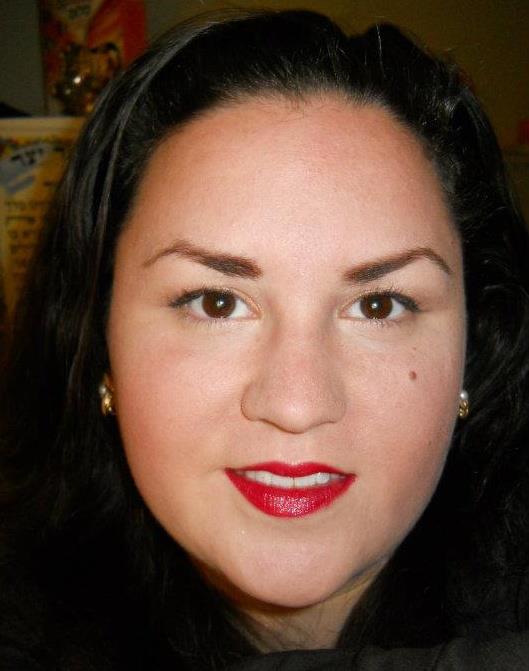

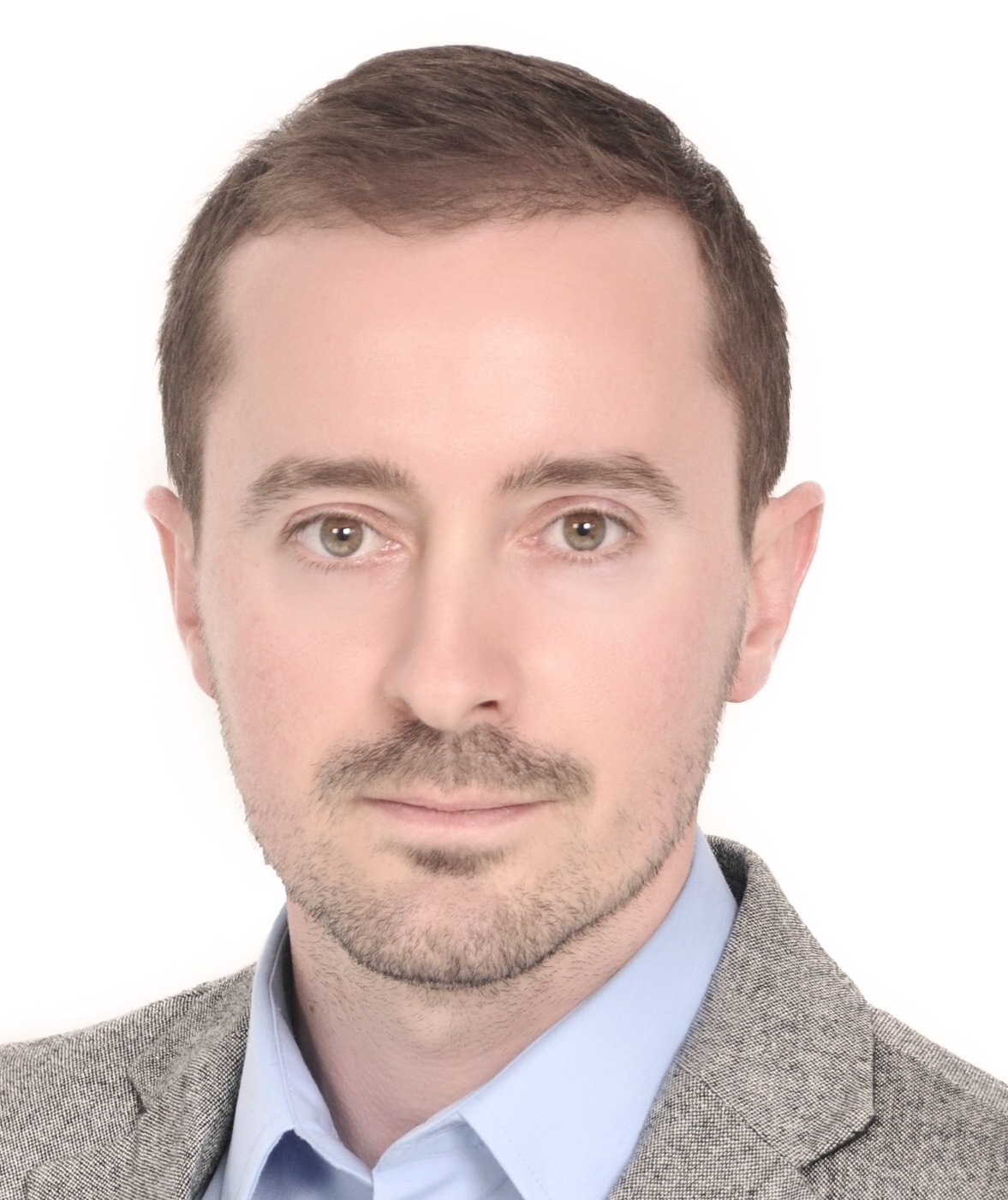 Dr. Sc. Kire Babanoski comes from Macedonia. He is Dr. Sc. in the field of security and currently he is an Assistant Professor at the Faculty of security studies, MIT University - Skopje, responsible for the courses National Security, Terrorism, Criminalistics and Forensics. He is a mentor for student practical education responsible for communication with the officials from the national security institutions and law enforcement agencies for organizing field visits and expert guests lectures at the faculty. Also, he is a Vice-President of Center for International and Developing Studies - Skopje.
Dr. Sc. Kire Babanoski comes from Macedonia. He is Dr. Sc. in the field of security and currently he is an Assistant Professor at the Faculty of security studies, MIT University - Skopje, responsible for the courses National Security, Terrorism, Criminalistics and Forensics. He is a mentor for student practical education responsible for communication with the officials from the national security institutions and law enforcement agencies for organizing field visits and expert guests lectures at the faculty. Also, he is a Vice-President of Center for International and Developing Studies - Skopje.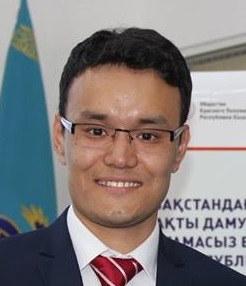 Mr. Anuar Baltabayev is a research analyst at China Studies Centre. Within China Studies Centre he is responsible for conducting political, security and economic research about China. He graduated from the Kazakh University of Economics, Finance and International Trade and International School of Diplomacy. He had completed several academic events in China, UK and Russia. Apart from professional activities, he is a volunteer at the Red Crescent Society in Kazakhstan. He worked on Regional Migration Programme (IOM, The World Bank).
Mr. Anuar Baltabayev is a research analyst at China Studies Centre. Within China Studies Centre he is responsible for conducting political, security and economic research about China. He graduated from the Kazakh University of Economics, Finance and International Trade and International School of Diplomacy. He had completed several academic events in China, UK and Russia. Apart from professional activities, he is a volunteer at the Red Crescent Society in Kazakhstan. He worked on Regional Migration Programme (IOM, The World Bank). Dr. Anna Evangelidi is a postdoctoral fellow at the Minerva Center for the Rule of Law under Extreme Conditions and at the Center for Cyber Law and Policy, University of Haifa. Her postdoctoral research will extend her doctoral thesis’ insights into UAV (Unmanned Aerial Vehicle) warfare and the Law of Armed Conflict (LOAC) by focusing on the rise of cyberspace as an increasingly prominent means and method of warfare. Anna holds a Law Degree (LLB Hons) from the Aristotle University of Thessaloniki, Greece, an LLM degree in International Law from the University of Bristol, UK, and has recently completed her PhD studies at the City Law School, London, UK. During her doctoral studies, she taught International Humanitarian Law (IHL), European Union law and constitutional law. After obtaining her LLM, she worked as a legal consultant with the Chambers at the International Criminal Court, The Hague. Anna is a qualified lawyer in Greece and member of the Thessaloniki Bar (Greece). Her research areas and interests include the legal and ethical dilemmas generated by new weapon technologies; LOAC/IHL; international law and the use of force; international criminal law; international law and human rights; and international dispute settlement.
Dr. Anna Evangelidi is a postdoctoral fellow at the Minerva Center for the Rule of Law under Extreme Conditions and at the Center for Cyber Law and Policy, University of Haifa. Her postdoctoral research will extend her doctoral thesis’ insights into UAV (Unmanned Aerial Vehicle) warfare and the Law of Armed Conflict (LOAC) by focusing on the rise of cyberspace as an increasingly prominent means and method of warfare. Anna holds a Law Degree (LLB Hons) from the Aristotle University of Thessaloniki, Greece, an LLM degree in International Law from the University of Bristol, UK, and has recently completed her PhD studies at the City Law School, London, UK. During her doctoral studies, she taught International Humanitarian Law (IHL), European Union law and constitutional law. After obtaining her LLM, she worked as a legal consultant with the Chambers at the International Criminal Court, The Hague. Anna is a qualified lawyer in Greece and member of the Thessaloniki Bar (Greece). Her research areas and interests include the legal and ethical dilemmas generated by new weapon technologies; LOAC/IHL; international law and the use of force; international criminal law; international law and human rights; and international dispute settlement.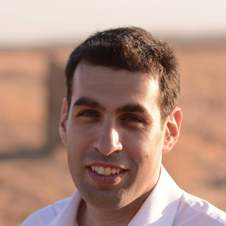 Mr. Elad Gil is an S.J.D. candidate at Duke Law School and the executive editor of The Arena: Diplomacy and Foreign Relations Quarterly at the school of Government at the Interdisciplinary Center Herzliya. He received an L.L.B in Law and M.B.A in Business Administration from the Hebrew University of Jerusalem and an L.L.M in International legal studies as a Fulbright scholar from American University School of Law. Before joining Duke, Elad was a researcher at the Israel Democracy Institute (IDI) and a member of the International Task Force on Terrorism, Democracy, and the Law with the Woodrow Wilson Center and the Max Planck Institute. Elad’s research interests are foreign relations and national security law, constitutional law, and separation of powers theory. His recent work on the effect of functionalism on the allocation of foreign affairs and national security powers is forthcoming at the Harvard National Security Journal.
Mr. Elad Gil is an S.J.D. candidate at Duke Law School and the executive editor of The Arena: Diplomacy and Foreign Relations Quarterly at the school of Government at the Interdisciplinary Center Herzliya. He received an L.L.B in Law and M.B.A in Business Administration from the Hebrew University of Jerusalem and an L.L.M in International legal studies as a Fulbright scholar from American University School of Law. Before joining Duke, Elad was a researcher at the Israel Democracy Institute (IDI) and a member of the International Task Force on Terrorism, Democracy, and the Law with the Woodrow Wilson Center and the Max Planck Institute. Elad’s research interests are foreign relations and national security law, constitutional law, and separation of powers theory. His recent work on the effect of functionalism on the allocation of foreign affairs and national security powers is forthcoming at the Harvard National Security Journal. Prof. Michael L. Gross is Professor of Political Science at The University of Haifa and former head of the School of Political Science. Specializing in military ethics and military medical ethics and related questions of national security, his latest books include Bioethics and Armed Conflict (MIT Press 2006); Moral Dilemmas of Modern War (Cambridge 2010); The Ethics of Insurgency (Cambridge 2015) and, most recently, Soft War: The Ethics of Unarmed Conflict, edited with Tamar Meisels (Cambridge, 2017). Prof. Gross is editor of the Routledge book series War, Conflict and Ethics and has led workshops on battlefield ethics, medicine and national security for the Dutch Ministry of Defense, The US Army Medical Department, the Defence Medical Services (UK), The US Naval Academy, The US Naval War College, the International Committee of Military Medicine and the Medical Corps and National Security College of the Israel Defense Forces.
Prof. Michael L. Gross is Professor of Political Science at The University of Haifa and former head of the School of Political Science. Specializing in military ethics and military medical ethics and related questions of national security, his latest books include Bioethics and Armed Conflict (MIT Press 2006); Moral Dilemmas of Modern War (Cambridge 2010); The Ethics of Insurgency (Cambridge 2015) and, most recently, Soft War: The Ethics of Unarmed Conflict, edited with Tamar Meisels (Cambridge, 2017). Prof. Gross is editor of the Routledge book series War, Conflict and Ethics and has led workshops on battlefield ethics, medicine and national security for the Dutch Ministry of Defense, The US Army Medical Department, the Defence Medical Services (UK), The US Naval Academy, The US Naval War College, the International Committee of Military Medicine and the Medical Corps and National Security College of the Israel Defense Forces.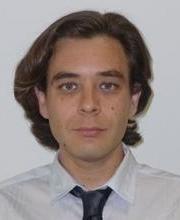 Nimrod Karin is a JSD candidate at New York University School of Law. He received his LLM in international legal studies from NYU in 2014. He received his LLB, magna cum laude, from Tel Aviv University, Israel (2006), where he was a teaching and research assistant in various fields, as well as a member of the editorial board of the journal Theoretical Inquiries in Law.
Nimrod Karin is a JSD candidate at New York University School of Law. He received his LLM in international legal studies from NYU in 2014. He received his LLB, magna cum laude, from Tel Aviv University, Israel (2006), where he was a teaching and research assistant in various fields, as well as a member of the editorial board of the journal Theoretical Inquiries in Law.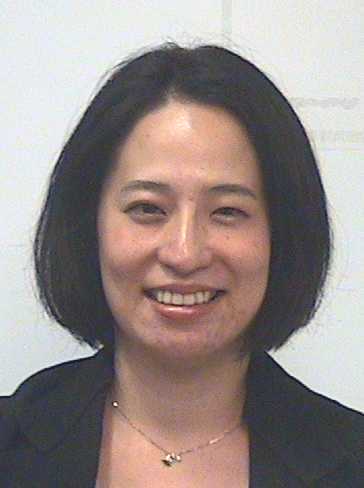 Dr. Yumiko Kita is an assistant researcher at the University of Sussex where she completed doctoral thesis: ‘A Lay Adjudication System as a Democratic Institution’. She has research background in international criminal law, international criminology, and comparative criminal law and criminal justice system. Her current research focuses on international terrorism and State legislative responses to it in the fulfilment of regional and international multilateral treaties and United Nations Security Council resolutions. She also participates a research project about human rights and humanitarian law, and her research focus in the project is about sexual violence and criminal justice procedures.
Dr. Yumiko Kita is an assistant researcher at the University of Sussex where she completed doctoral thesis: ‘A Lay Adjudication System as a Democratic Institution’. She has research background in international criminal law, international criminology, and comparative criminal law and criminal justice system. Her current research focuses on international terrorism and State legislative responses to it in the fulfilment of regional and international multilateral treaties and United Nations Security Council resolutions. She also participates a research project about human rights and humanitarian law, and her research focus in the project is about sexual violence and criminal justice procedures. Mr. Rajesh Kumar is full time Doctoral candidate at Faculty of Law, University of Delhi, India. He has completed his LL.B. and LL.M. from Faculty of law, University of Delhi. He also has M.A. (Masters) in Political Science. In 2018, he had participated in the Summer Academy organized by Max Planck Institute for European Legal History (MPIER), Frankfurt and in Max Planck Symposium for Alumni and Early Career Researchers, Berlin, Germany. His research interests are Public International Law, Constitutional Law, Federalism and Internal Security Issues etc.
Mr. Rajesh Kumar is full time Doctoral candidate at Faculty of Law, University of Delhi, India. He has completed his LL.B. and LL.M. from Faculty of law, University of Delhi. He also has M.A. (Masters) in Political Science. In 2018, he had participated in the Summer Academy organized by Max Planck Institute for European Legal History (MPIER), Frankfurt and in Max Planck Symposium for Alumni and Early Career Researchers, Berlin, Germany. His research interests are Public International Law, Constitutional Law, Federalism and Internal Security Issues etc. Ms. Keren Michaeli is the Head of Legal Department, UNHCR, Israel
Ms. Keren Michaeli is the Head of Legal Department, UNHCR, Israel  Prof. Stefan Oeter is a full Professor for German and Comparative Public Law and Public International Law, Managing Director of the Institute of International Affairs, University of Hamburg Law School (since 1999); studied law at the universities of Heidelberg and Montpellier; 1987-1997 research fellow at the Max Planck Institute for Comparative Public and Public International Law, Heidelberg; 1990 Dr. iur. utr. (Heidelberg); Chairman (since 2006) of the Independent Committee of Experts of the European Charter for Regional or Minority Languages (Council of Europe); Member of the Scientific Advisory Board of the Federal Ministry of Transport; President of the Historical Commission, International Society for Military Law and the Laws of War; Member of the Permanent Court of Arbitration; research mainly in comparative federalism, minority protection and human rights law, humanitarian law, European and international economic law, theory of international law and international relations.
Prof. Stefan Oeter is a full Professor for German and Comparative Public Law and Public International Law, Managing Director of the Institute of International Affairs, University of Hamburg Law School (since 1999); studied law at the universities of Heidelberg and Montpellier; 1987-1997 research fellow at the Max Planck Institute for Comparative Public and Public International Law, Heidelberg; 1990 Dr. iur. utr. (Heidelberg); Chairman (since 2006) of the Independent Committee of Experts of the European Charter for Regional or Minority Languages (Council of Europe); Member of the Scientific Advisory Board of the Federal Ministry of Transport; President of the Historical Commission, International Society for Military Law and the Laws of War; Member of the Permanent Court of Arbitration; research mainly in comparative federalism, minority protection and human rights law, humanitarian law, European and international economic law, theory of international law and international relations.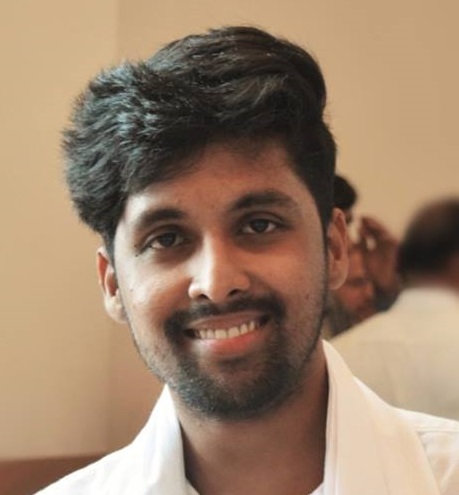 Mr. Muhsin Puthan Purayil is a PhD Candidate in Political Science at the University of Hyderabad, India. His research concerns India’s public diplomacy. Muhsin holds a masters degree in Political science from the same university. He has worked as an intern at the National Human Rights Commission (NHRC) of India. He is a recipient of research fellowship from the University Grants Commission (UGC) of India for his doctoral research since 2017. His research interests include International Relations, diplomacy, human rights and national security.
Mr. Muhsin Puthan Purayil is a PhD Candidate in Political Science at the University of Hyderabad, India. His research concerns India’s public diplomacy. Muhsin holds a masters degree in Political science from the same university. He has worked as an intern at the National Human Rights Commission (NHRC) of India. He is a recipient of research fellowship from the University Grants Commission (UGC) of India for his doctoral research since 2017. His research interests include International Relations, diplomacy, human rights and national security. Riccardo Salabè studied at the Faculty of Law at Roma Tre University in Rome. His interest in international law was born after participation in the International Criminal Court Moot Court Competition in 2015. In 2016 he was granted a scholarship by his University to spend a semester for research purposes at the Shanghai International Studies University. In 2017 he participated again at the ICC Moot Court as coach of the Italian team and concluded his academic career at the University of Roma 3, graduating in December. During the academic year 2017/18, he attended the Master in Diplomacy and International relations at the SIOI institute in Rome.
Riccardo Salabè studied at the Faculty of Law at Roma Tre University in Rome. His interest in international law was born after participation in the International Criminal Court Moot Court Competition in 2015. In 2016 he was granted a scholarship by his University to spend a semester for research purposes at the Shanghai International Studies University. In 2017 he participated again at the ICC Moot Court as coach of the Italian team and concluded his academic career at the University of Roma 3, graduating in December. During the academic year 2017/18, he attended the Master in Diplomacy and International relations at the SIOI institute in Rome. Prof. Eli M. Salzberger was the Dean of the Faculty of Law at the University of Haifa and the President of the European Association for Law and Economics. He is a graduate of the Hebrew University Faculty of Law (1st in class). He clerked for Chief Justices Aharon Barak and Dorit Beinish. He wrote his doctorate at Oxford University on the economic analysis of the doctrine of separation of powers. His research and teaching areas are legal theory and philosophy, economic analysis of law, legal ethics, cyberspace and the Israeli Supreme Court. He has published more than 40 scientific articles. His latest book (co-authored with Niva Elkin-Koren) is The Law and Economics of Intellectual Property in the Digital Age: The Limits of Analysis (Routledge 2012), preceded by Law, Economic and Cyberspace (Edward Elgar 2004). He was a member of the board of directors of the Association for Civil Rights in Israel, of the public council of the Israeli Democracy Institute and of a State commission for reform in performers’ rights in Israel. He was awarded various grants and fellowships, among them Rothschild, Minerva, GIF, ISF, Fulbright, ORS and British Council. Salzberger was a visiting professor at various universities including Princeton, University of Hamburg, Humboldt University, University of Torino, Miami Law School, University of St. Galen and UCLA. Currently he is the director of the Haifa Center for German and European Studies, the director of the Minerva Center for the Study of the Rule of Law under Extreme Conditions and he is the co-director of the International Academy for Judges at the University of Haifa Faculty of Law.
Prof. Eli M. Salzberger was the Dean of the Faculty of Law at the University of Haifa and the President of the European Association for Law and Economics. He is a graduate of the Hebrew University Faculty of Law (1st in class). He clerked for Chief Justices Aharon Barak and Dorit Beinish. He wrote his doctorate at Oxford University on the economic analysis of the doctrine of separation of powers. His research and teaching areas are legal theory and philosophy, economic analysis of law, legal ethics, cyberspace and the Israeli Supreme Court. He has published more than 40 scientific articles. His latest book (co-authored with Niva Elkin-Koren) is The Law and Economics of Intellectual Property in the Digital Age: The Limits of Analysis (Routledge 2012), preceded by Law, Economic and Cyberspace (Edward Elgar 2004). He was a member of the board of directors of the Association for Civil Rights in Israel, of the public council of the Israeli Democracy Institute and of a State commission for reform in performers’ rights in Israel. He was awarded various grants and fellowships, among them Rothschild, Minerva, GIF, ISF, Fulbright, ORS and British Council. Salzberger was a visiting professor at various universities including Princeton, University of Hamburg, Humboldt University, University of Torino, Miami Law School, University of St. Galen and UCLA. Currently he is the director of the Haifa Center for German and European Studies, the director of the Minerva Center for the Study of the Rule of Law under Extreme Conditions and he is the co-director of the International Academy for Judges at the University of Haifa Faculty of Law.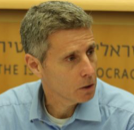 Prof. Yuval Shany is the Hersch Lauterpacht Chair in International Law at the Law Faculty of the Hebrew University of Jerusalem. He is also a member of the UN Human Rights Committee since 2013 and currently serves as its chair. Yuval Shany is the Vice-President of the Israeli Democracy Institute.
Prof. Yuval Shany is the Hersch Lauterpacht Chair in International Law at the Law Faculty of the Hebrew University of Jerusalem. He is also a member of the UN Human Rights Committee since 2013 and currently serves as its chair. Yuval Shany is the Vice-President of the Israeli Democracy Institute.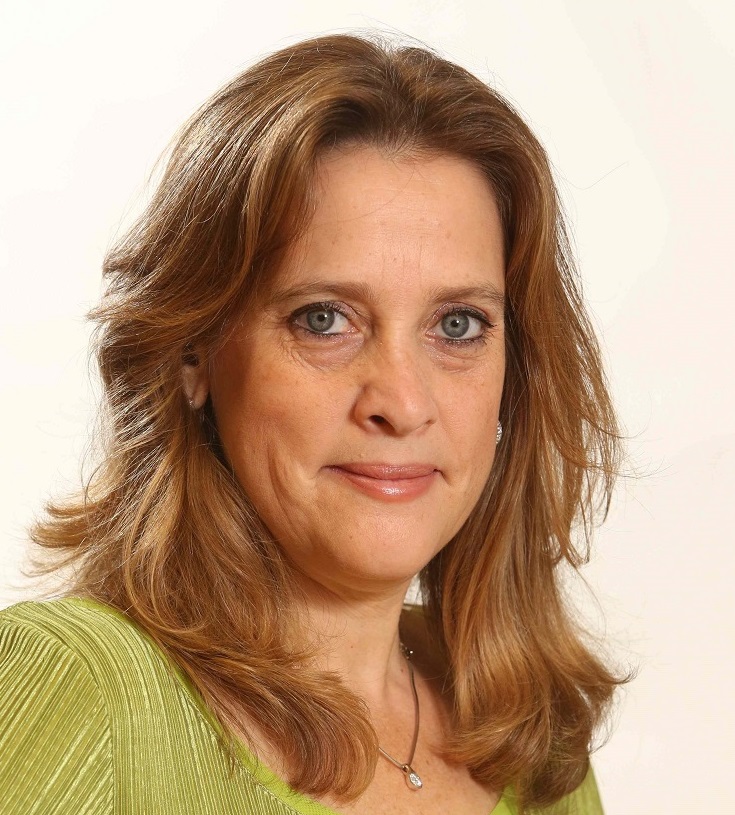 Col (ret.) Adv. Pnina Sharvit Baruch is a senior research fellow and the head of the program on law and national security at the Israel Institute for National Security Studies (INSS). She retired from the Israel Defense Forces in 2009 at the rank of Colonel after twenty years in the International Law Department, heading the Department from 2003. In this capacity she was responsible for advising the IDF and the GOI on issues relating to international law, including on the laws of armed conflict and counter-terrorism. She also served as a member of Israel's delegations to the negotiations with the Palestinians and with Syria. After 2009 she taught courses on public international law and on the legal aspects of the Israel – Arab conflict in the law faculty of the Tel-Aviv University.
Col (ret.) Adv. Pnina Sharvit Baruch is a senior research fellow and the head of the program on law and national security at the Israel Institute for National Security Studies (INSS). She retired from the Israel Defense Forces in 2009 at the rank of Colonel after twenty years in the International Law Department, heading the Department from 2003. In this capacity she was responsible for advising the IDF and the GOI on issues relating to international law, including on the laws of armed conflict and counter-terrorism. She also served as a member of Israel's delegations to the negotiations with the Palestinians and with Syria. After 2009 she taught courses on public international law and on the legal aspects of the Israel – Arab conflict in the law faculty of the Tel-Aviv University.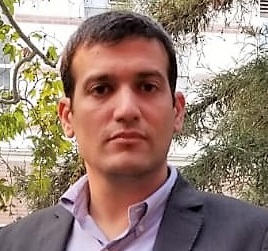 Mr. Yahli Shereshevsky is a Post-Doctoral Fellow at the Minerva Center for the Rule of Law under Extreme Conditions. He is an international lawyer and his research focuses mainly on international humanitarian law, international lawmaking, the use of force and international criminal law.
Mr. Yahli Shereshevsky is a Post-Doctoral Fellow at the Minerva Center for the Rule of Law under Extreme Conditions. He is an international lawyer and his research focuses mainly on international humanitarian law, international lawmaking, the use of force and international criminal law.  Prof. Daniel Statman is head of the philosophy department at the University of Haifa and former chair of the Israeli Philosophical Association. His areas of specialization are ethics, political philosophy, moral psychology, and Jewish philosophy. He is author and editor of many books and articles, including Moral Dilemmas, Religion and Morality, Moral Luck, and Virtue Ethics. His most recent (co-authored) books areState and Religion in Israel (Cambridge University Press, in print) and War by Agreement: A Contractarian Defense of Just War Theory (Oxford University Press, also in print).
Prof. Daniel Statman is head of the philosophy department at the University of Haifa and former chair of the Israeli Philosophical Association. His areas of specialization are ethics, political philosophy, moral psychology, and Jewish philosophy. He is author and editor of many books and articles, including Moral Dilemmas, Religion and Morality, Moral Luck, and Virtue Ethics. His most recent (co-authored) books areState and Religion in Israel (Cambridge University Press, in print) and War by Agreement: A Contractarian Defense of Just War Theory (Oxford University Press, also in print).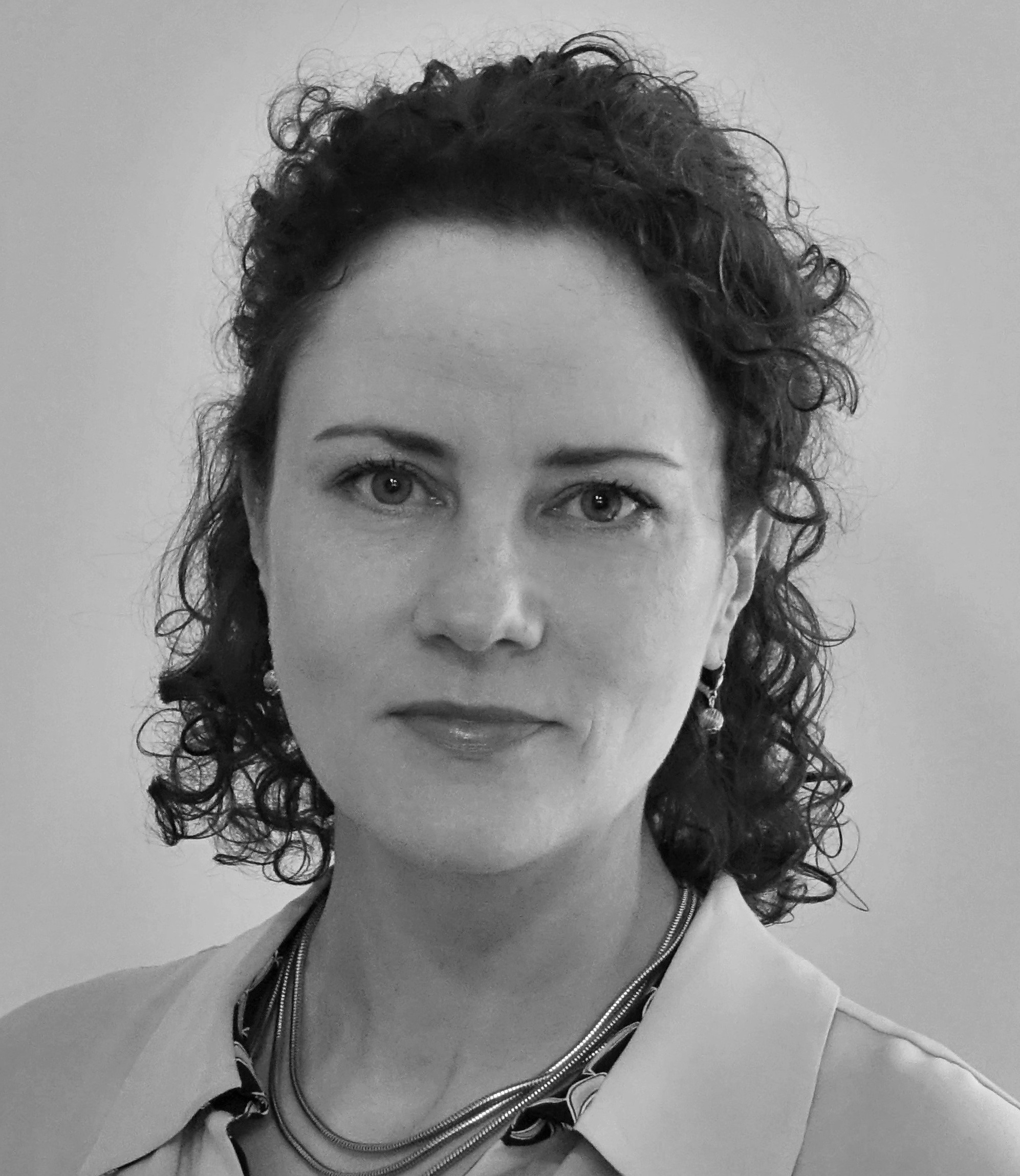 Dr. Kimberley Trapp is Vice Dean (International) and Associate Professor of Public International Law at the Faculty of Laws, UCL. Prior to joining UCL in 2012, she was a Lecturer at Newnham College and an Affiliated Lecturer at the Faculty of Law, University of Cambridge. Kimberley obtained a BA (philosophy), BCL and LLB (all with great distinction) at McGill University, and an LLM and PhD at the University of Cambridge. Kimberley's doctoral thesis was awarded the Cambridge Yorke Prize for a dissertation of distinction, and is the basis of her OUP monograph
Dr. Kimberley Trapp is Vice Dean (International) and Associate Professor of Public International Law at the Faculty of Laws, UCL. Prior to joining UCL in 2012, she was a Lecturer at Newnham College and an Affiliated Lecturer at the Faculty of Law, University of Cambridge. Kimberley obtained a BA (philosophy), BCL and LLB (all with great distinction) at McGill University, and an LLM and PhD at the University of Cambridge. Kimberley's doctoral thesis was awarded the Cambridge Yorke Prize for a dissertation of distinction, and is the basis of her OUP monograph 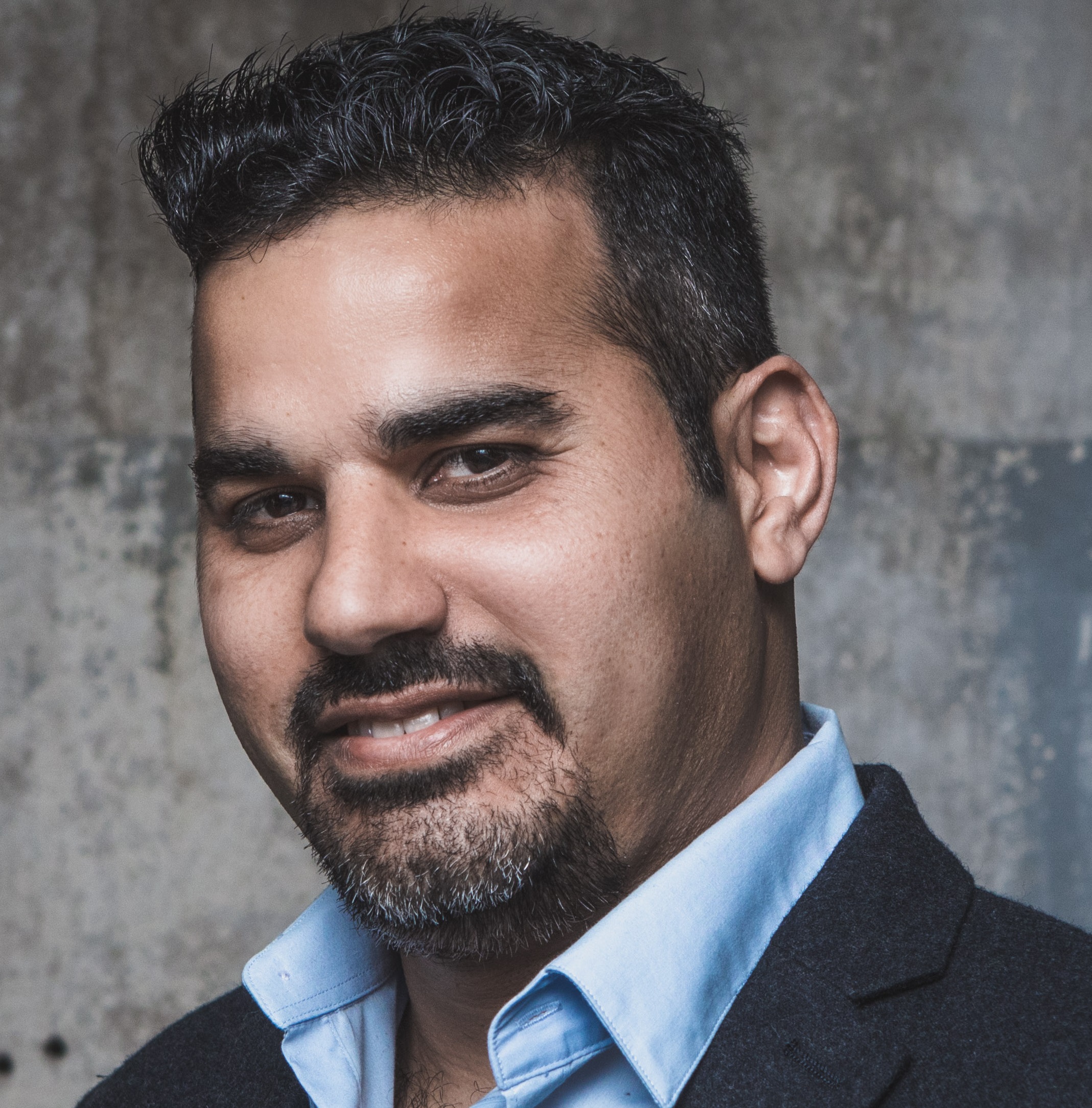 Mr. Elad Uzan is a Ph.D. candidate at the Zvi Meitar Center for Advanced Legal Studies at Tel Aviv University, and a Visiting Scholar at Harvard Law School Program on International Law and Armed Conflict (HLS PILAC). In 2016-2018 he was a Research Fellow at the ERC-funded GlobalTrust - Sovereigns as Trustees of Humanity research project.
Mr. Elad Uzan is a Ph.D. candidate at the Zvi Meitar Center for Advanced Legal Studies at Tel Aviv University, and a Visiting Scholar at Harvard Law School Program on International Law and Armed Conflict (HLS PILAC). In 2016-2018 he was a Research Fellow at the ERC-funded GlobalTrust - Sovereigns as Trustees of Humanity research project.